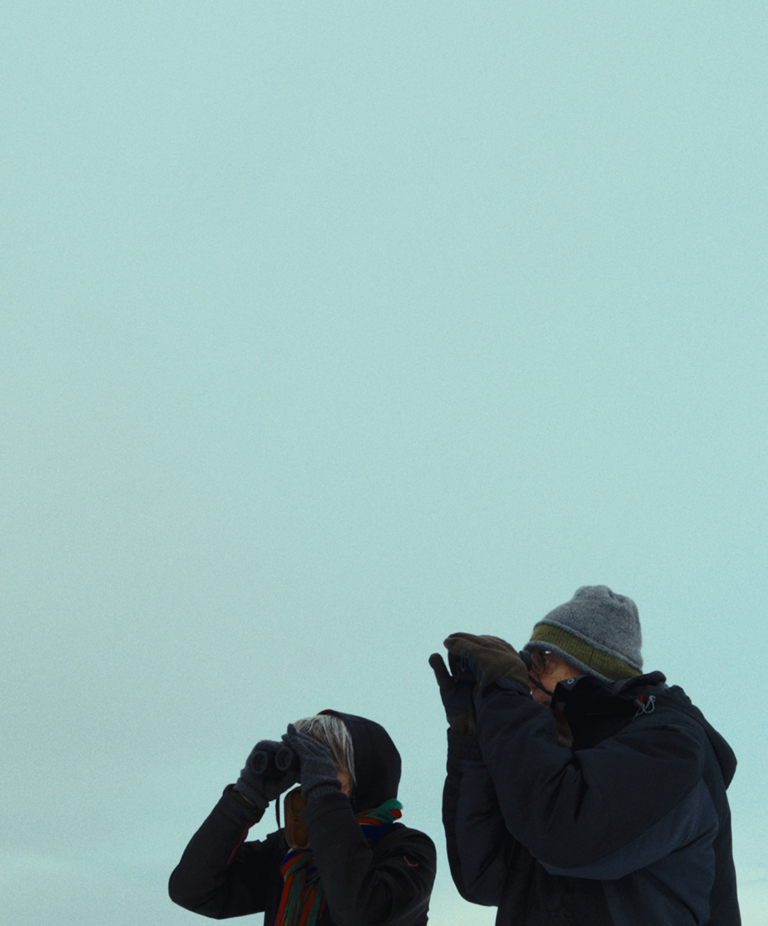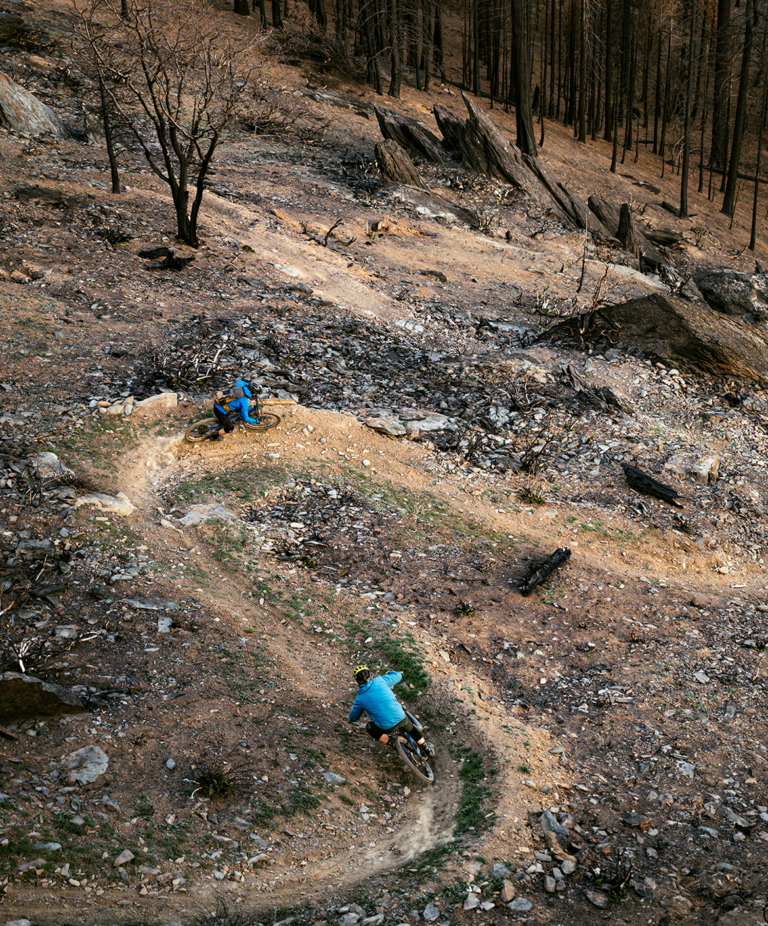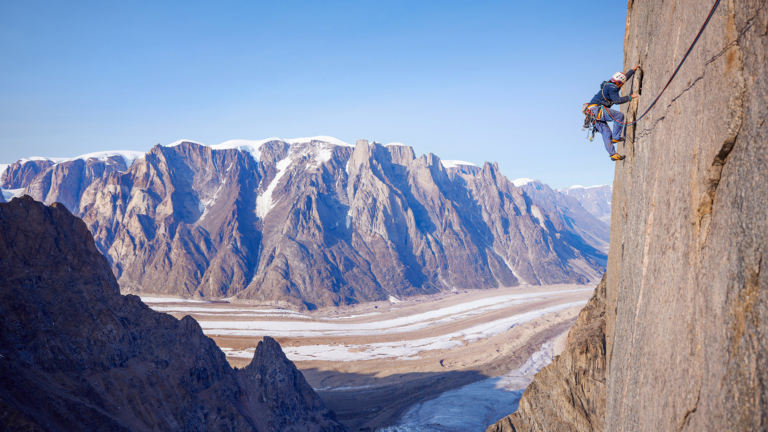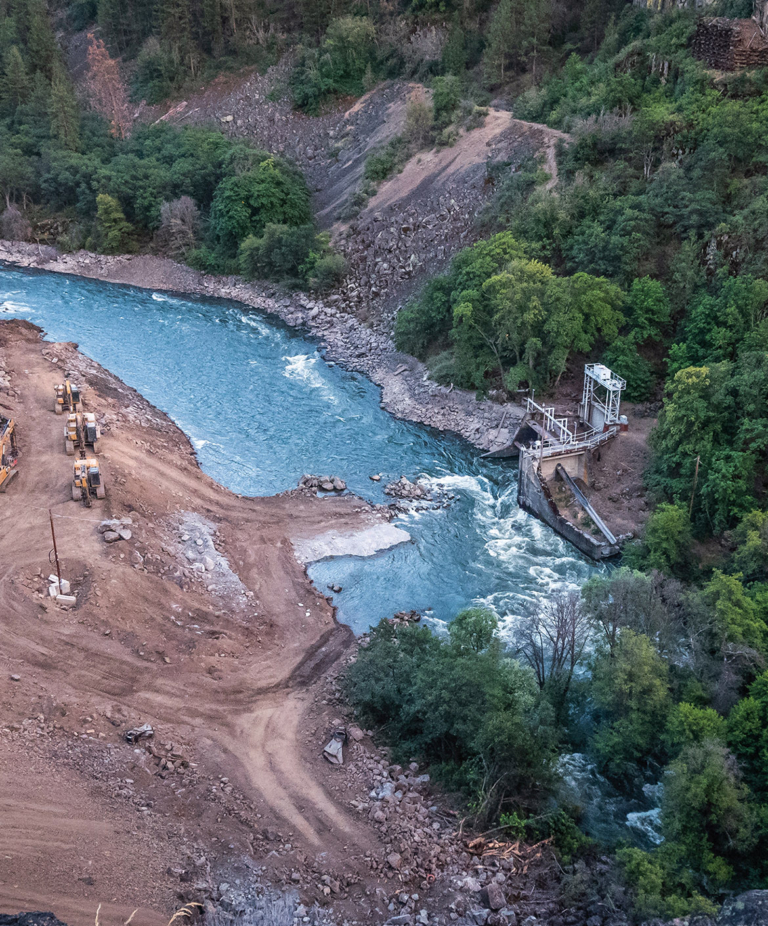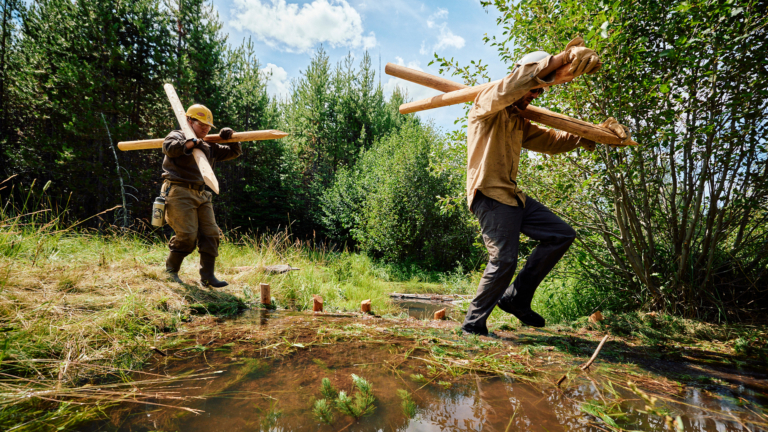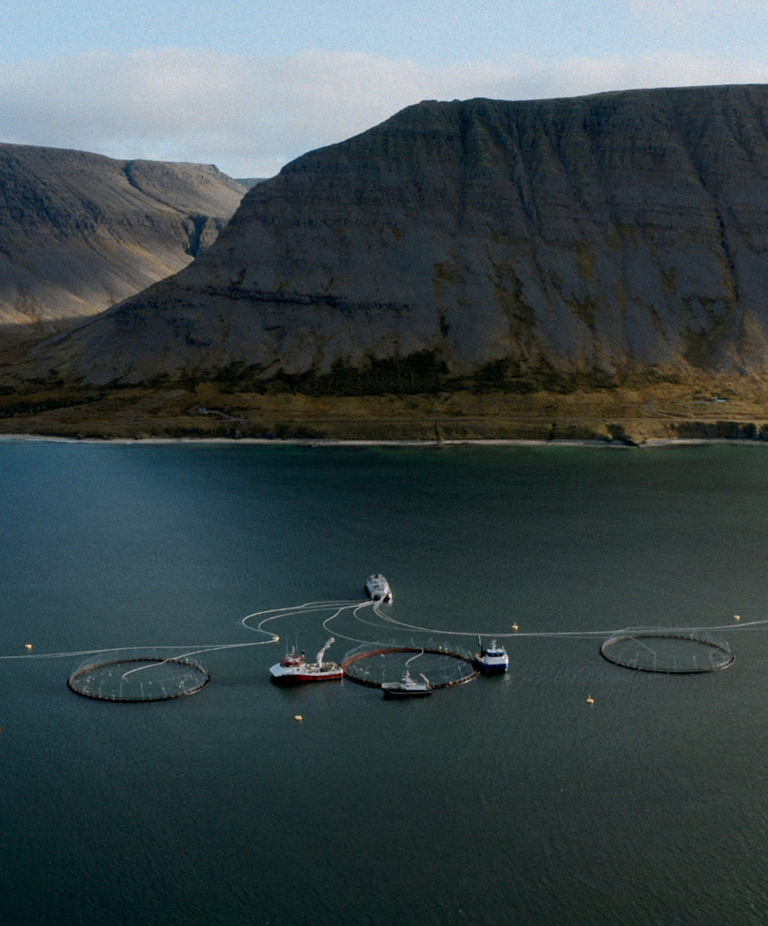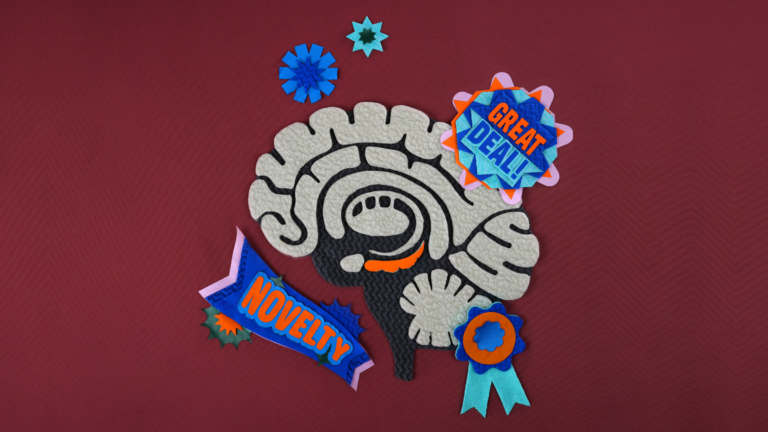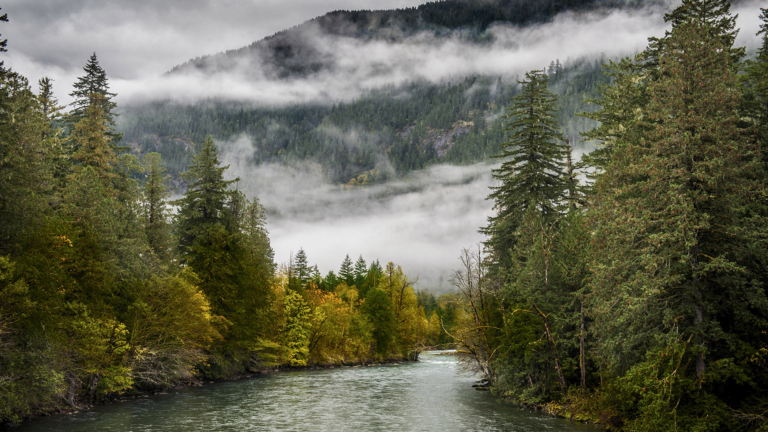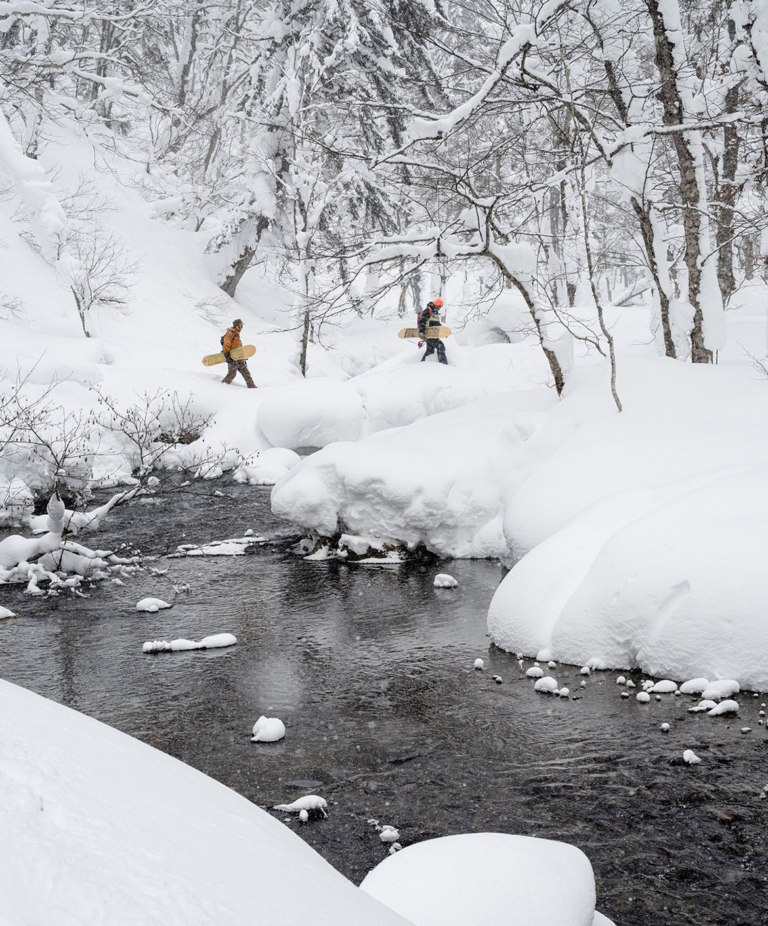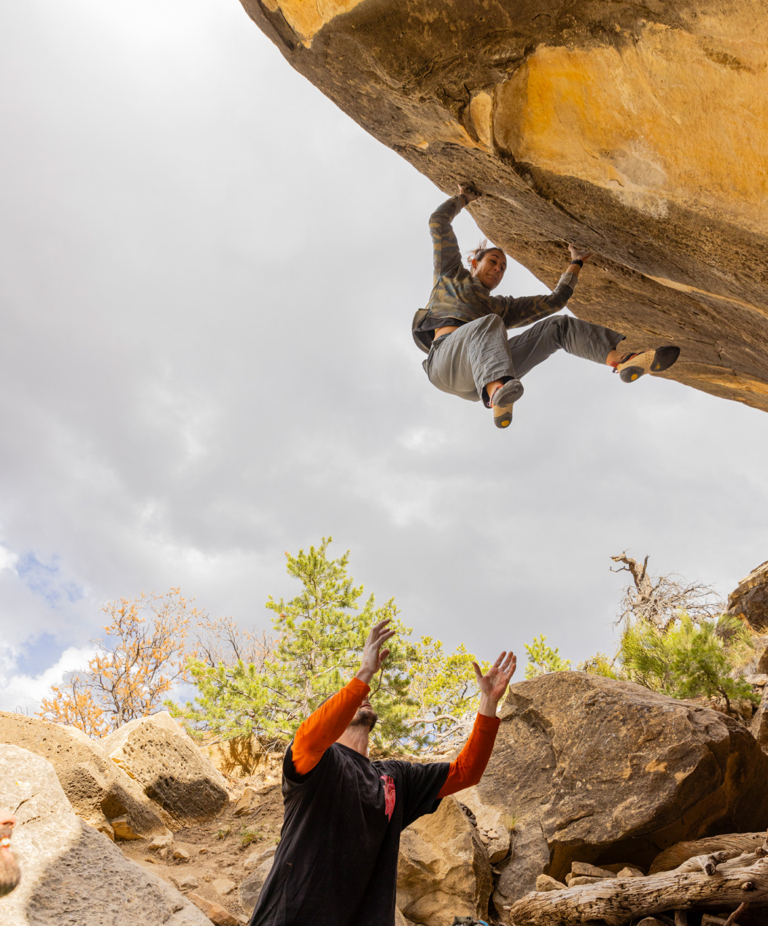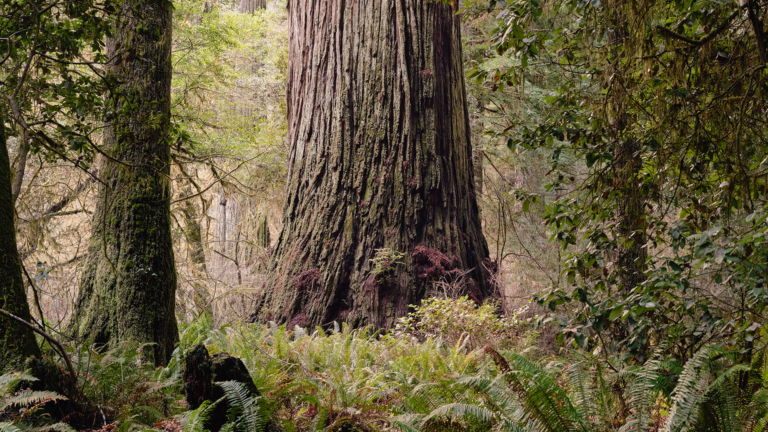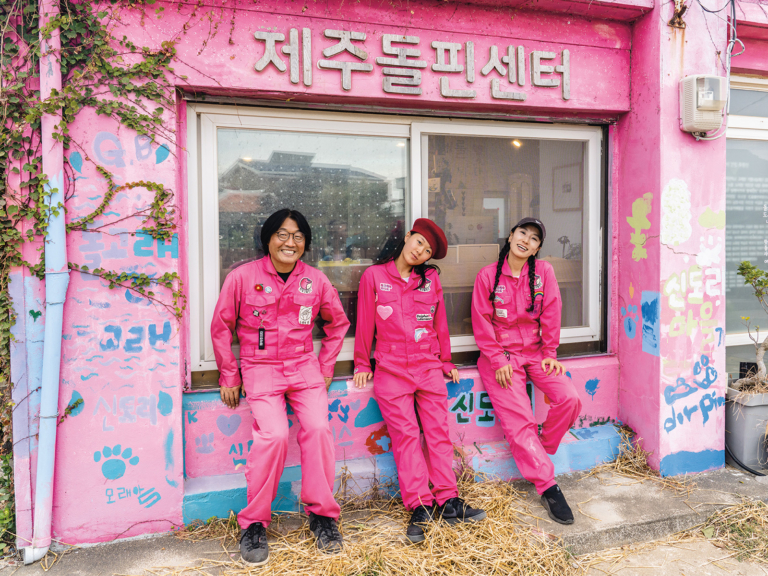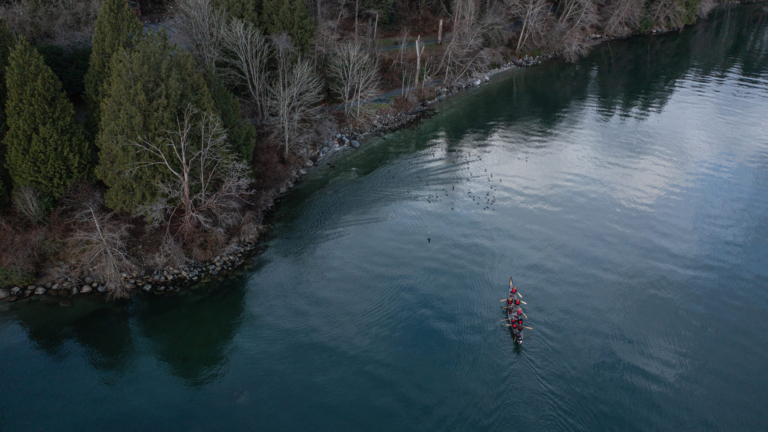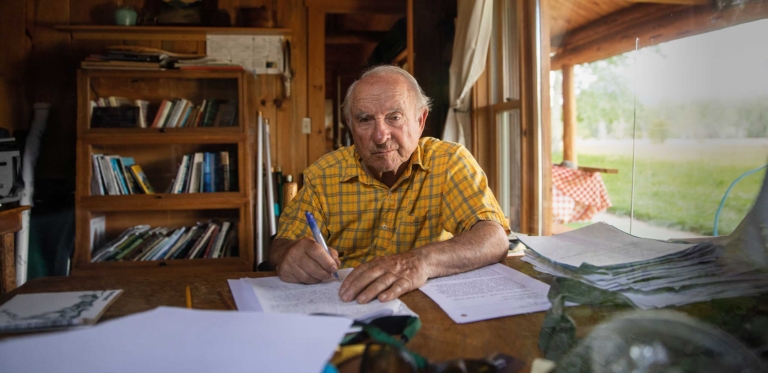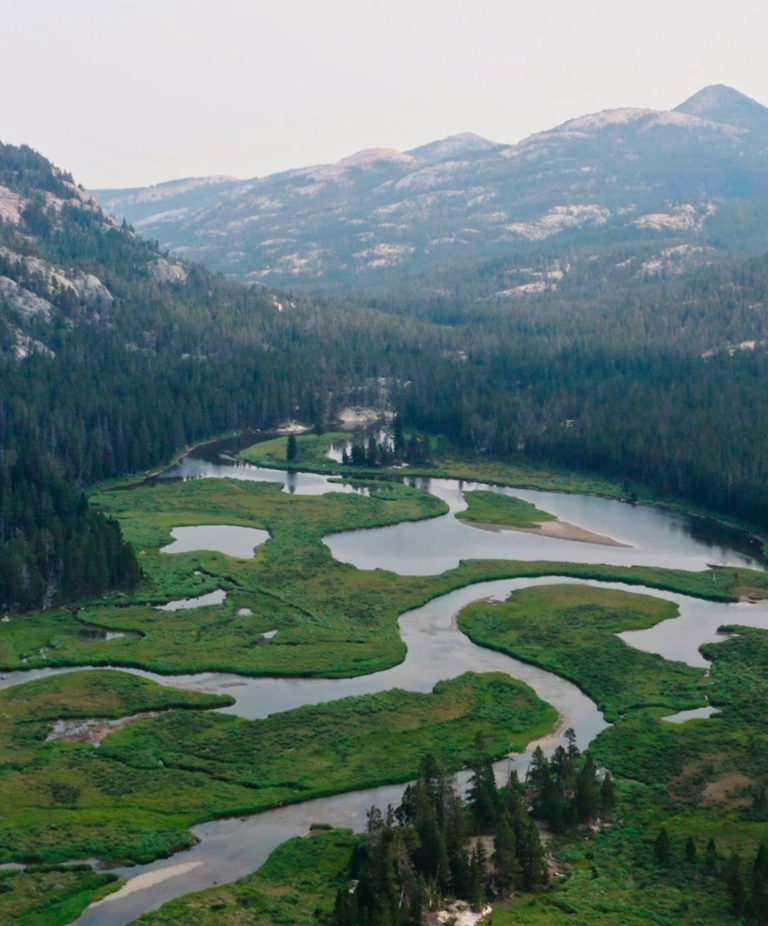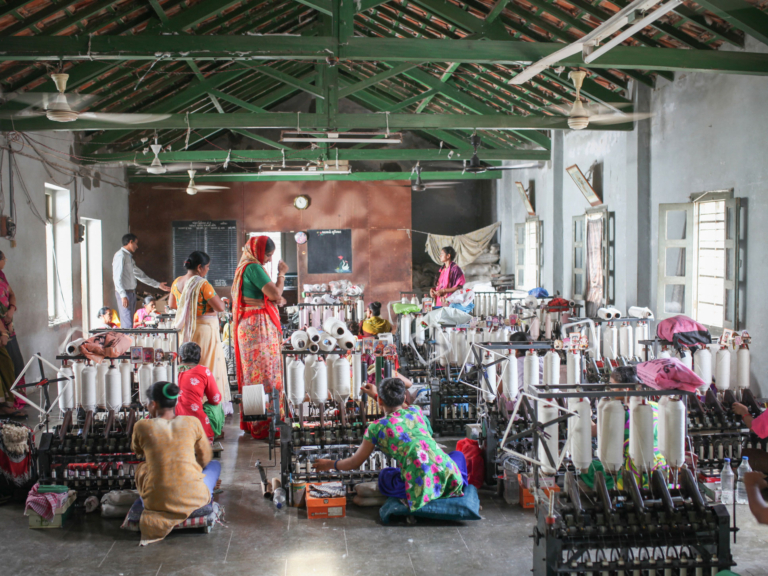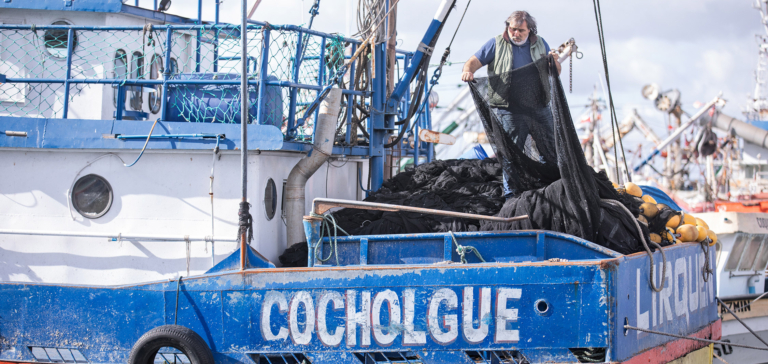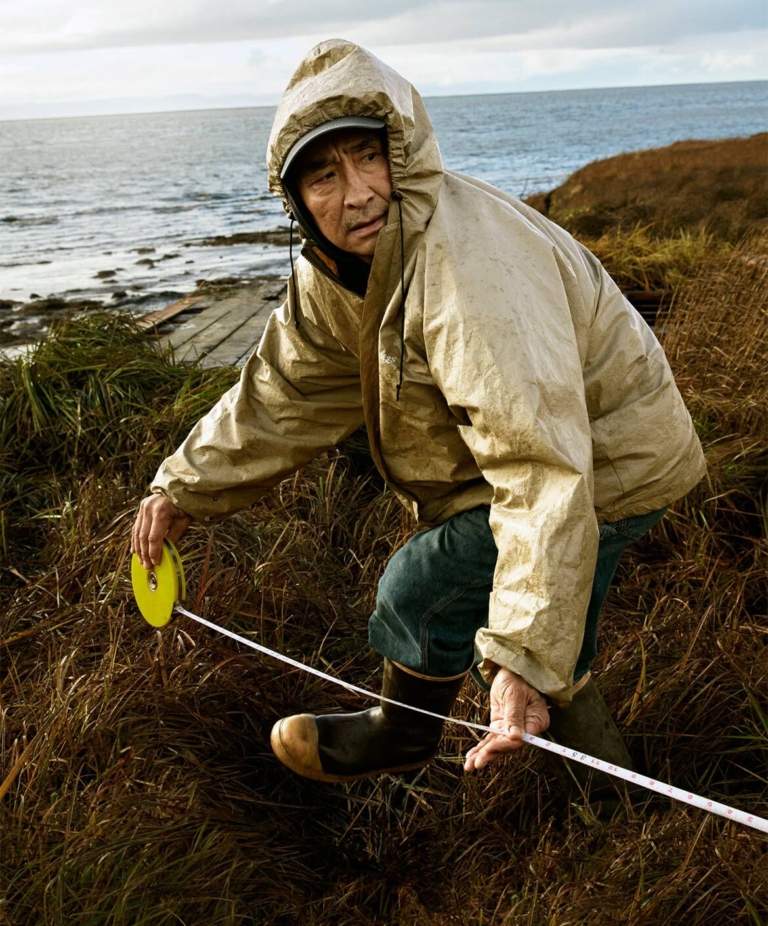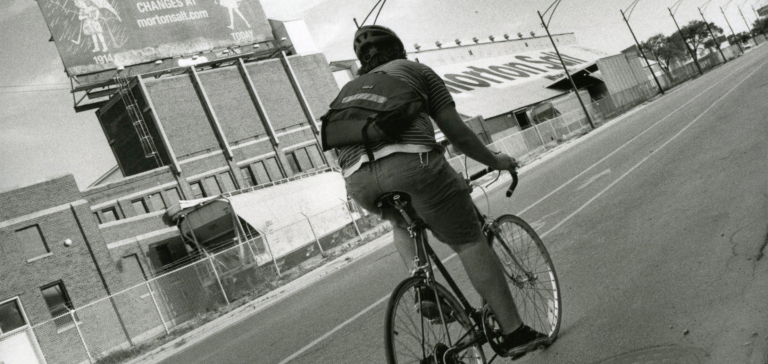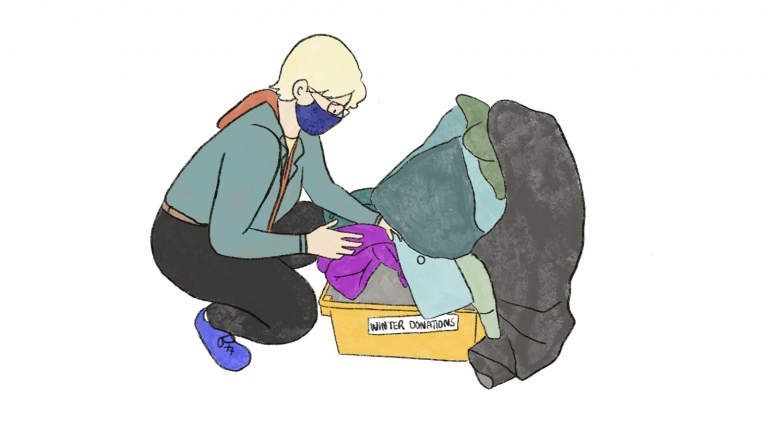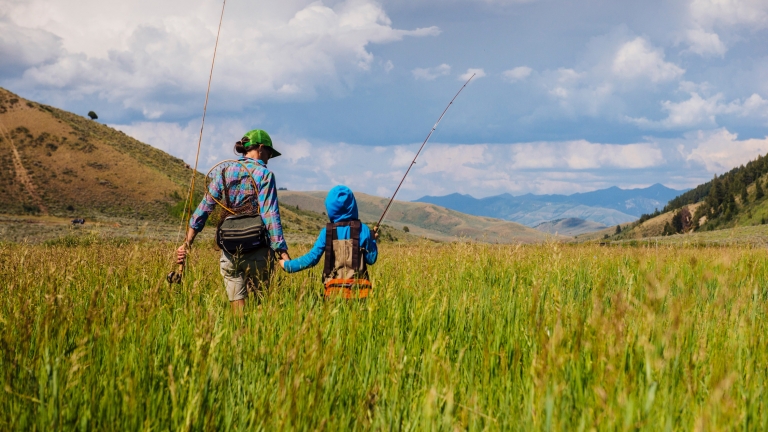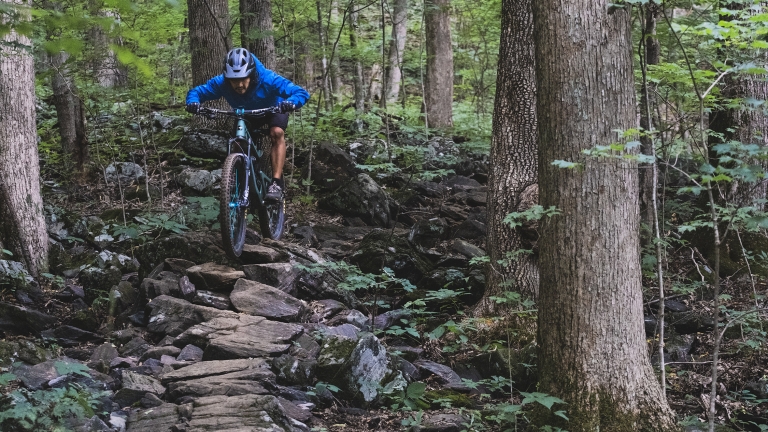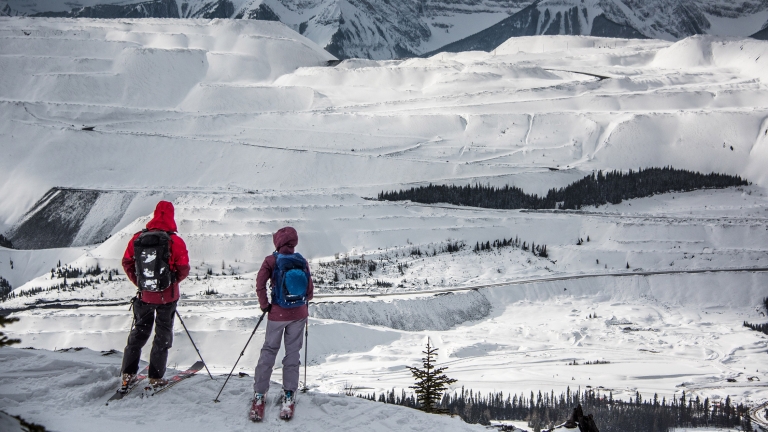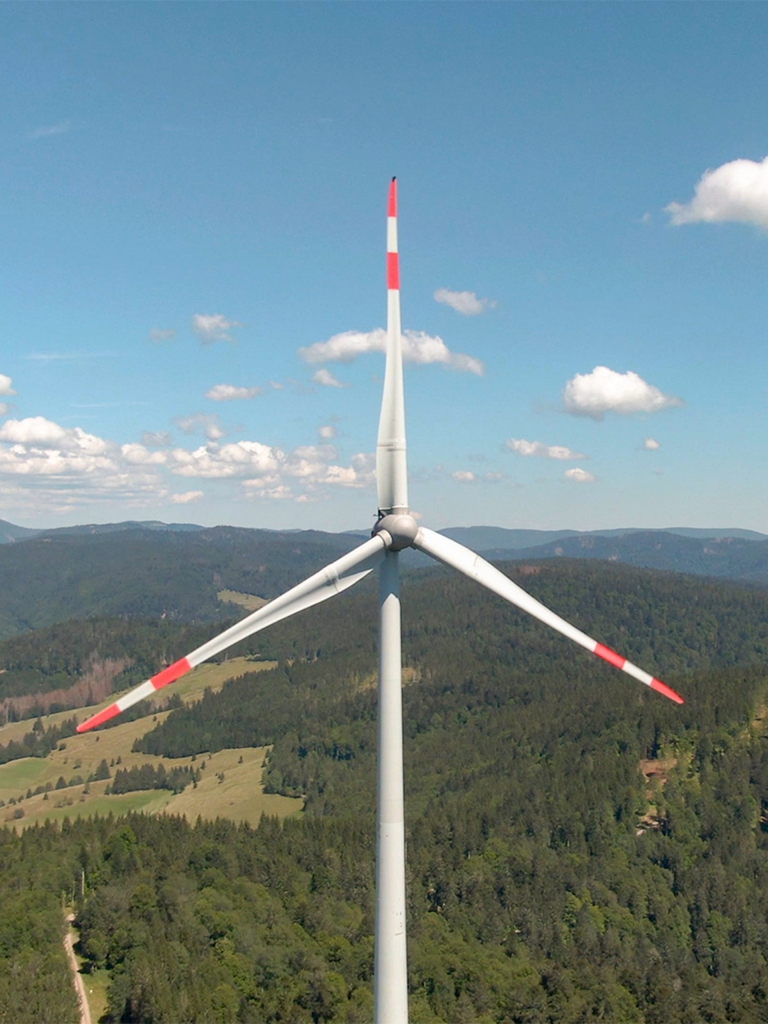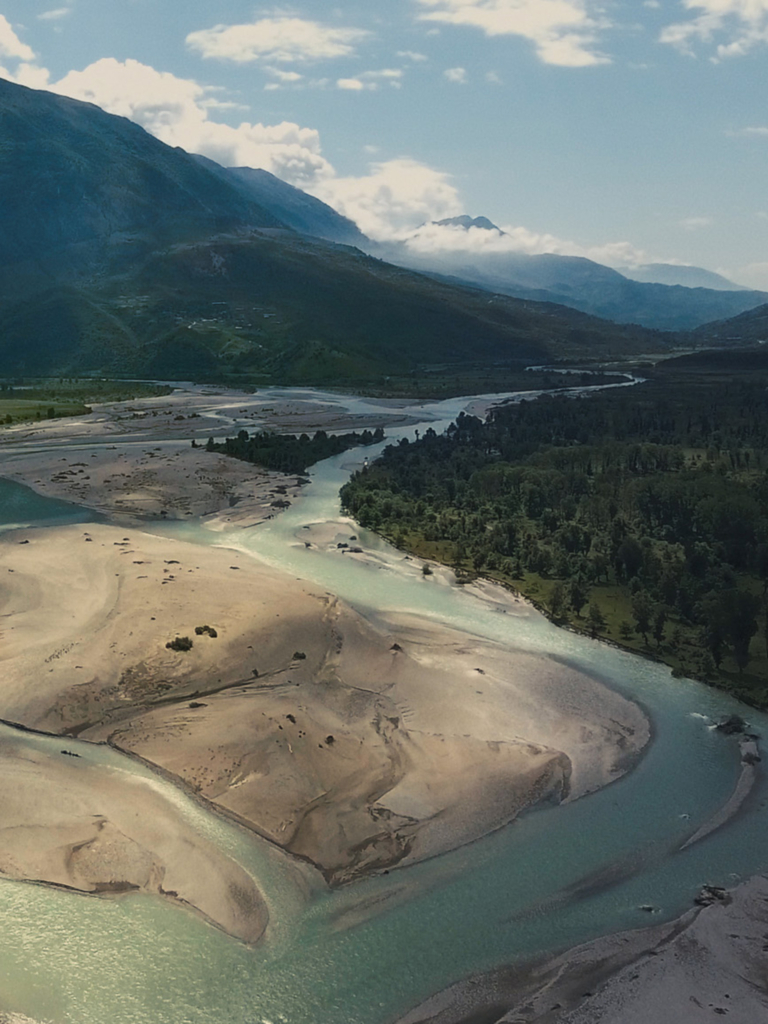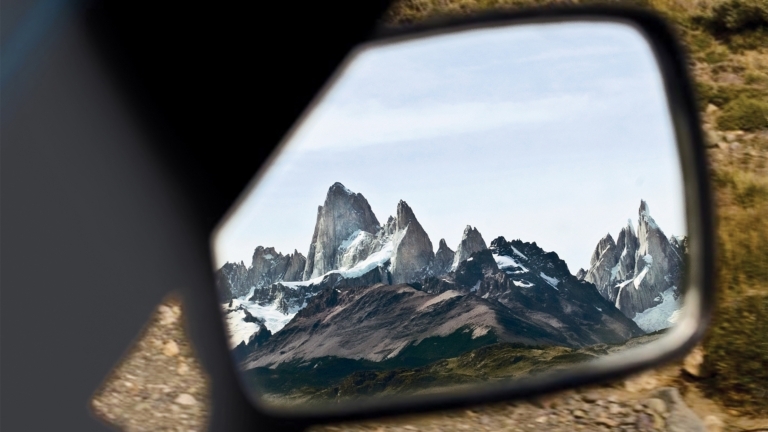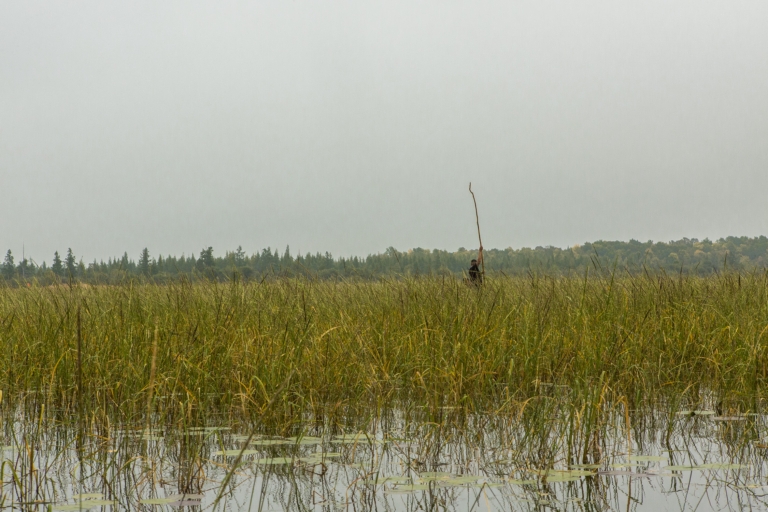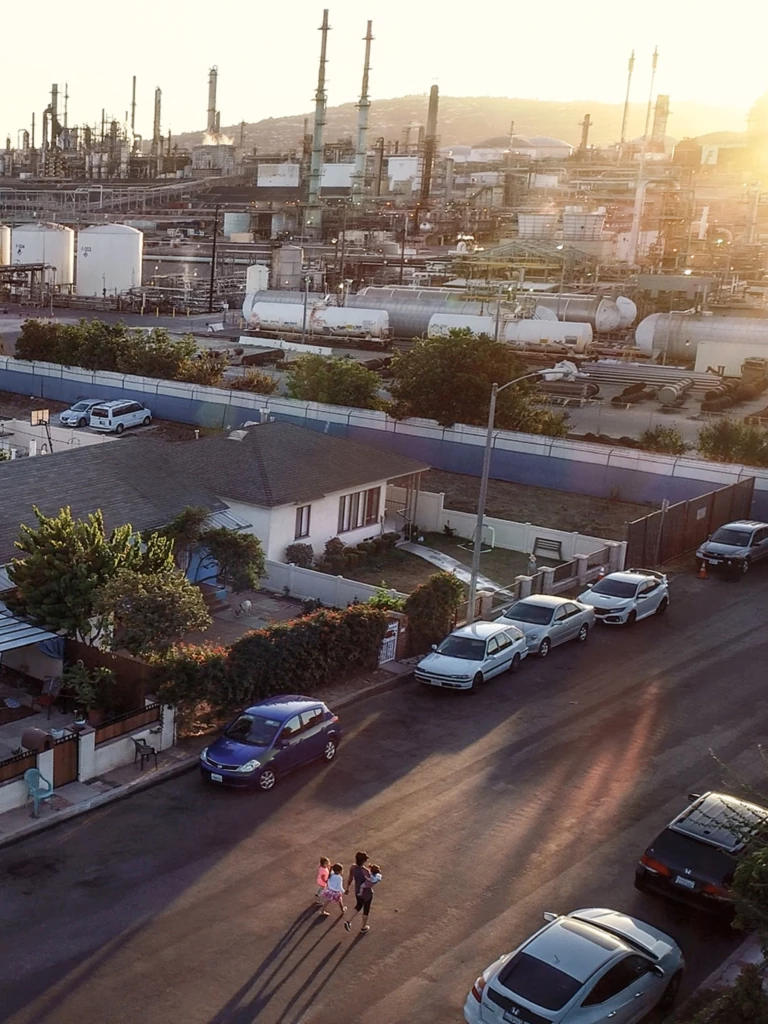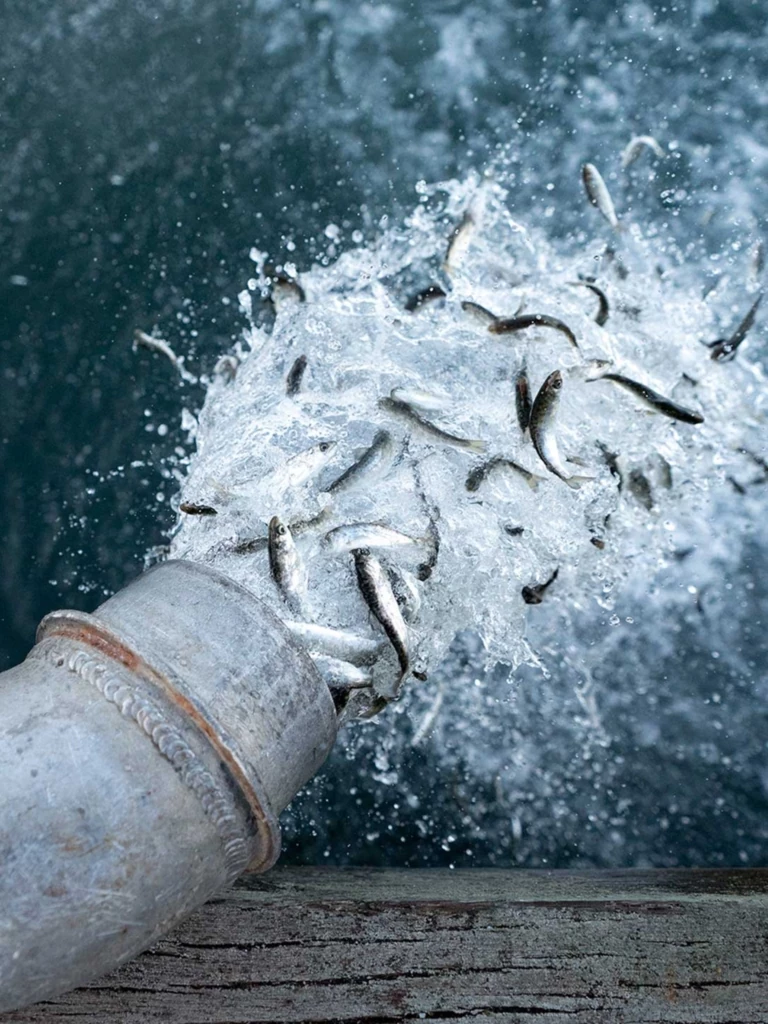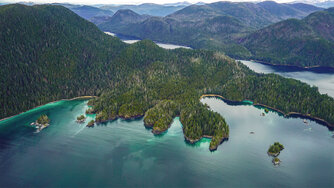
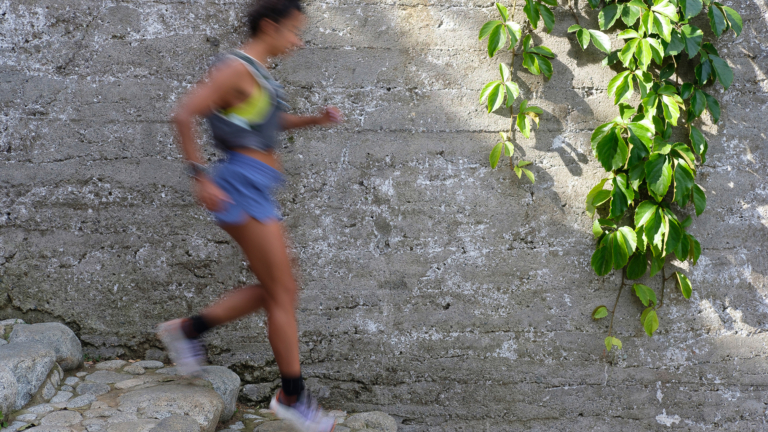
After years of trying to fit in with Western trail culture, one runner realizes that what she’s been missing lies in the Colombian mountains of her youth.
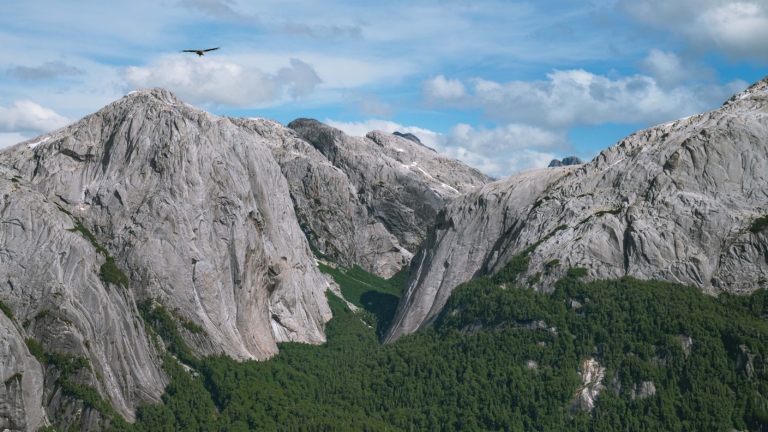
Inside the efforts to protect Chile’s Cochamó Valley from developers and overtourism.
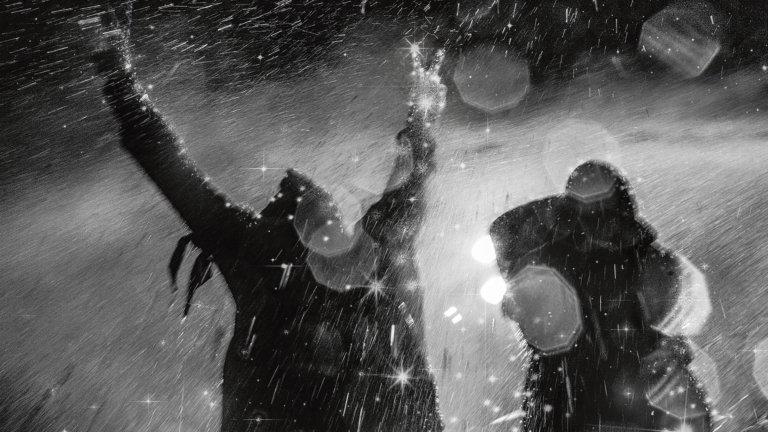
Protest works. That’s why it’s under attack.

In Trump’s second term, environmental lawyers are getting more strategic—and assertive.
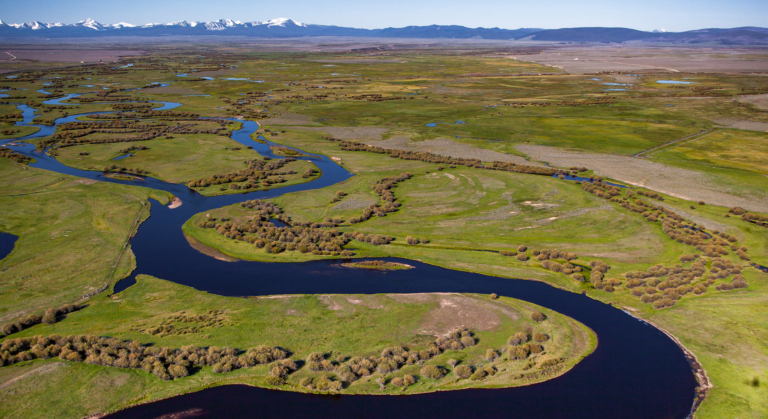
Wild trout populations in Southwest Montana have collapsed. Save Wild Trout says enough is enough.
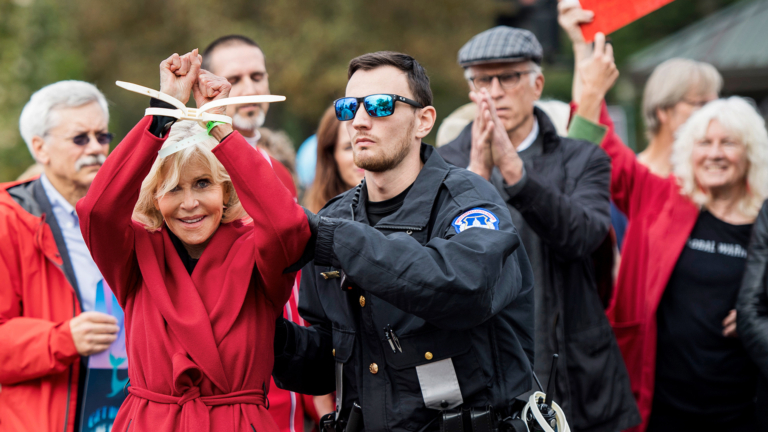
I’ve been angry at politicians for as long as I’ve been an activist. Here’s why I still vote.
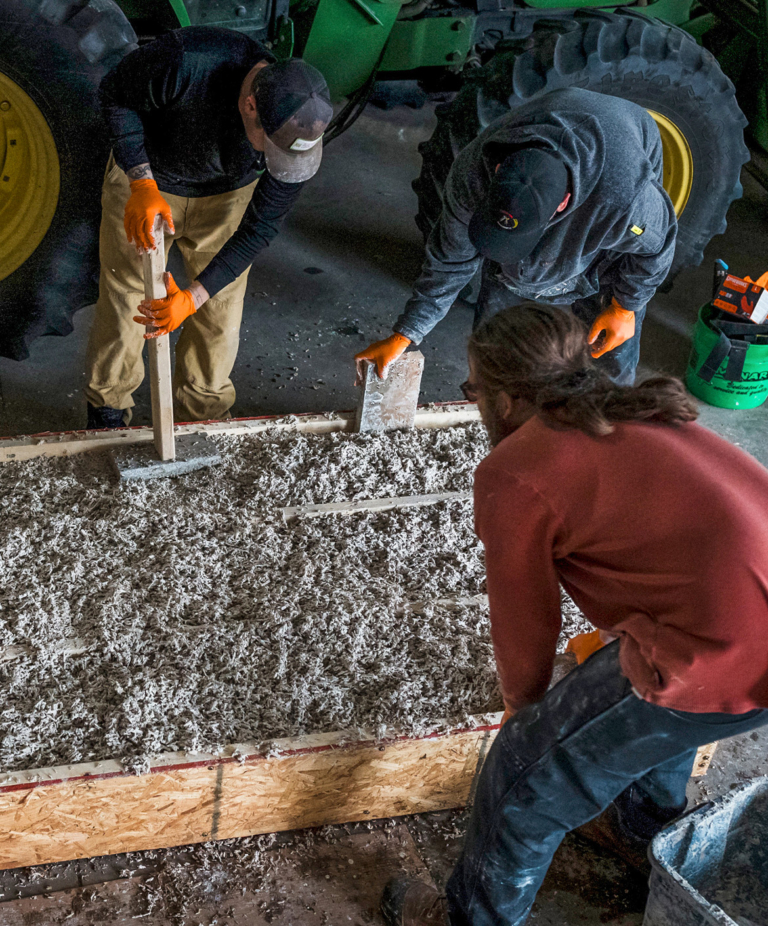
The biggest strides in hempcrete construction are going down on one of the smallest Native American reservations.
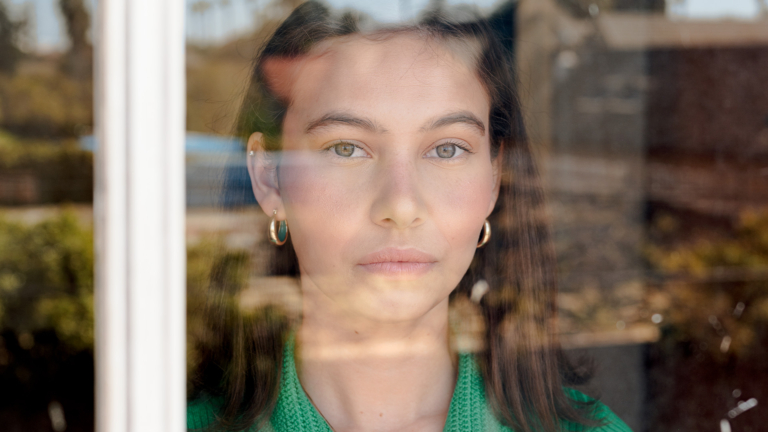
Will you vote for climate action this November or wait until your own life is at risk?
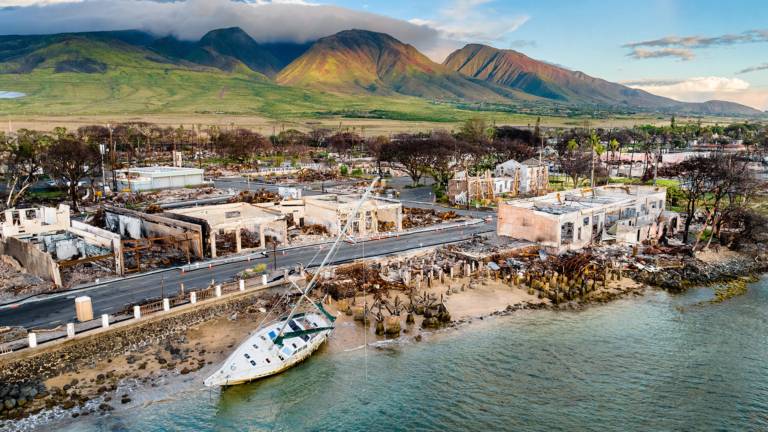
After a devastating wildfire, the community of West Maui continues to recover and rebuild.
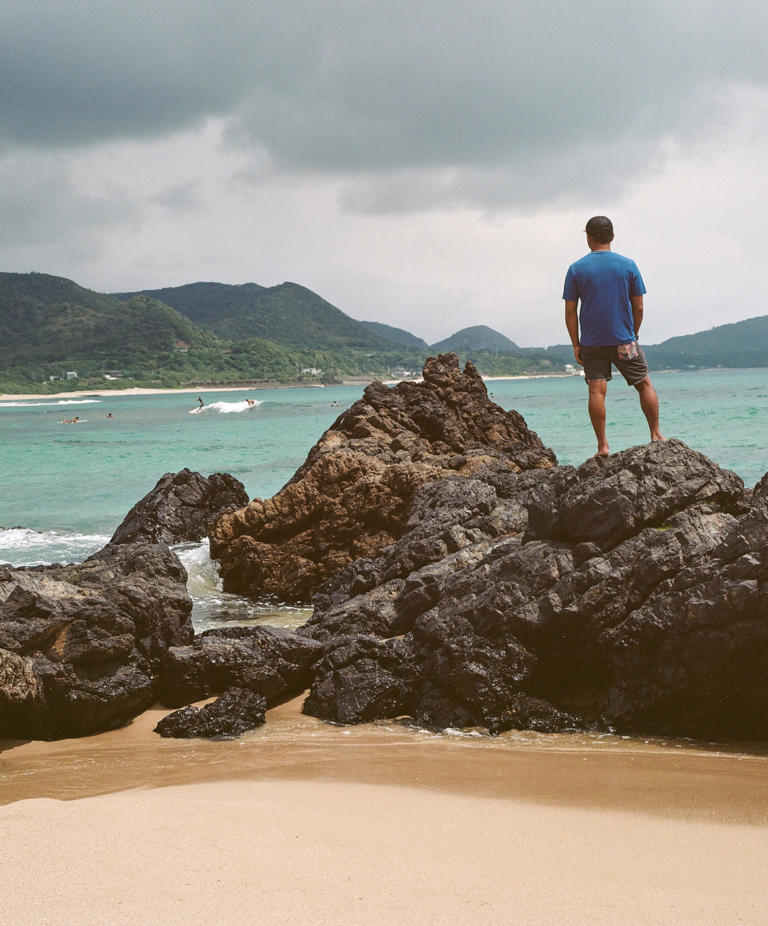
For surfer Yusei Ikariyama to save his home waters, he’ll have to first unite his community.
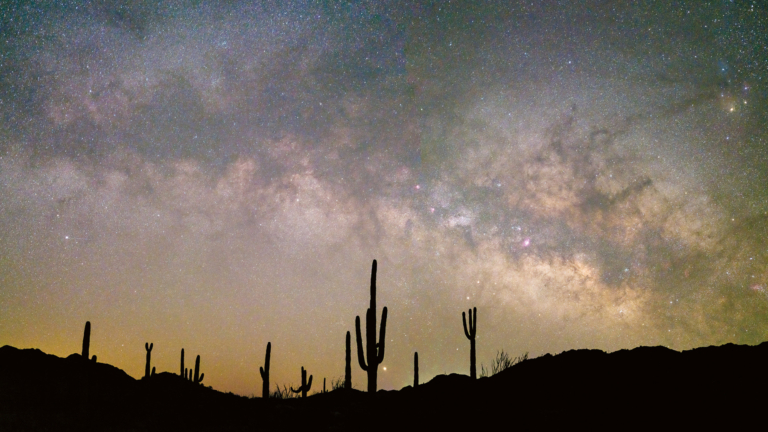
The first-place essay from a youth writing competition we hosted with the nonprofit Write the World.
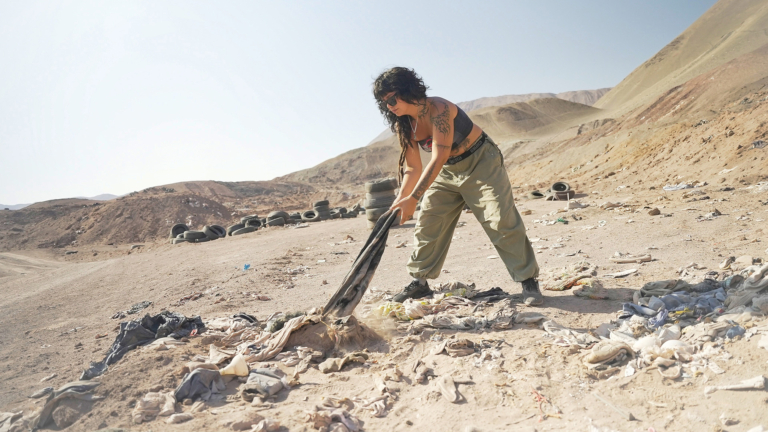
In northern Chile, a desert is being scourged by the textile industry. But a resilient community is transforming a reality of waste into opportunity.
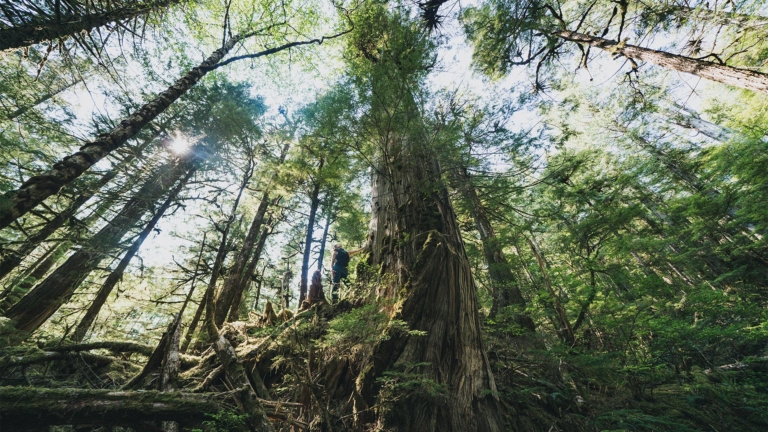
Introducing Home Planet Fund, an independent nonprofit that supports local and Indigenous communities who work in concert with nature to stop climate breakdown.
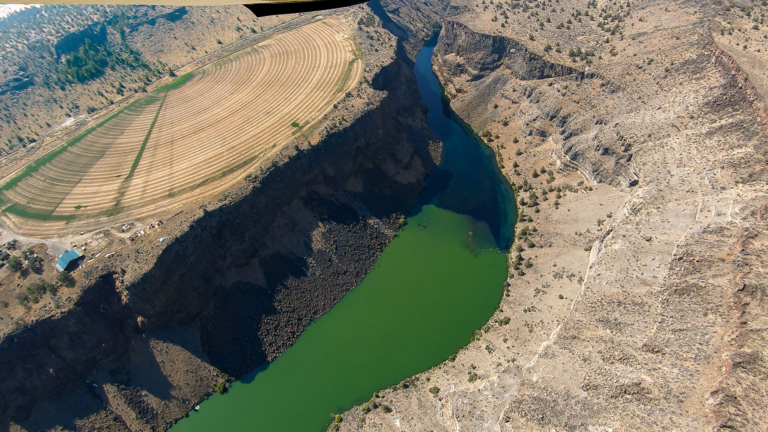
All dams are dirty. Efforts to make them better only make things worse.
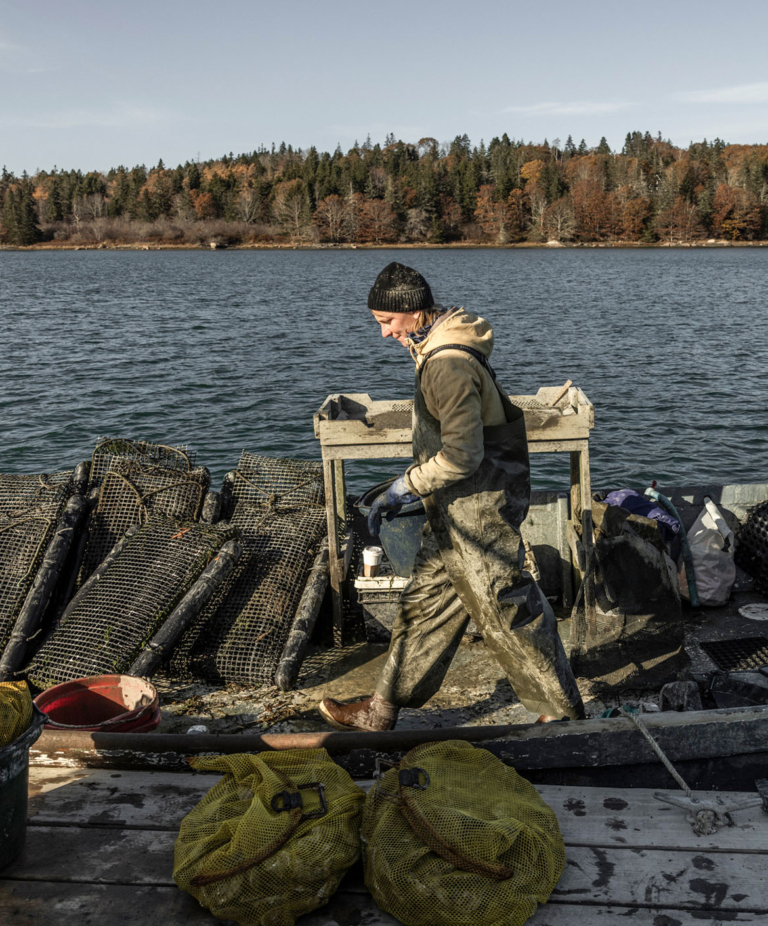
A family in Maine reimagines a future for working waterfronts that puts back more than it takes.
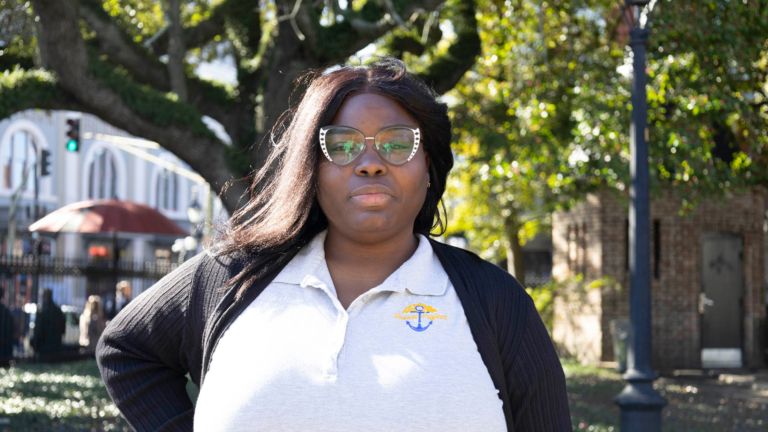
Louisiana community organizer Roishetta Ozane on her fight to stop the biggest fossil fuel expansion on earth and how mutual aid can play a part.

Meet the man working to save Mexico’s Punta Conejo.
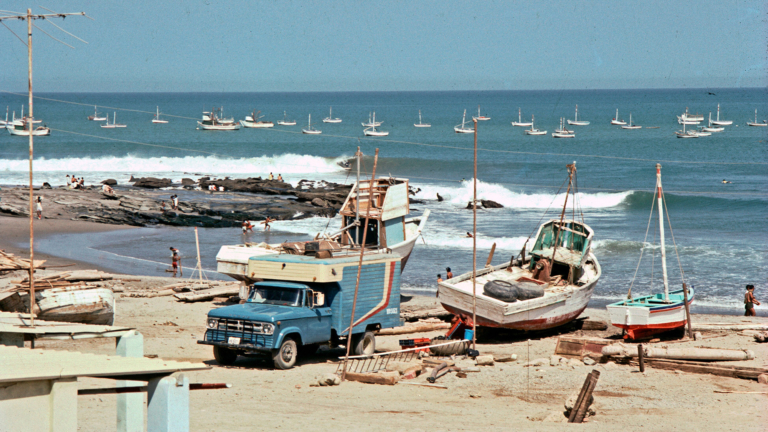
A friendship built between waves becomes a powerful alliance for the protection of surf breaks.
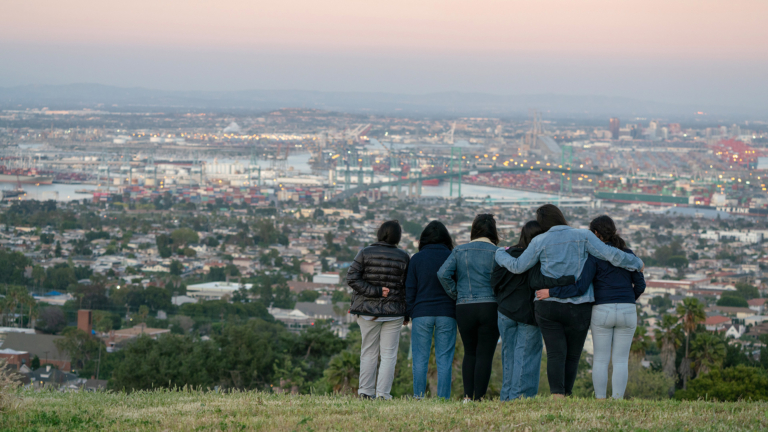
Our next fight against Big Oil is for basic human rights.
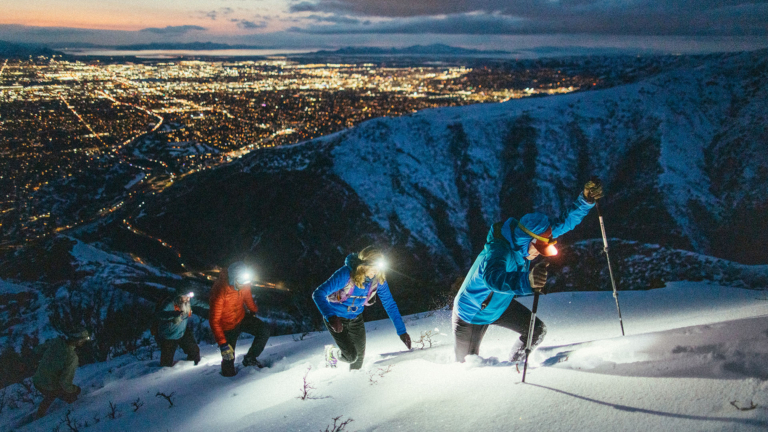
Running Up For Air is not a race. It’s a community, a gathering of friends and a fundraiser for clean-air advocacy.
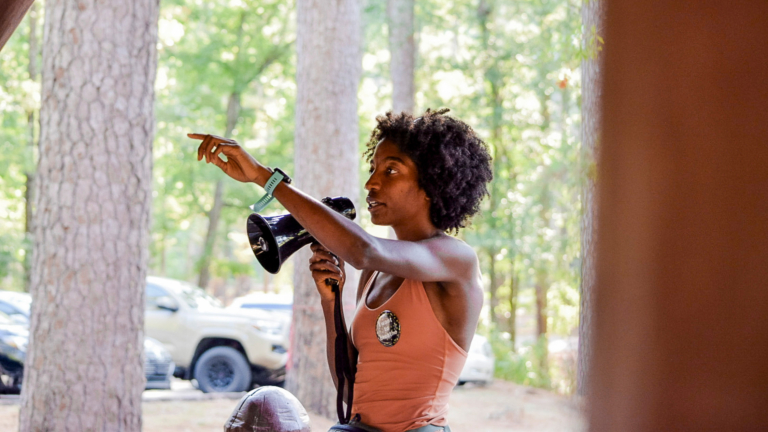
Running won’t solve the issue of wood pellet biomass pollution. But it can ignite community and conversation—and that’s a start.
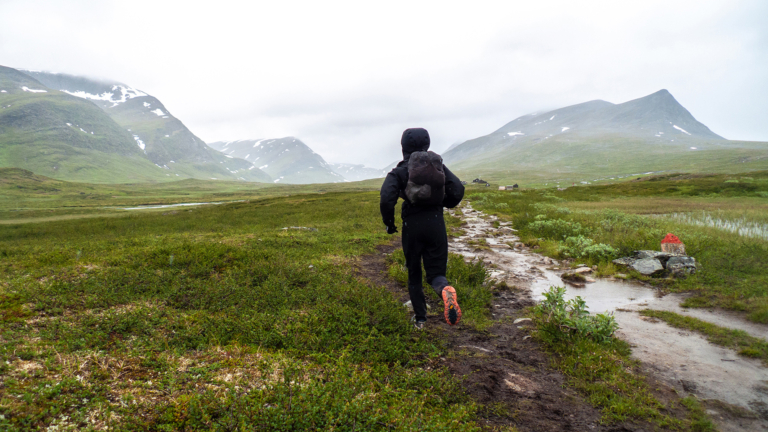
A Patagonia advanced R&D designer takes to the Swedish alpine to test out a new pack prototype—and a bold idea for rethinking multiday trail travel.
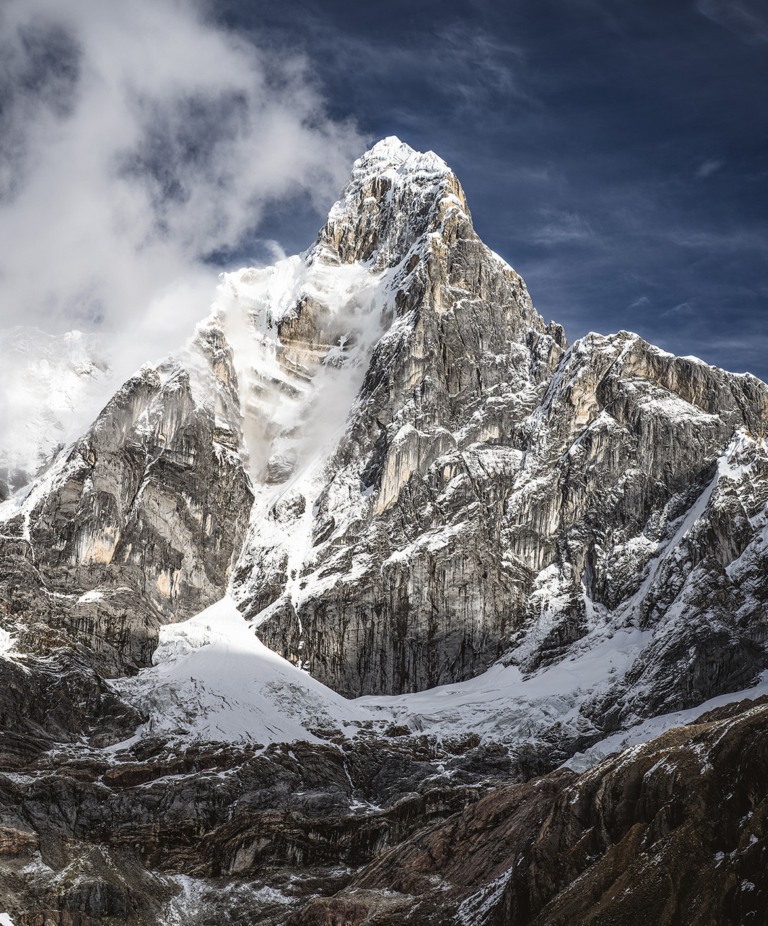
Josh Wharton knows how to evaluate risk as an alpinist. How does fatherhood change the equation?
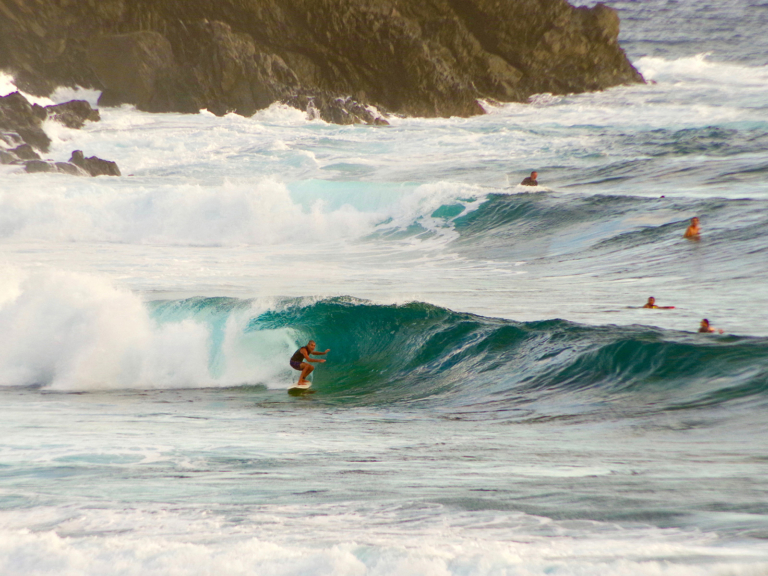
A trip to Amami Ōshima, Japan, transports Gerry Lopez to a familiar feeling on a distant land.
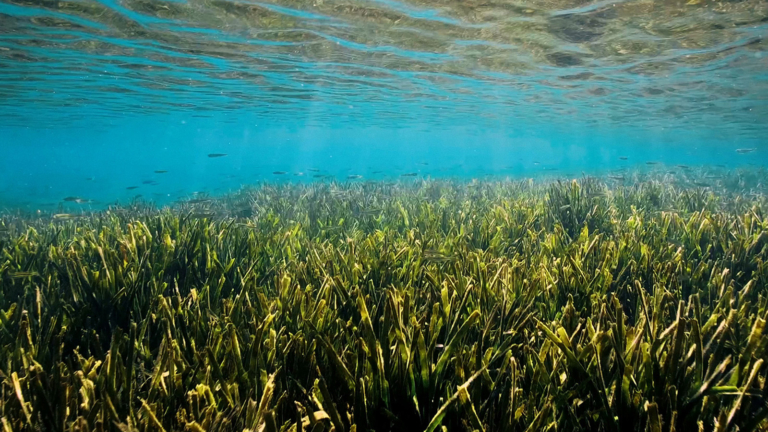
Since we first learned of the role we play in the spread of microfiber pollution in 2015, Patagonia has actively searched for partners to help end—or at least seriously curtail—the spread of synthetic fiber waste into the air and water. We’ve long been familiar with the microplastics problem—the breakdown of plastic bottles, yogurt cups and…
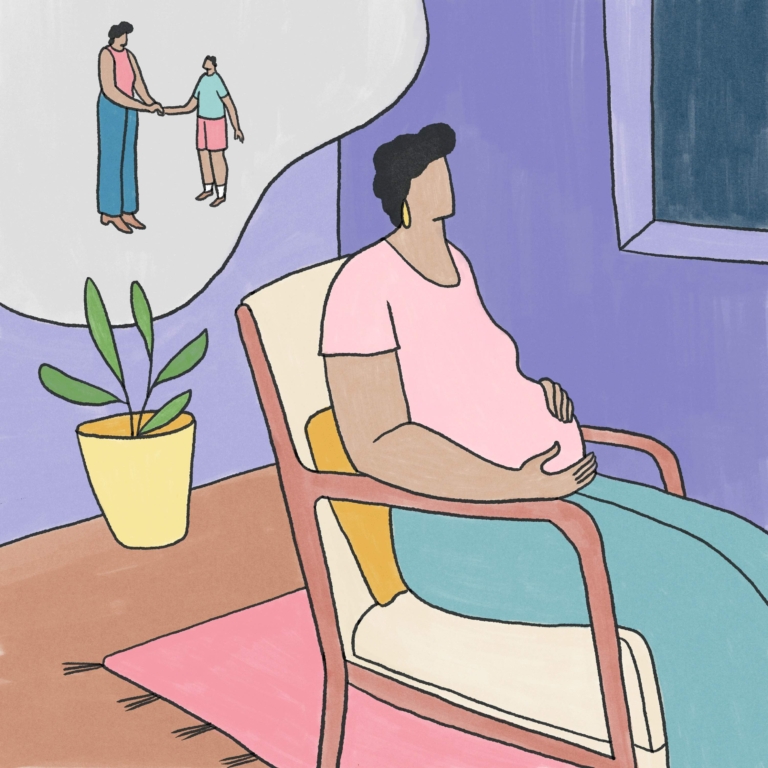
Climate and sustainability journalist Yessenia Funes writes to her future child—the one she hopes to have and has been afraid of bringing into our world.
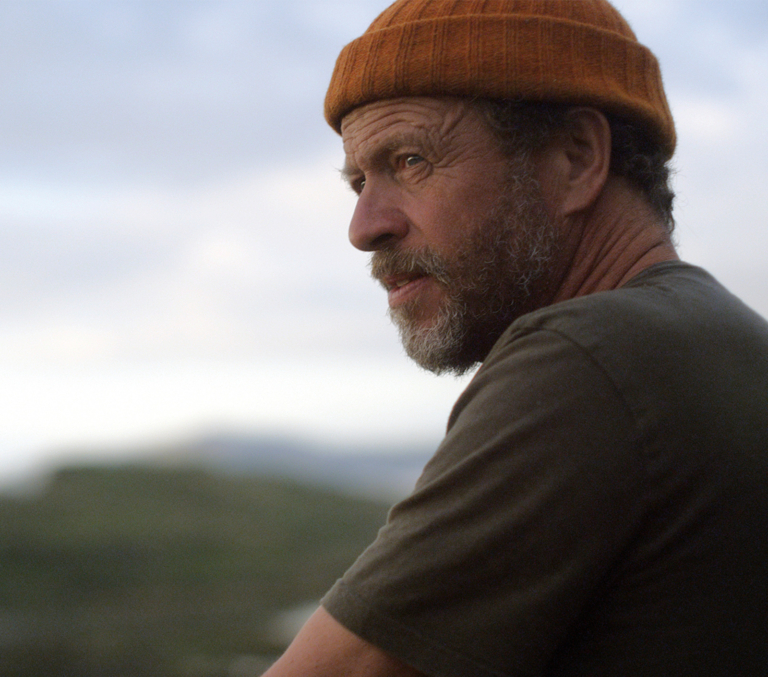
When the fish stop flourishing, a few local Scots take matters into their own hands, one seagrass bed at a time.
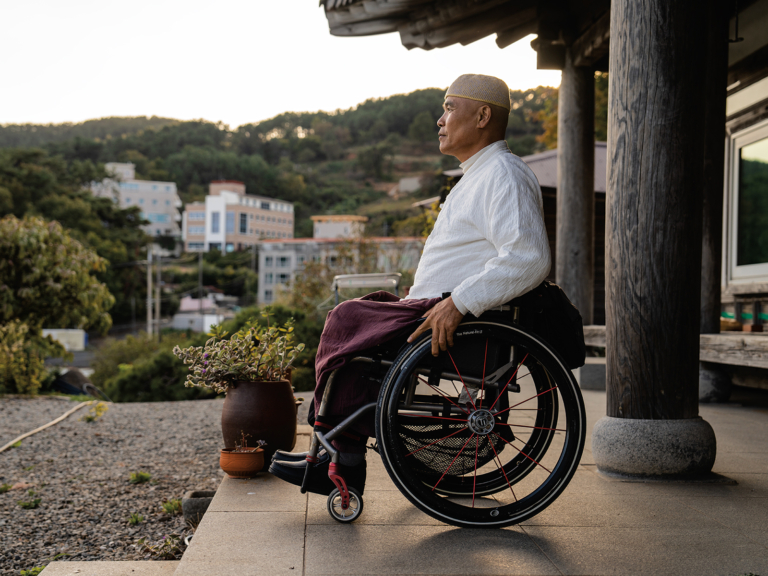
Saving South Korea’s forgotten underwater forests isn’t just a commitment. For Mr. Ji, it’s a calling.
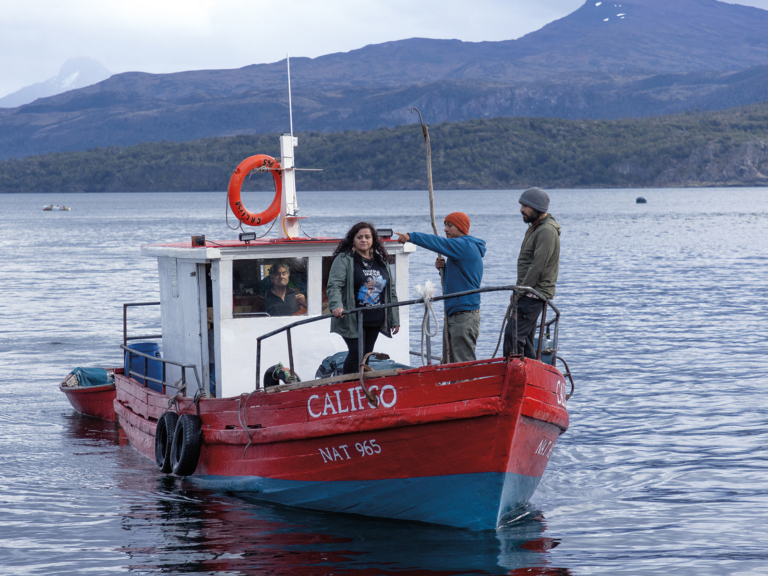
Ramón Navarro joins the Kawésqar community on a journey to protect their ancestral waters in Chilean Patagonia.
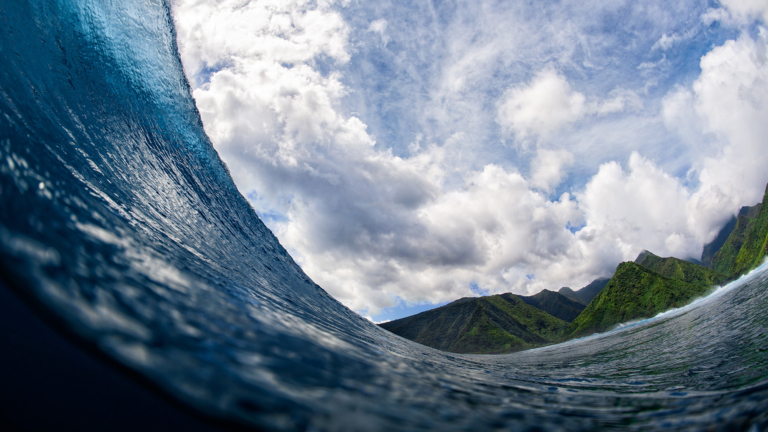
Trying to address the climate crisis without the ocean will not work.
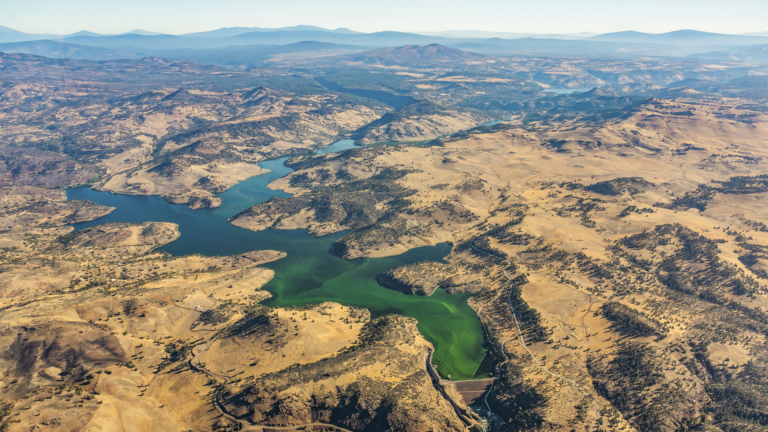
An excerpt from Steven Hawley’s book about dirty dams—and their methane problem.
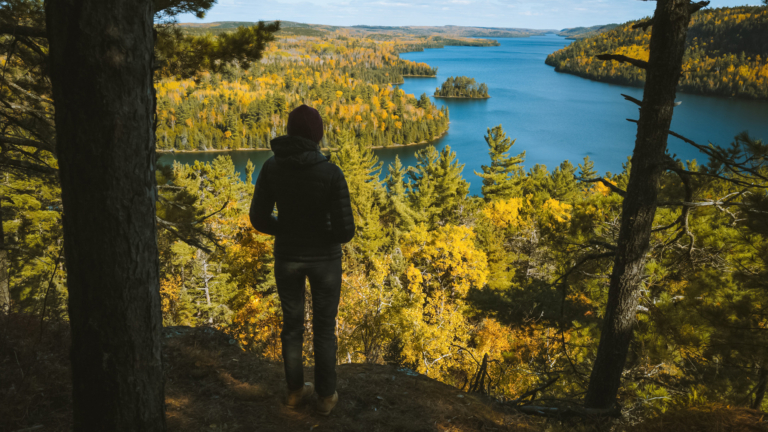
A Patagonia employee celebrates a huge environmental win for his beloved home waters.
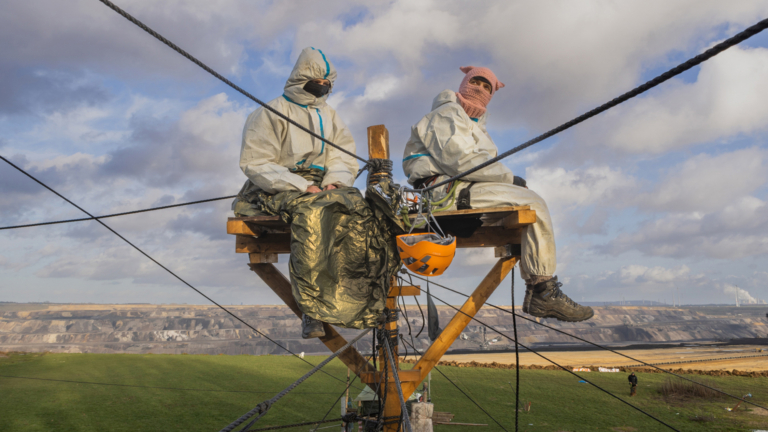
Even when the demands of a protest are not met, it can have lasting, immeasurable consequences.
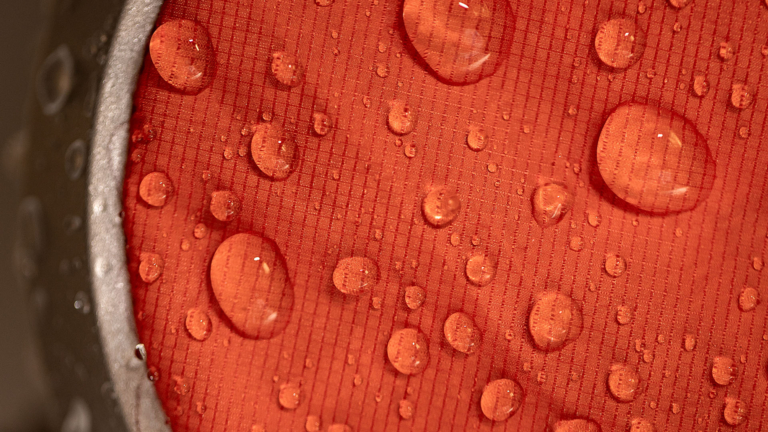
Perfluorinated chemicals, or PFAS, made for great waterproofing but are also a lasting, pervasive threat to our health. That’s why we spent nearly 15 years finding a way to make our gear without them that didn't compromise performance. For Spring 2025 and beyond, all our new styles are made without intentionally added PFAS.
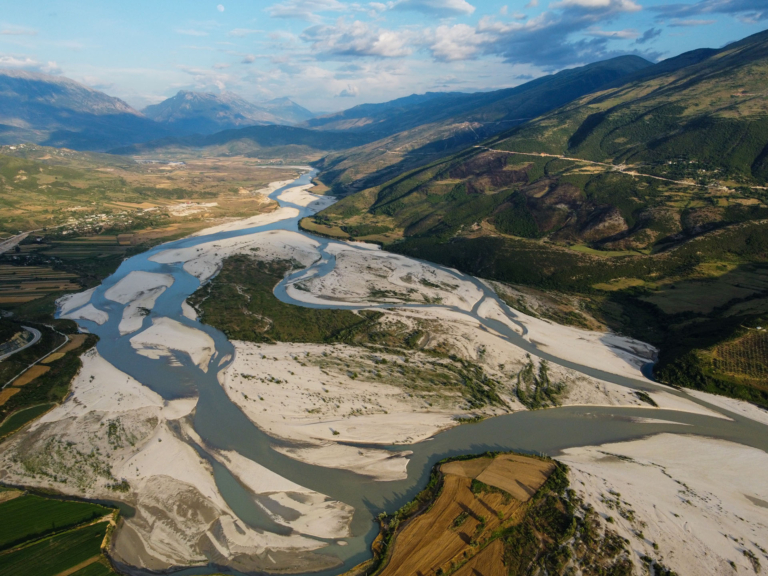
Albania’s untamed Vjosa River introduces a new model for global water conservation.
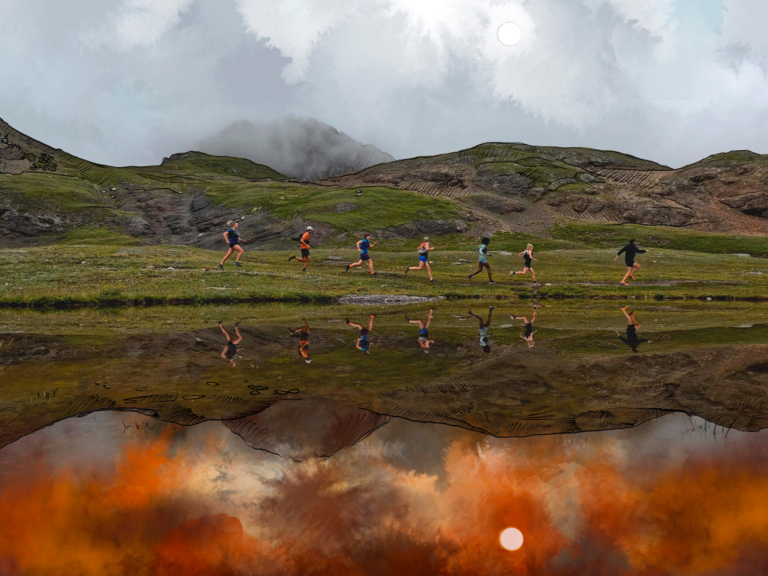
Footprints Running Camp is as much about finding solutions to the climate crisis as it is about running.
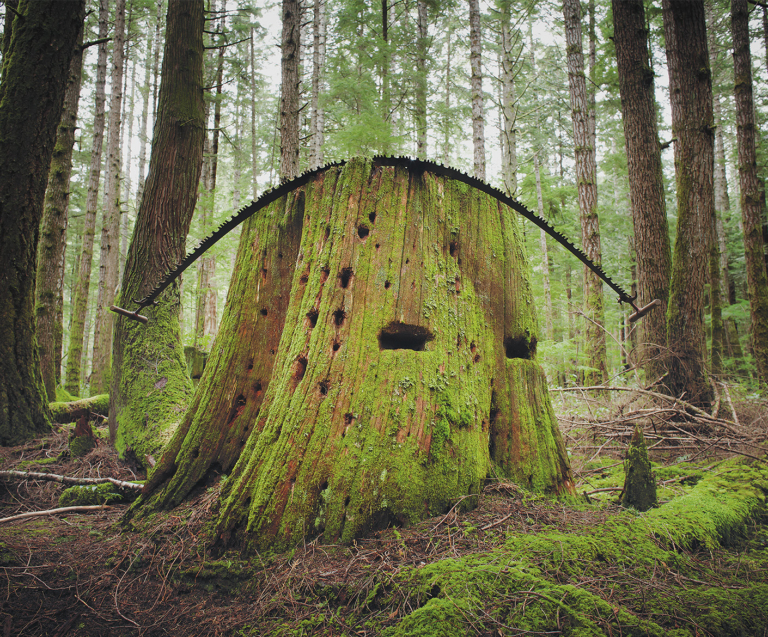
An excerpt from Patagonia’s republished version of A Forest Journey, about what the loss of trees has meant for past life on our planet.
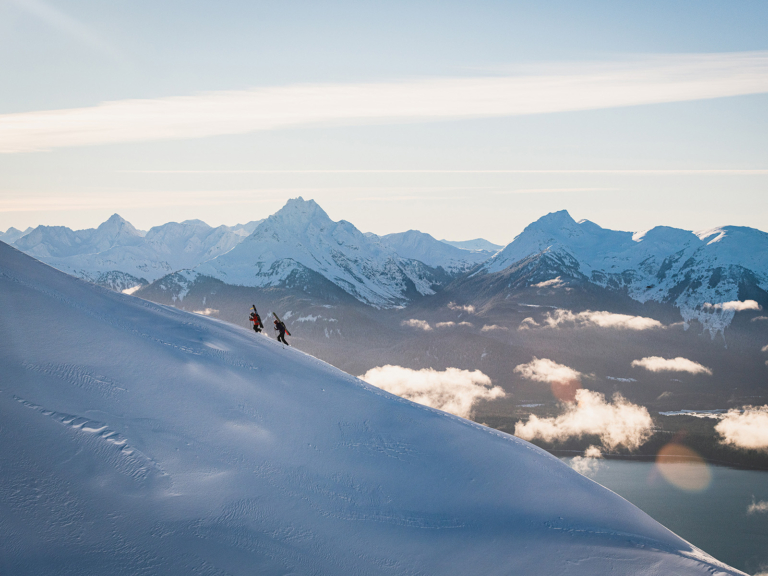
In Southeast Alaska, a Native skier searches for something deeper than powder on her homelands.
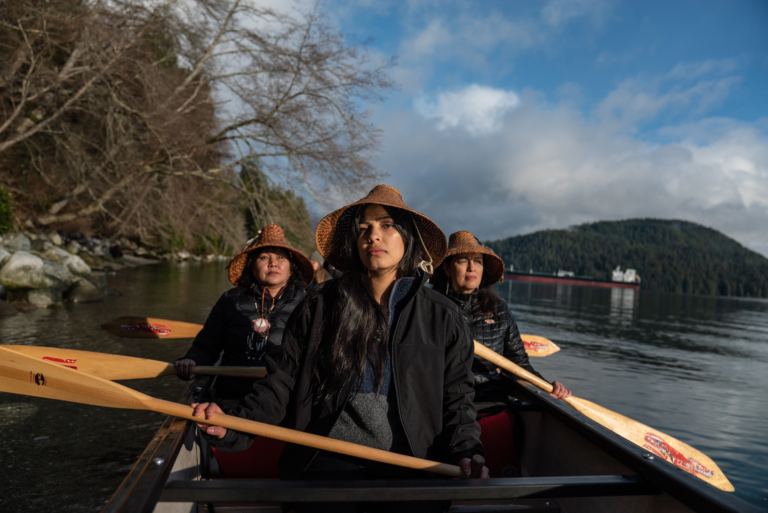
Patagonia and Pop-Up Magazine Productions present a series about knowledge.
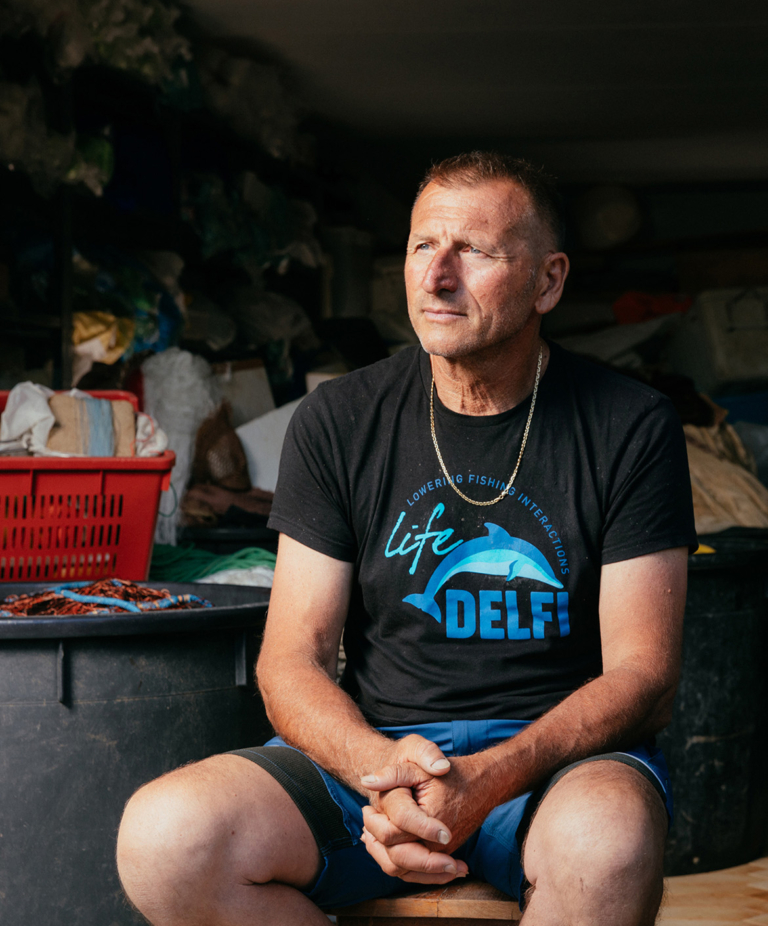
Patagonia and Pop-Up Magazine Productions present a series about knowledge.

Patagonia and Pop-Up Magazine Productions present a series about knowledge.
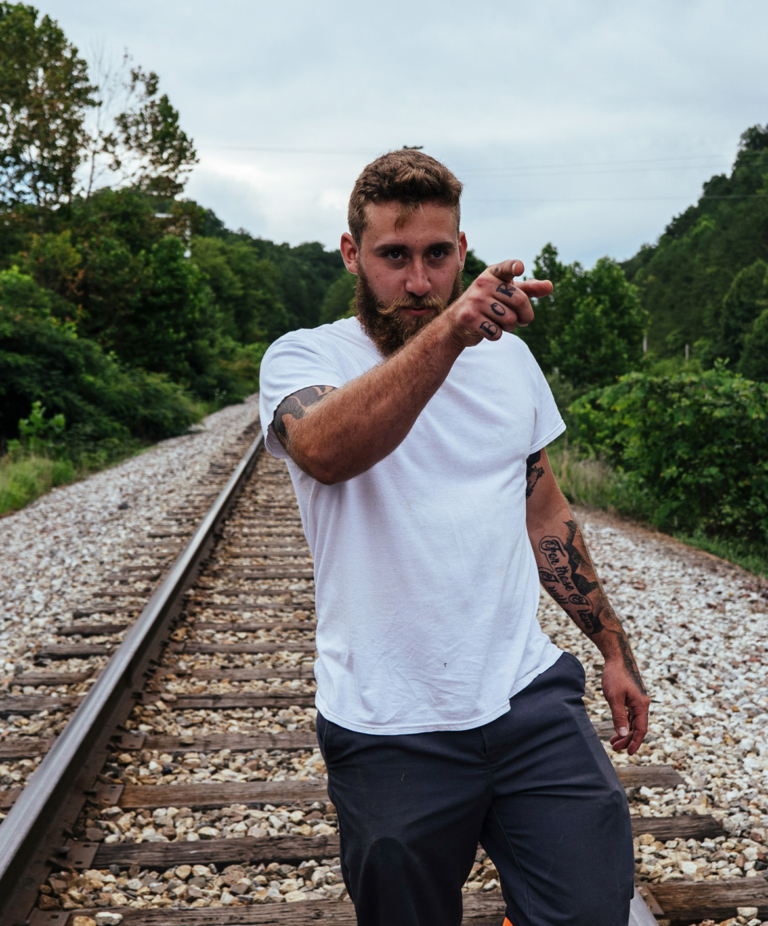
Patagonia and Pop-Up Magazine Productions present a series about knowledge.
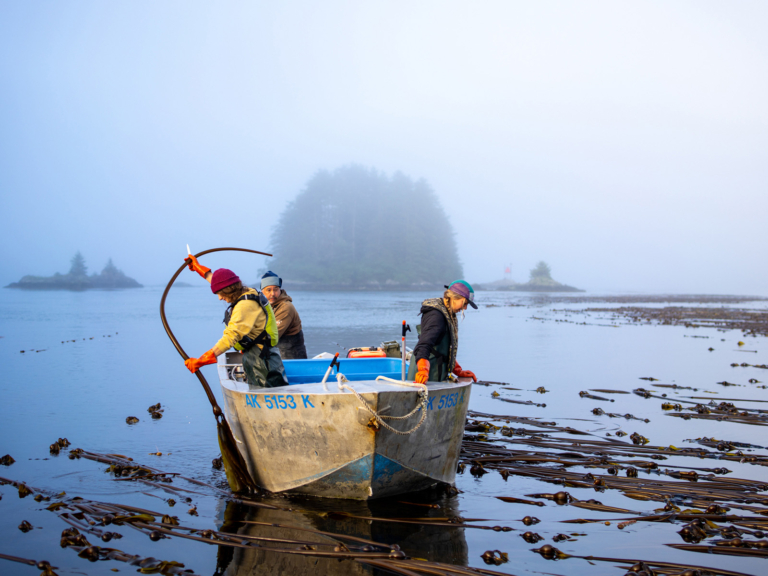
In Southeast Alaska, tribal leaders and local entrepreneurs are helping shape a kelp industry that prioritizes Indigenous values, regenerative practices and a commitment to Alaska Native shareholders.
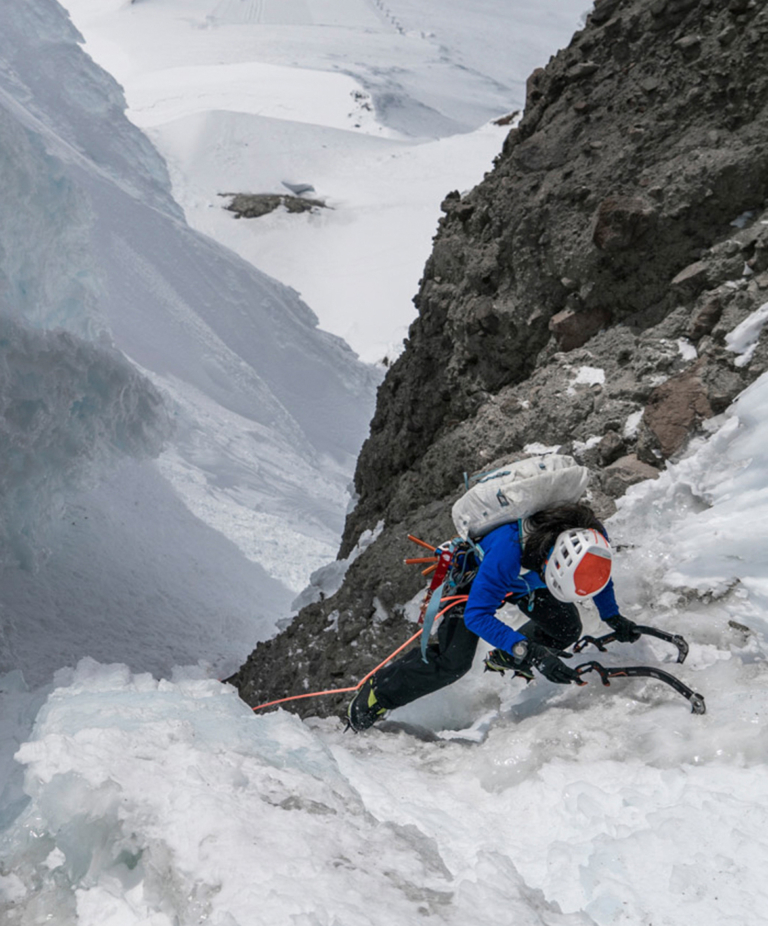
Patagonia and Pop-Up Magazine Productions present a series about knowledge.
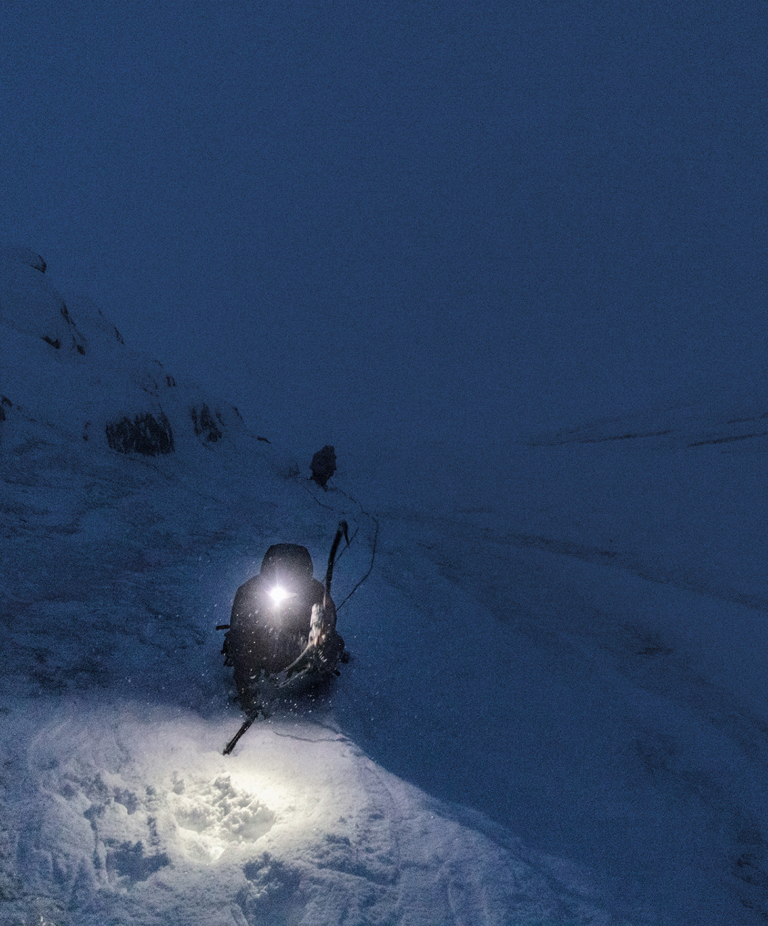
Molly Kawahata on climate, climbing and the fight for systemic change.
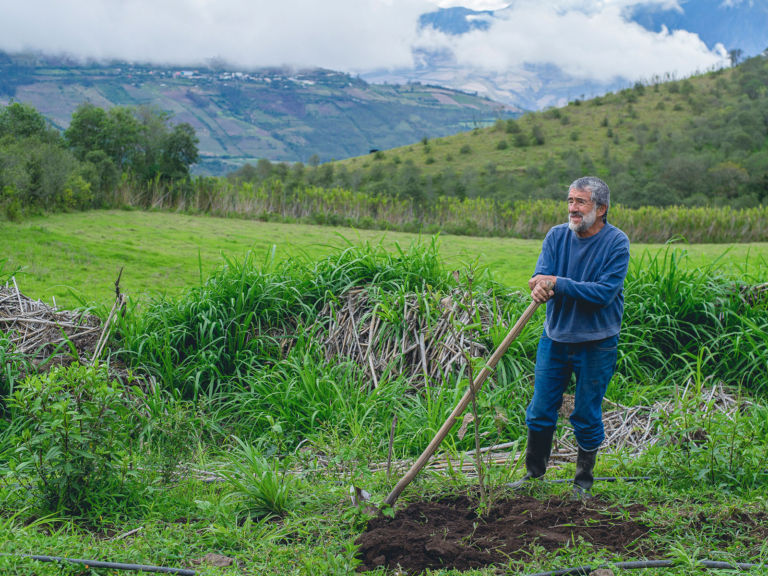
Francisco “Pacho” Gangotena and his wife opted to challenge the way farming was done in their region and are instead going back to the roots of ancient agriculture.
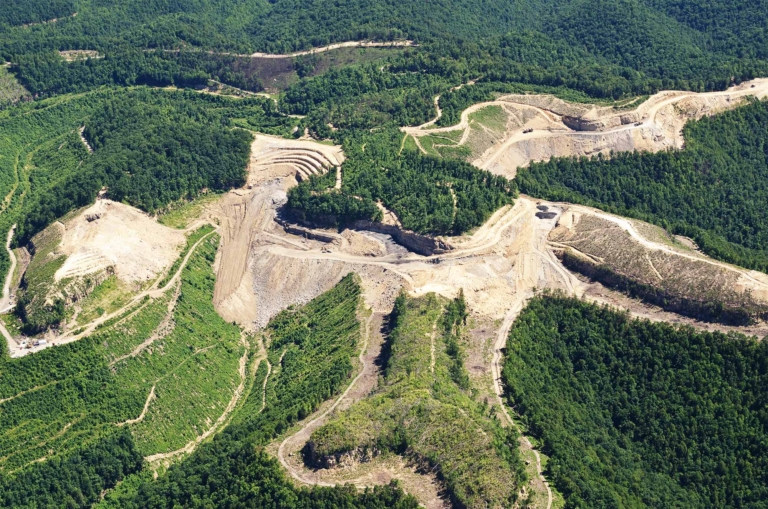
The supreme court’s least-bad, bad ruling on climate, and some options President Biden still has.
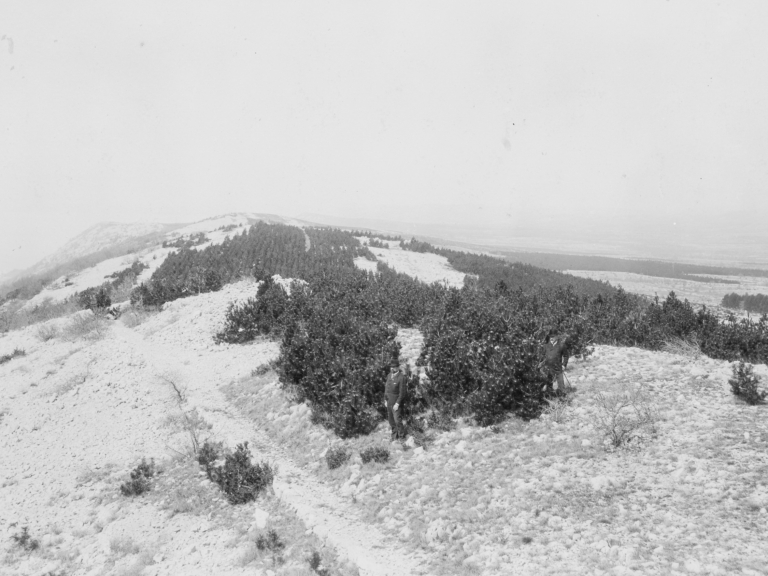
Reforesting in the heart of Europe.
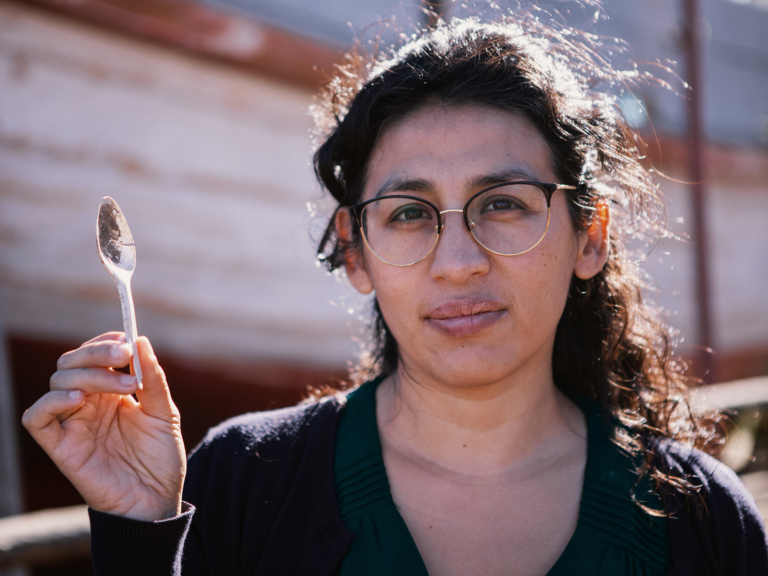
A former city kid finds answers and empowerment in nature.
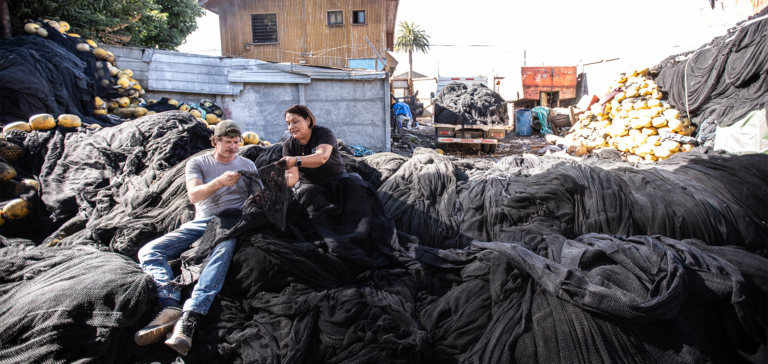
The South Pacific has a plastic problem. He had a truck.
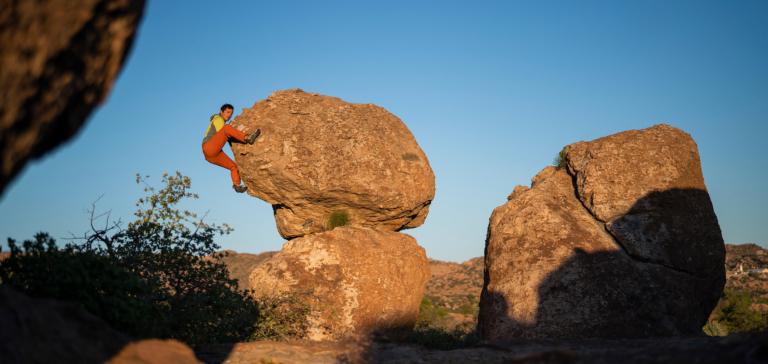
As we make a transition to renewable sources of energy, let’s not renew the same old mistakes.
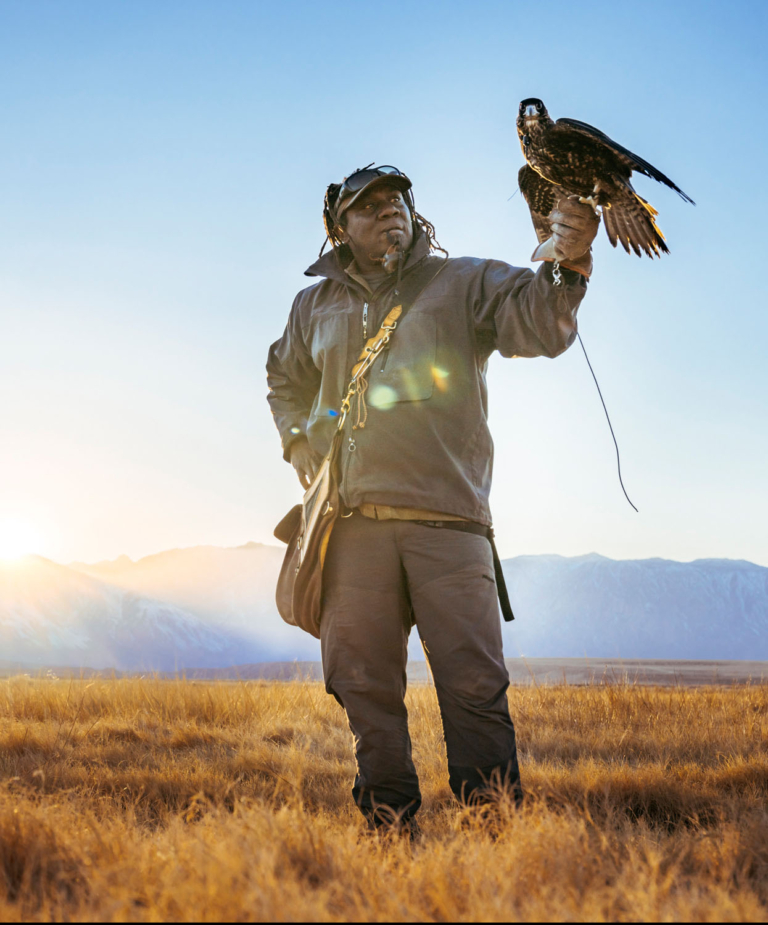
Shawn Hayes leads a life of devotion. For him, falconry is more than a deep partnership with raptors: it’s his life’s work.
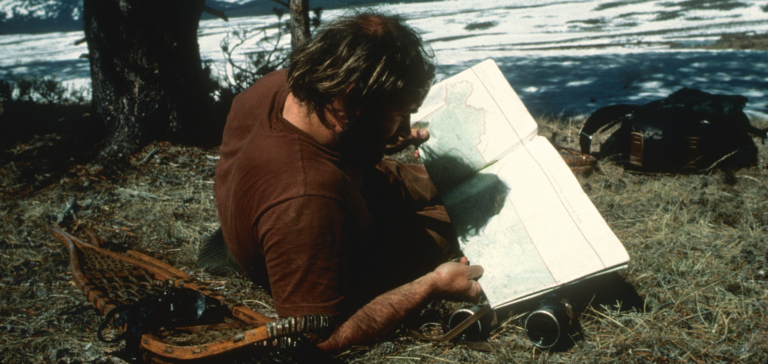
Was It Worth It? captures the essence of a life committed to the wild and challenges readers to make certain that their answer to this universal question is yes.
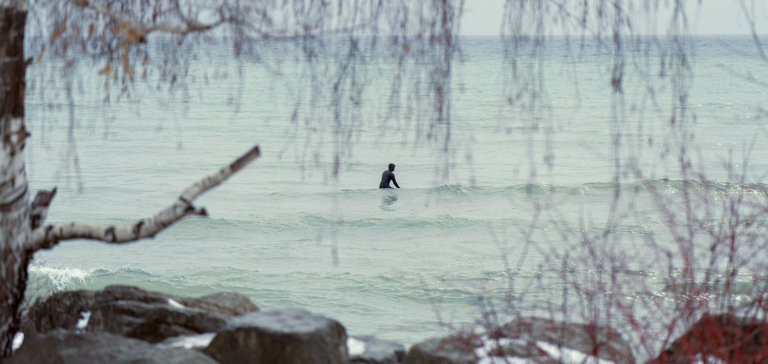
A waltz down vestiary’s lane.
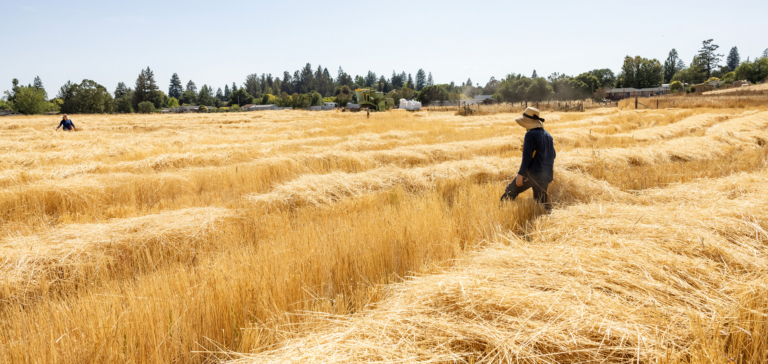
First-generation Vietnamese American Mai Nguyen follows in the footsteps of their agrarian ancestors with a farm that grows numerous types of grains with a no-till, anti-fertilizer regenerative approach.
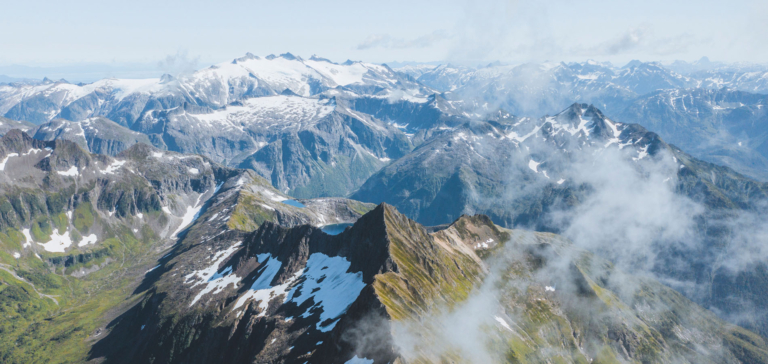
A crossing of Alaska’s Baranof Island.
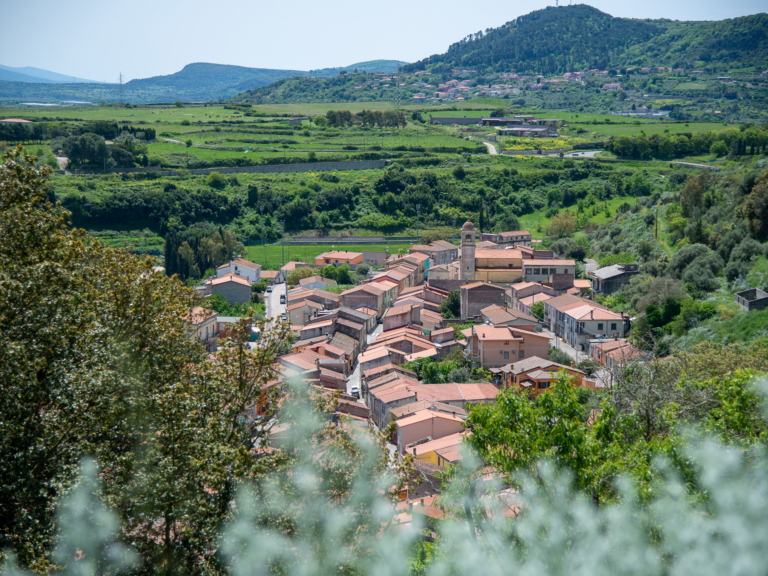
An Italian town began emptying out, so its inhabitants turned to renewable energy to save it.
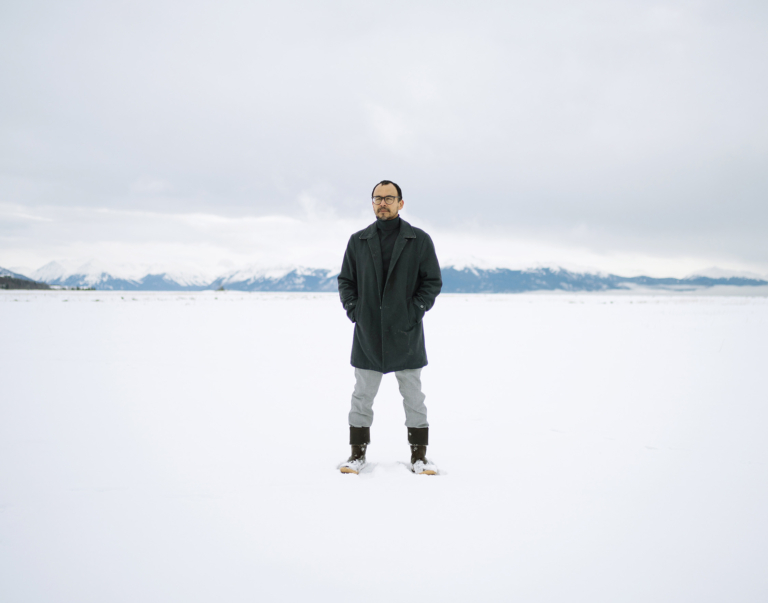
A Yup’ik philosopher on culture, awareness and identity.
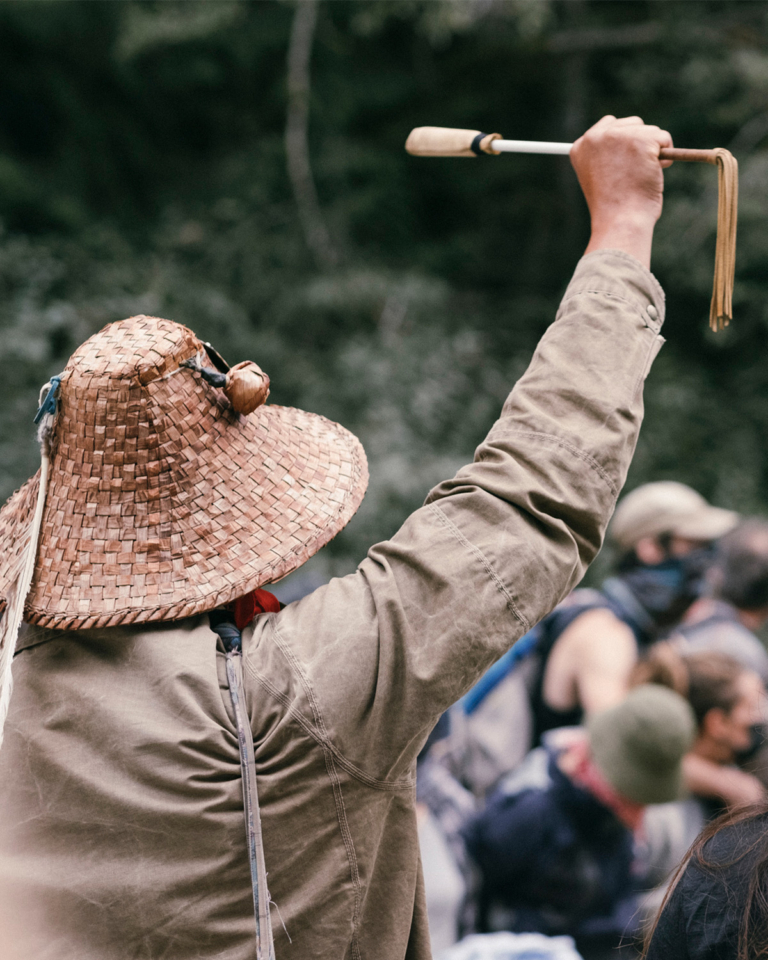
Why a logging protest has become Canada’s largest act of civil disobedience.
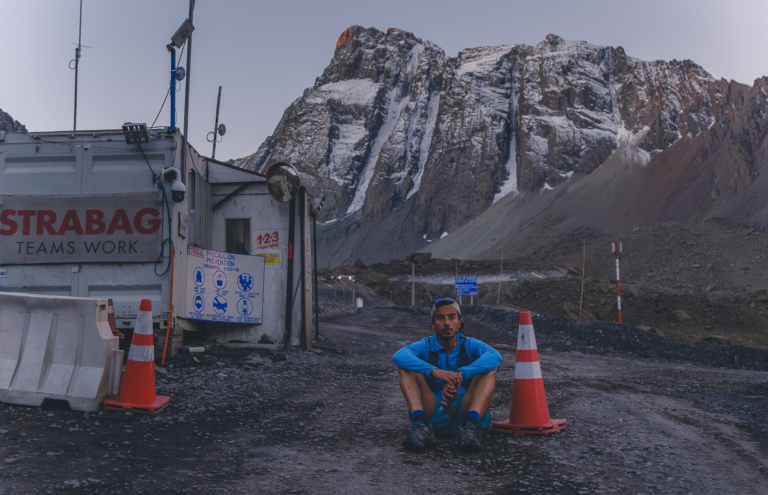
The communities of Cajón del Maipo, in Chile, are seeing their environment be threatened by an unnecessary hydroelectric project.
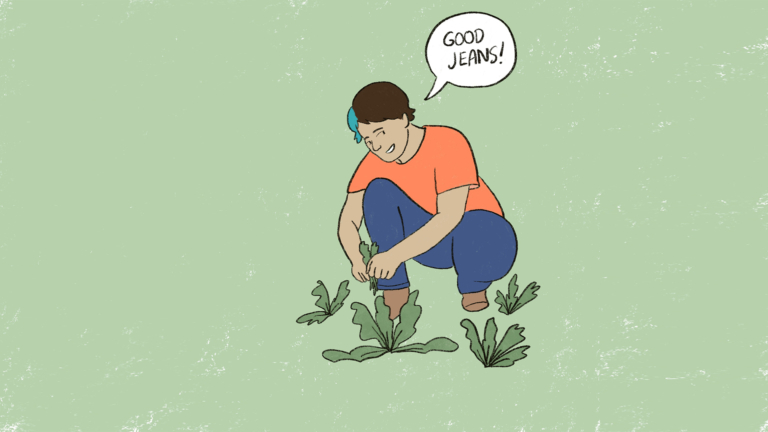
What’s the secret to a really good pair of jeans? Comics journalist Sarah Mirk tells us what to look for and how to keep them in play longer.
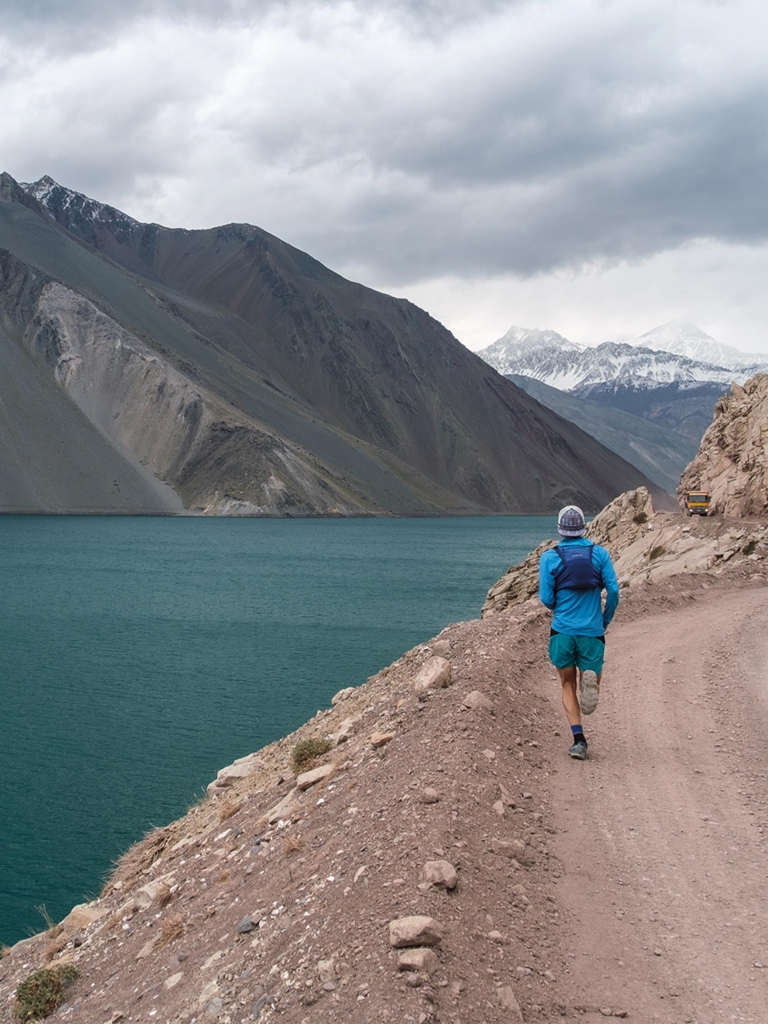
Trail runner and activist Felipe Cancino takes us on a 120 km run through the Maipo River Valley—revealing along the way the impacts of the Alto Maipo hydropower project on the local ecosystem, its communities and traditions; and the threat it poses to the water supply of Santiago’s 7.1 million residents.
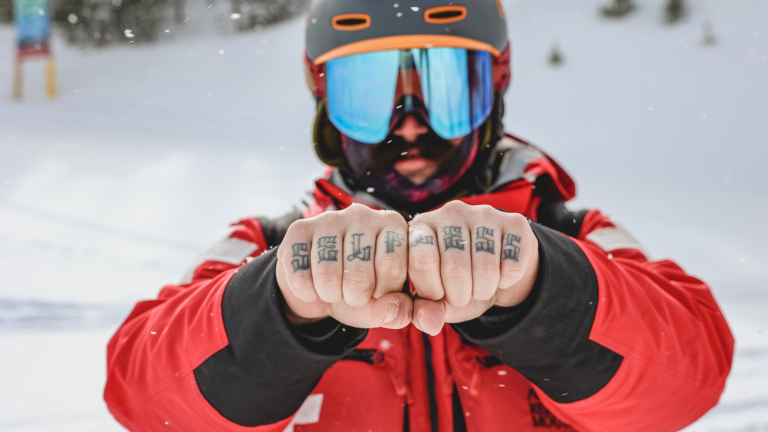
A firekeeper caring for Indigenous land.
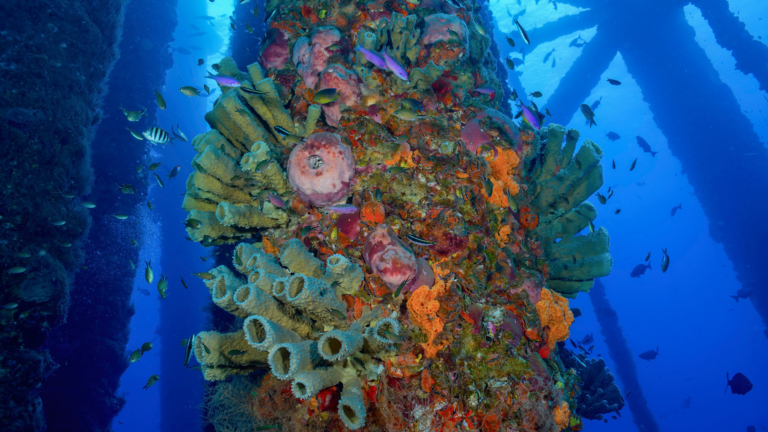
This marine sanctuary in the Gulf of Mexico is one of many biodiversity hotspots in the US that need more federal protection.
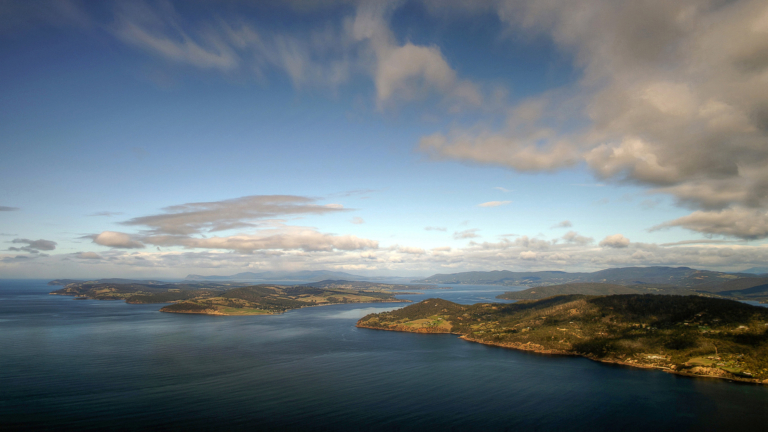
An excerpt from Toxic: The Rotting Underbelly of the Tasmanian Salmon Industry.
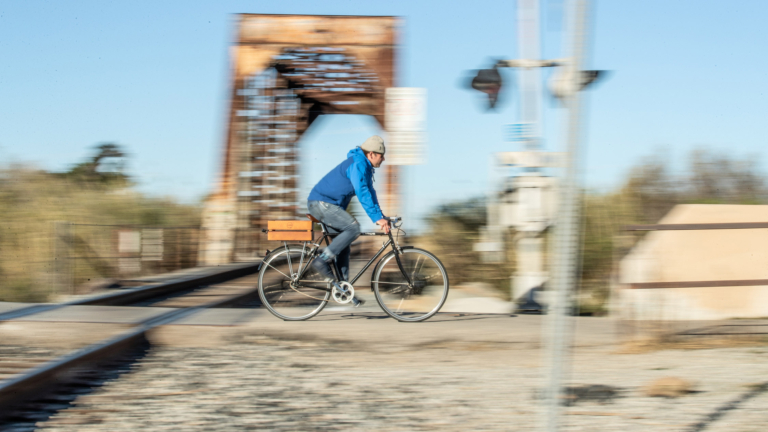
When it comes to making more responsible jeans, our work is never done. And, of course, we leave the really dirty work to you.
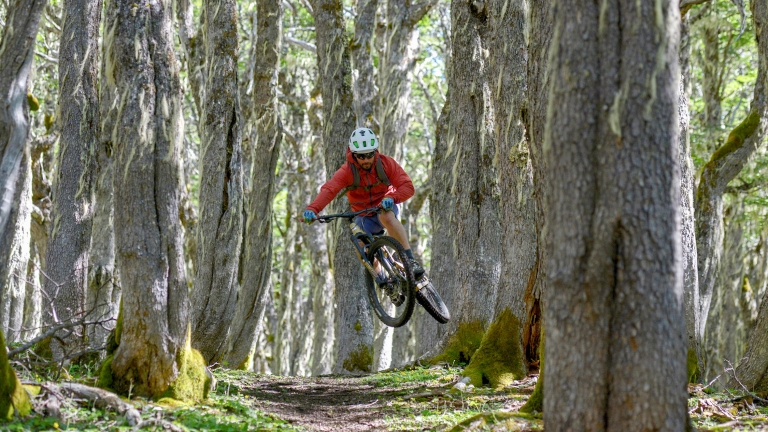
An interview with Gabo Benoit, trail advocate and mountain-bike mayor of Coyhaique, Chile.
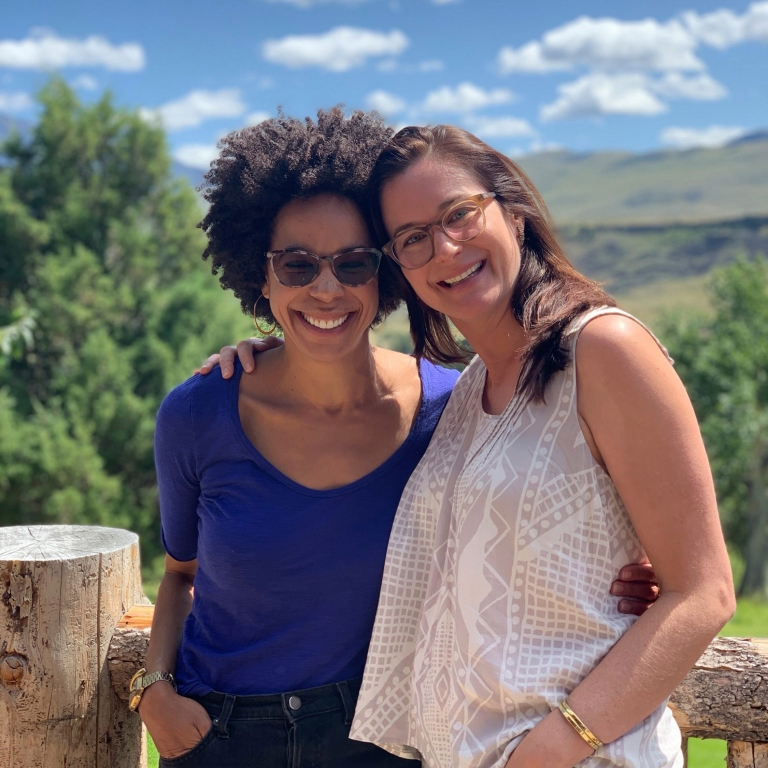
There’s so much. An interview with the co-editors of All We Can Save.
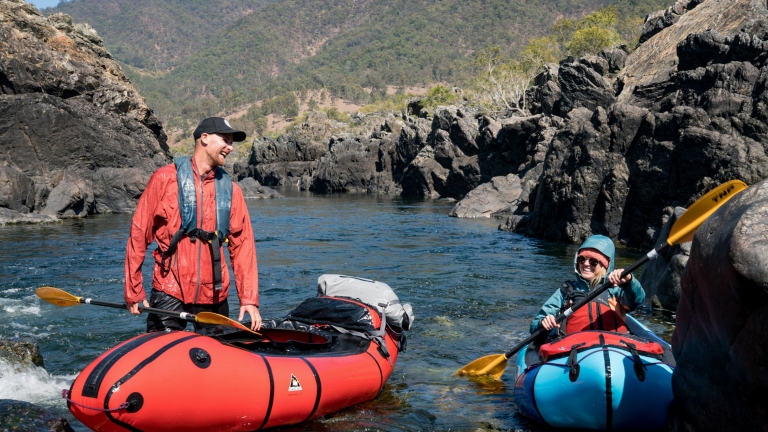
Childhood friends, Hayley Talbot and Dan Ross, are determined to save a mighty river.
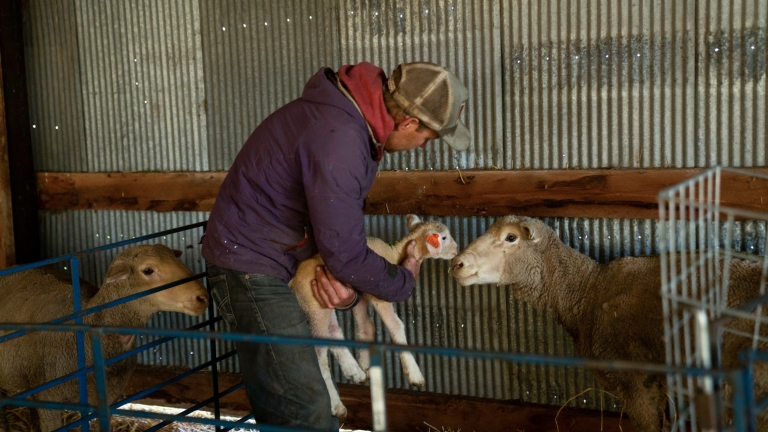
Not totally relating to some forms of climate activism, Josh Wharton found his own way to contribute.

Tough and uncertain, organic cotton farming accounts for less than 1 percent of US cotton production. For this family, that’s why it’s a calling.
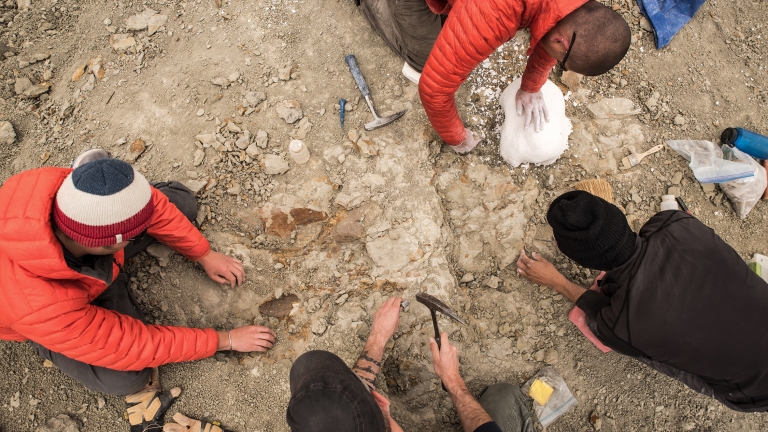
We’re entering Earth’s sixth mass extinction, but clues about this climate crisis could be right under our feet.
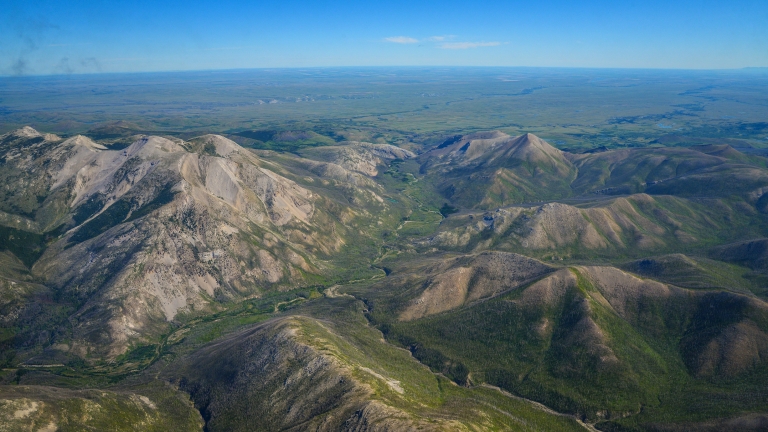
John Murray’s lifelong work to permanently protect the Badger-Two Medicine from oil and gas drilling.
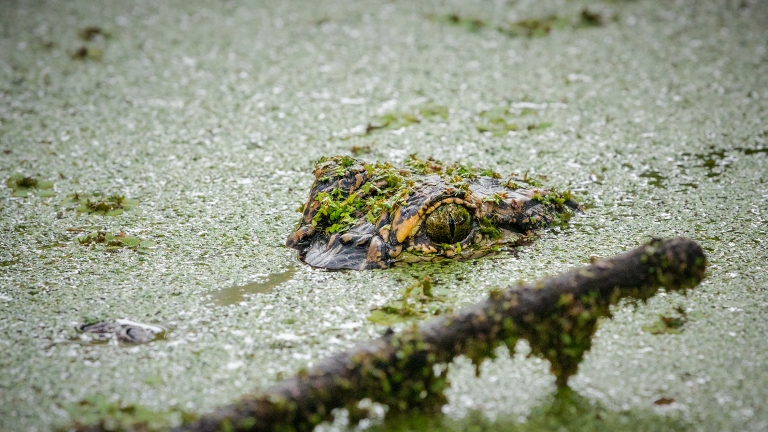
An unlikely community, in the most unlikely location, has become an even more unlikely force for public lands conservation.
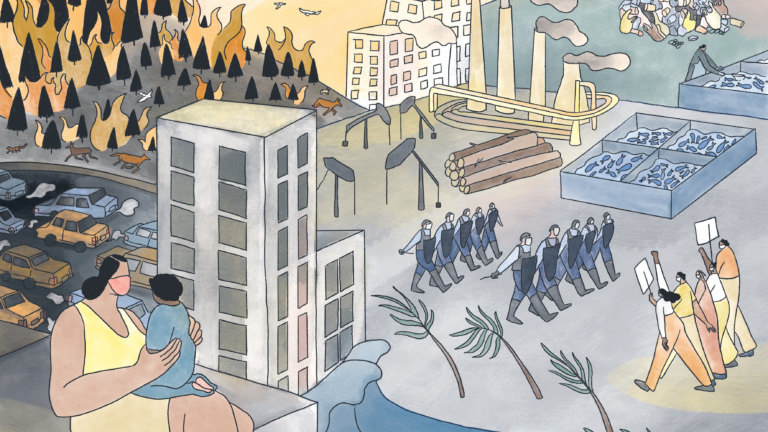
The next nine years will be a time of resilience, rebuilding and reinvention.
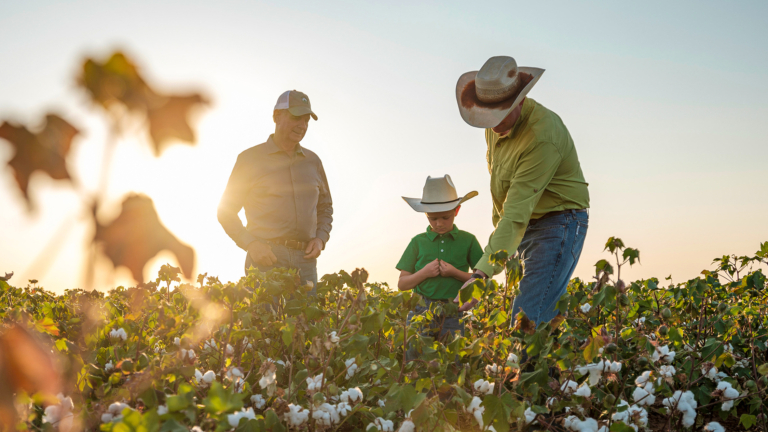
The story of our switch to organic cotton starts with a bout of headaches and a trip to the lunar landscape of the San Joaquin Valley’s conventional cotton fields.
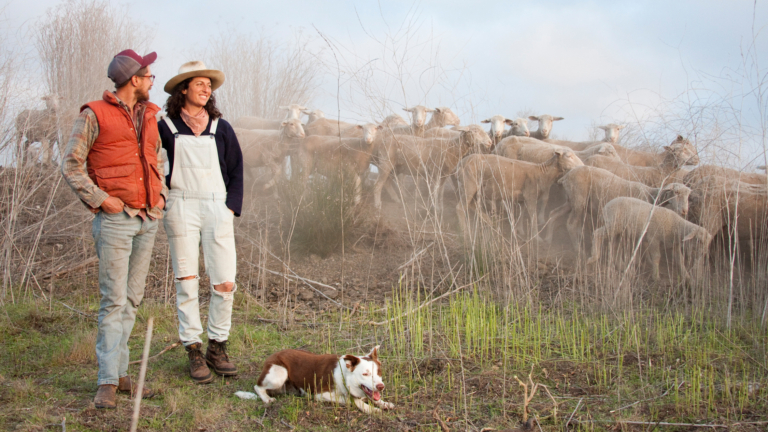
Sheep (and their poop) could help California’s climate-driven wildfires. One couple is ushering in this idea with a small flock and some supportive fire departments.
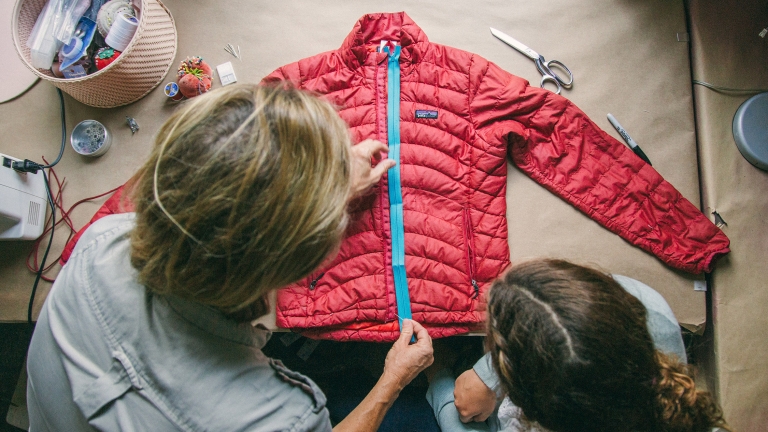
Patagonia’s journey toward zero waste and reduced carbon emissions, failed experiments included.
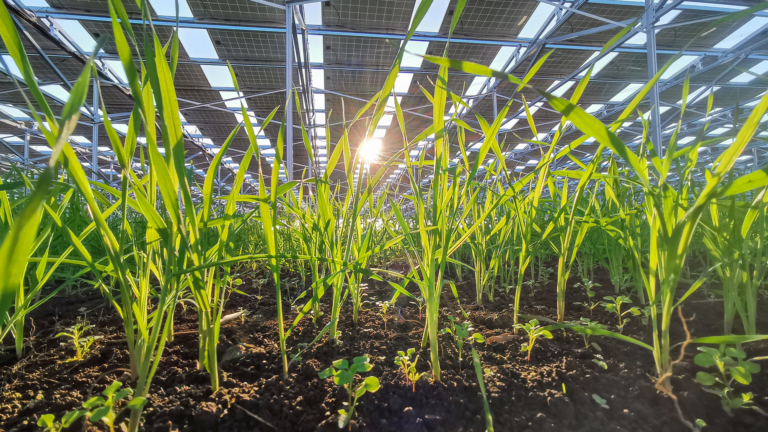
Ten years after the Fukushima nuclear disaster, Japanese communities are turning toward citizen-led renewable power.
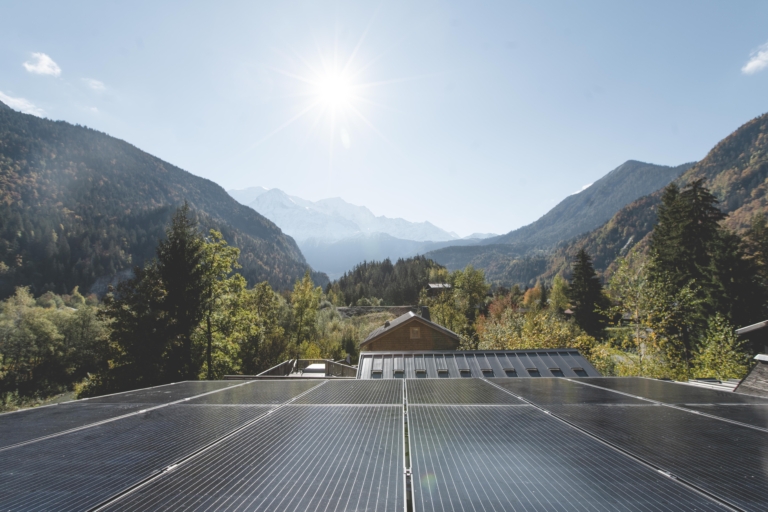
The ups and downs of transitioning power to the people in the Chamonix Valley.
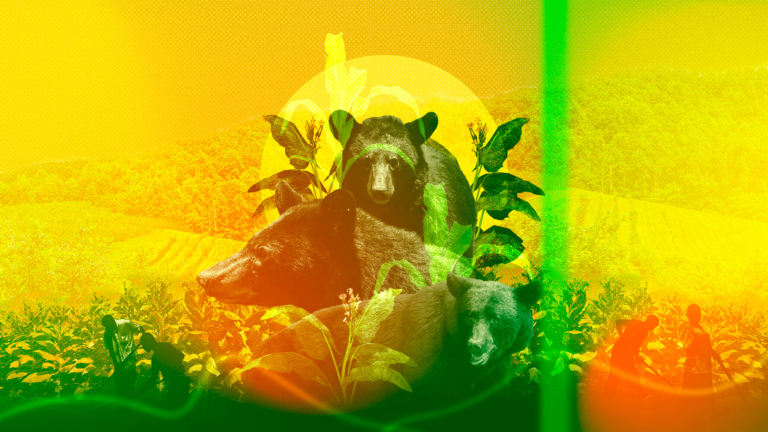
A wildlife biologist uncovers an unexpected, intersectional legacy of slavery.
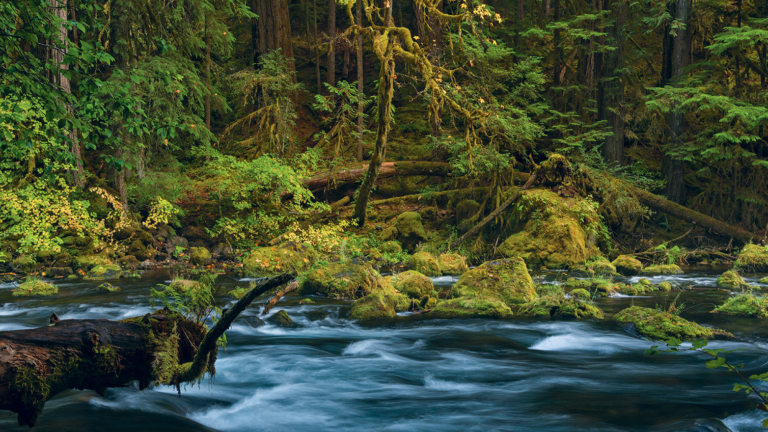
In one of the last interviews he gave before he passed away, the writer and conservationist shares his reflections on the past, and the work still to do.
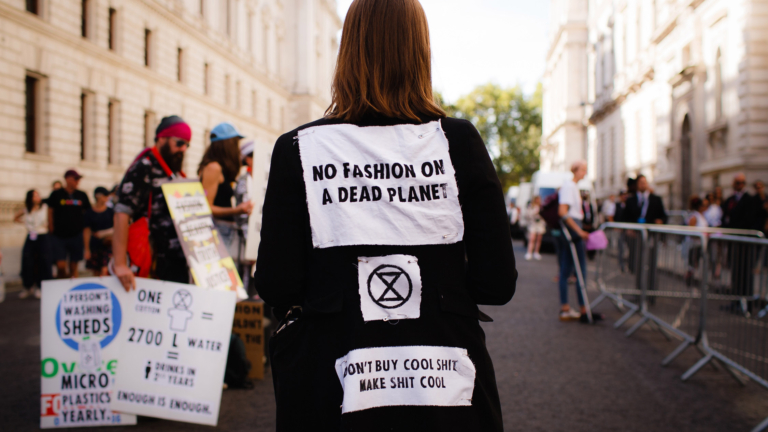
Climate and social justice activists are pushing the clothing industry to take better care of people and the planet.
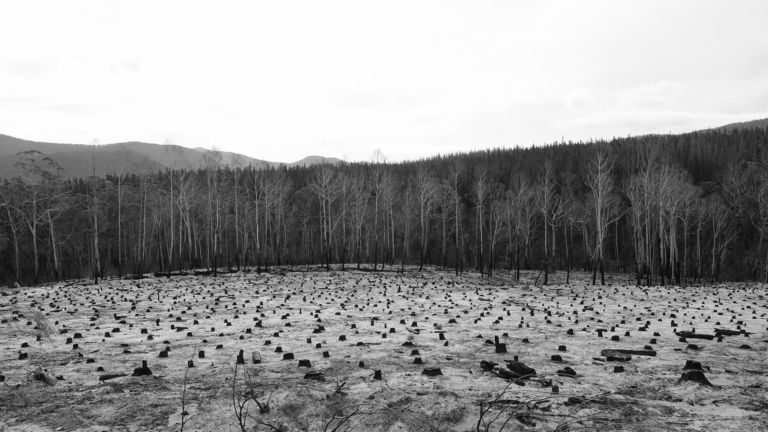
Photographer Paolo Pellegrin captured the aftermath of the wildfires that burned through Australia in 2019.
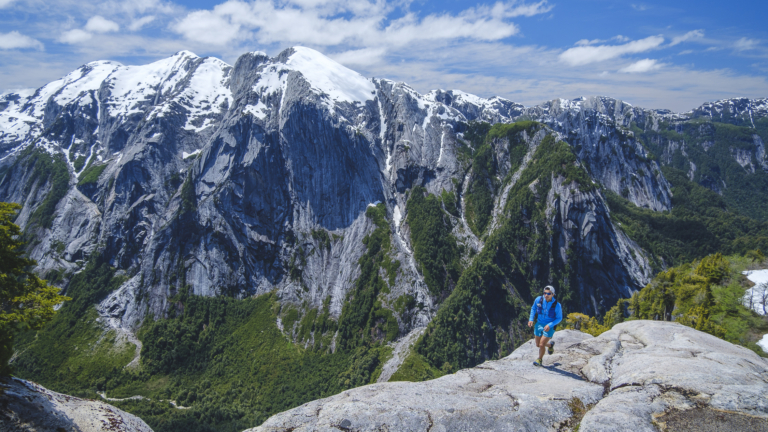
A dead-end dirt road is the start to a new challenge—and a fight to protect South America’s Yosemite.

Why we rely on lab tests and data more than ever to make decisions about our products.
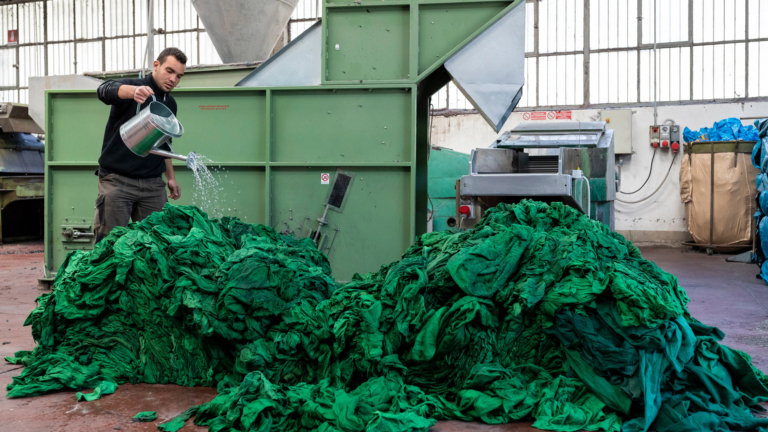
What was once a nuisance—overselling environmental gains—now conceals the apparel industry’s role in the climate crisis.
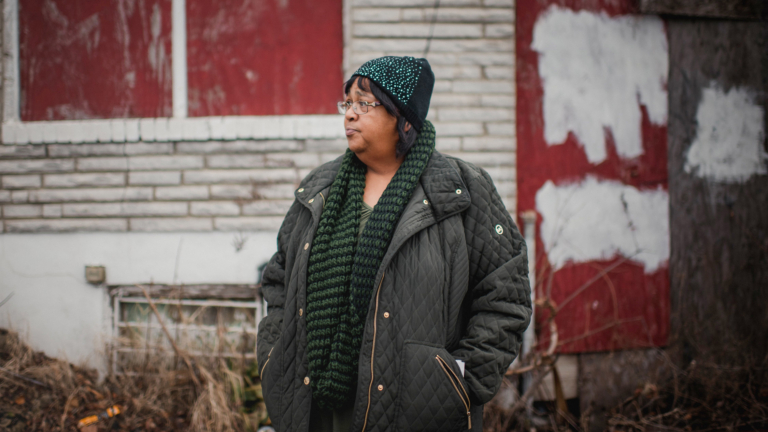
One woman’s decades-long fight for clean air and environmental justice.
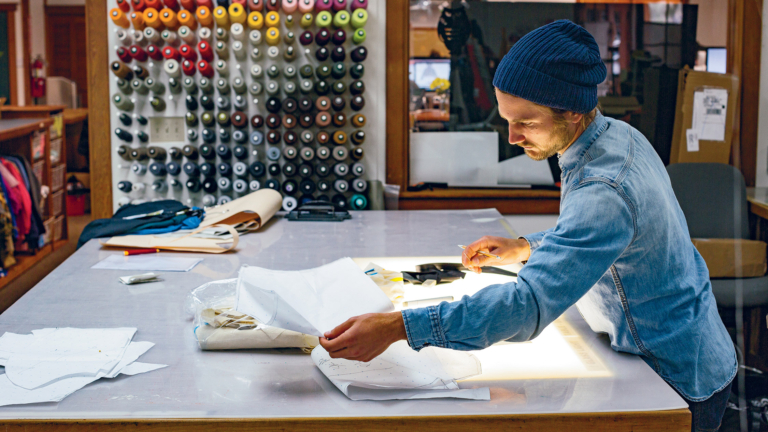
Patagonia’s quality rating system is designed with ecological footprint in mind. Here’s why.
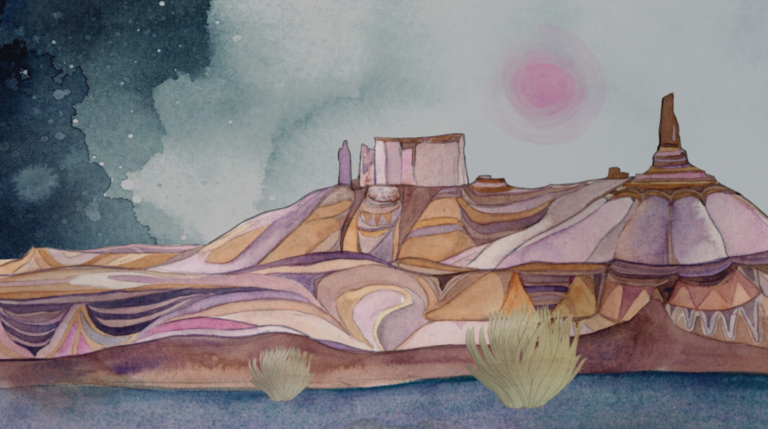
“Castleton Tower has a pulse. We have a pulse. The Earth has a pulse.”
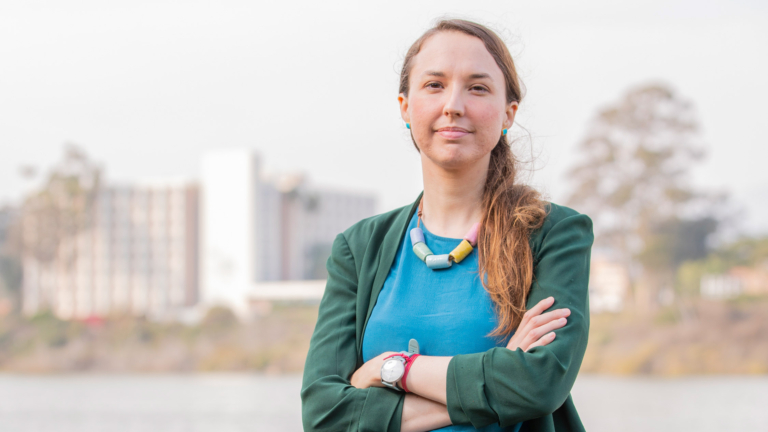
Climate policy expert Leah Stokes on how fossil fuel interests undermine American climate policy, and what you can do to stop it.
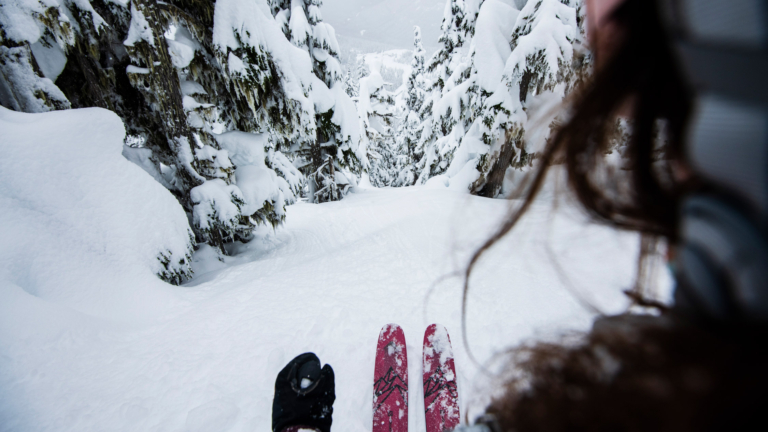
Snow lovers and professional athletes are mobilizing to elect climate leaders.
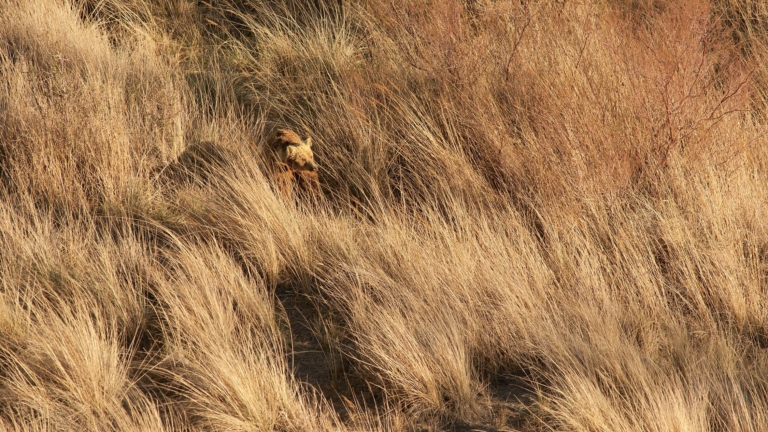
If we continue trying to save the world one species at a time we will fail; it is time to redefine our relationship with nature so that we save all of nature.
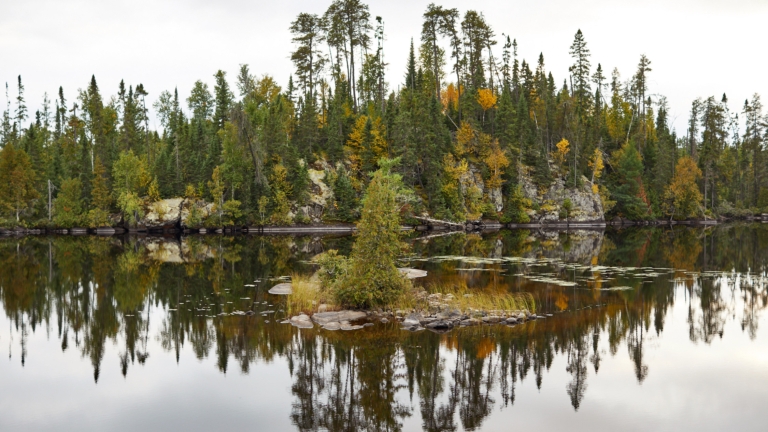
A reminder of why voting is essential to the protection of our public lands.
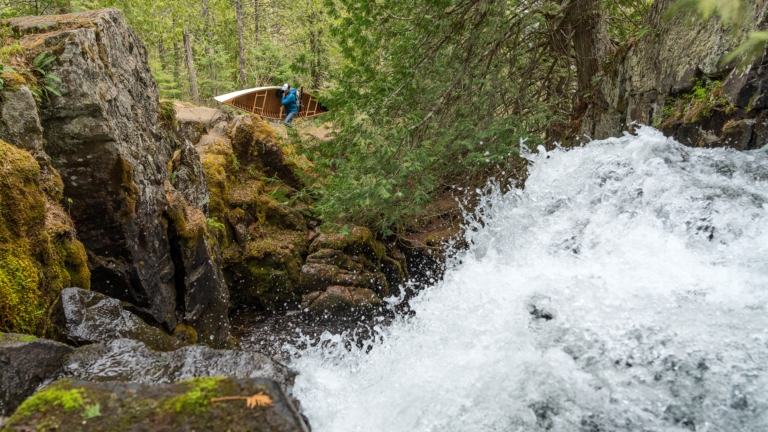
Karen Diver of the Fond du Lac Band on how protecting lands and waters can provide solutions to climate change.
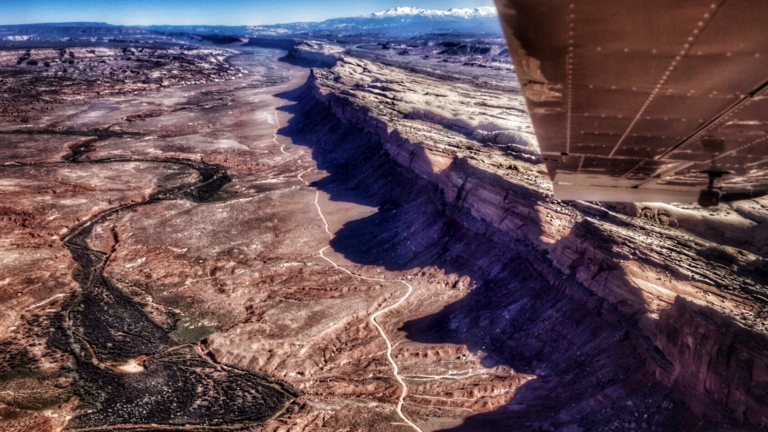
Thoughts on activism from a year of filming Public Trust.
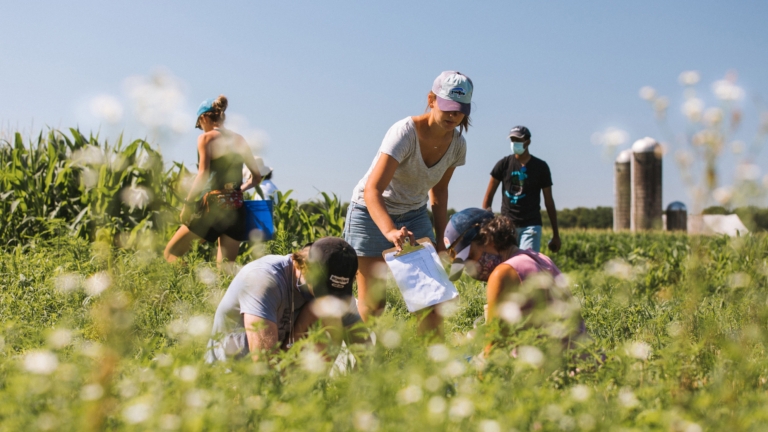
Melinda Daniels is huddled under the shelter of her purple tent waiting for the rain to start, which only seems odd when you consider the context: she’s in the middle of a farm on a blindingly sunny day.

A bold plan to kick net-pen salmon farms out for good.
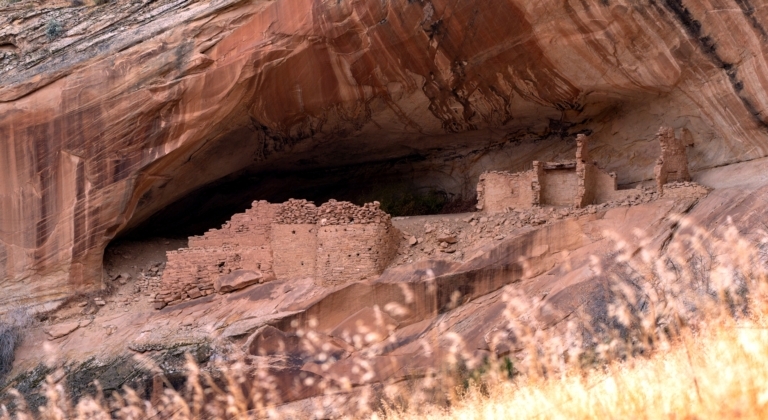
Our public lands have tremendous value above and beyond resource extraction. Here’s why they’re worth protecting.
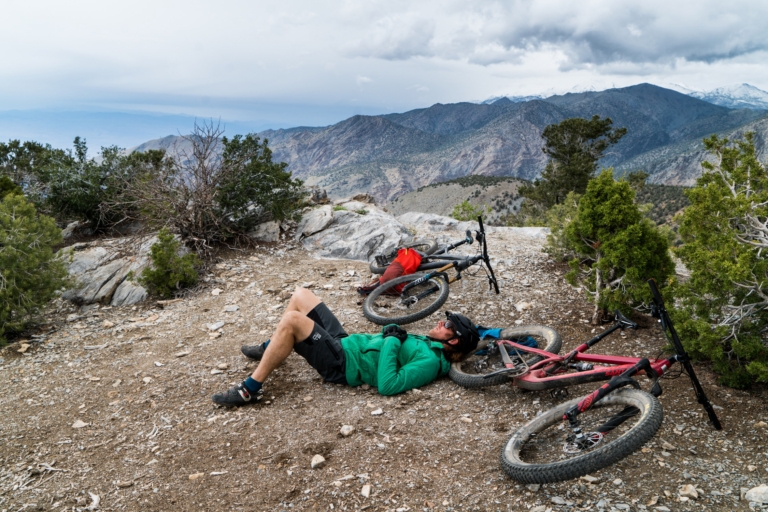
BIKE Magazine contributing editor Michael Ferrentino on our perceived right to ride wherever we want.
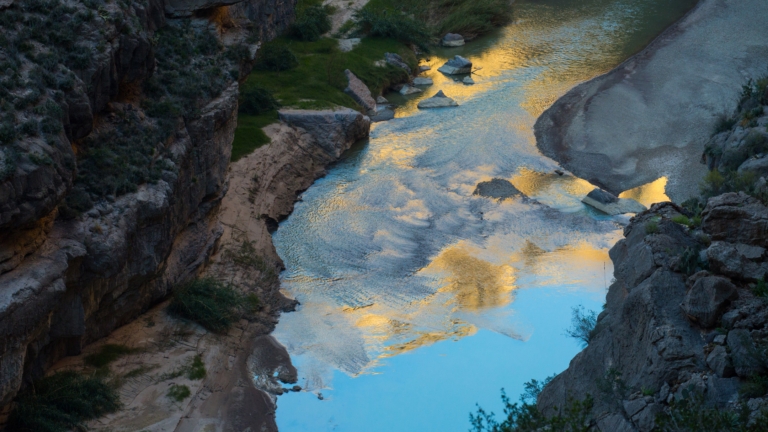
“One way to open your eyes is to ask yourself, ‘What if I had never seen this before? What if I knew I would never see it again?’” —Rachel Carson.
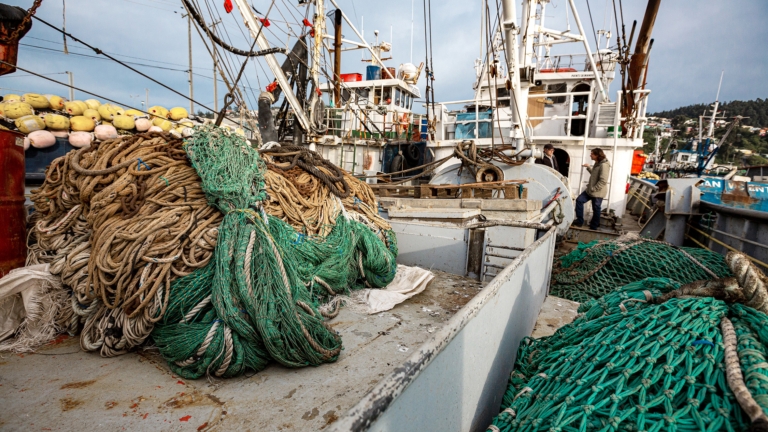
How discarded plastic fishing nets found their way into our hat brims.
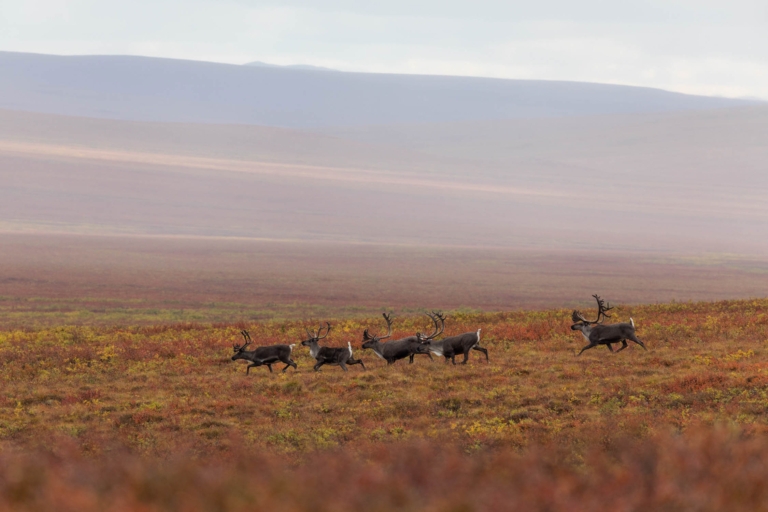
A photographer learns what it means to be an ally while on assignment on Gwich’in lands.
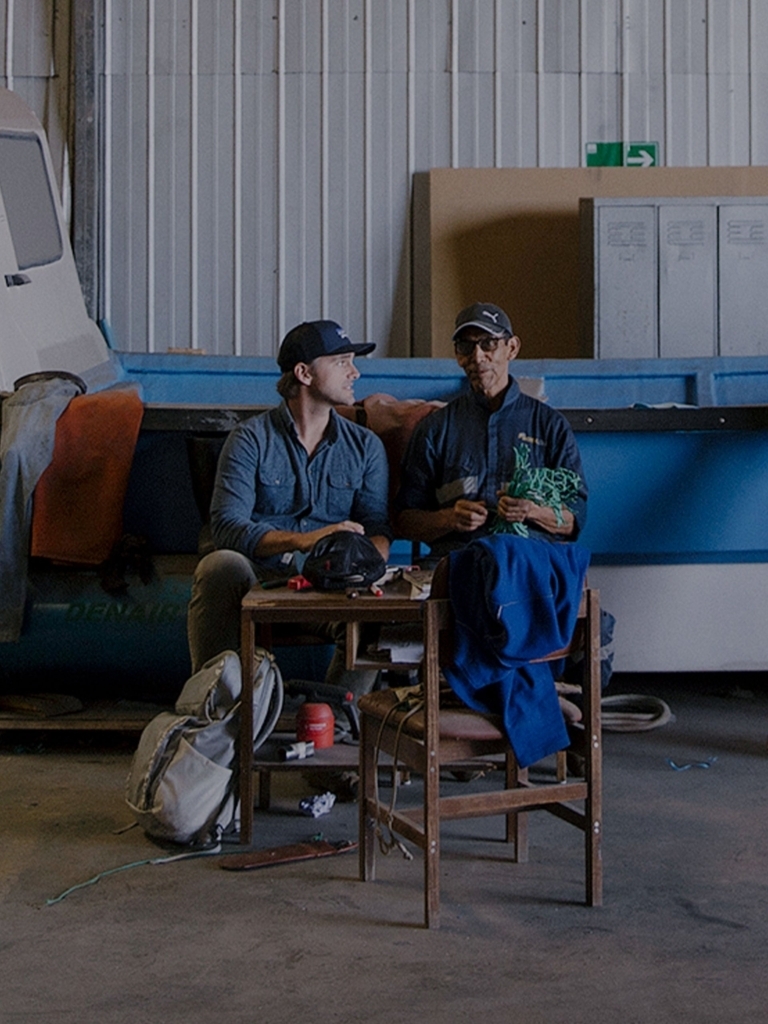
This is the story of how Bureo locked arms with Patagonia to keep 71,000 pounds of discarded fishing net waste out of the ocean each year by putting it into our hat brims. Introducing the traceable, 100% recycled NetPlus®.
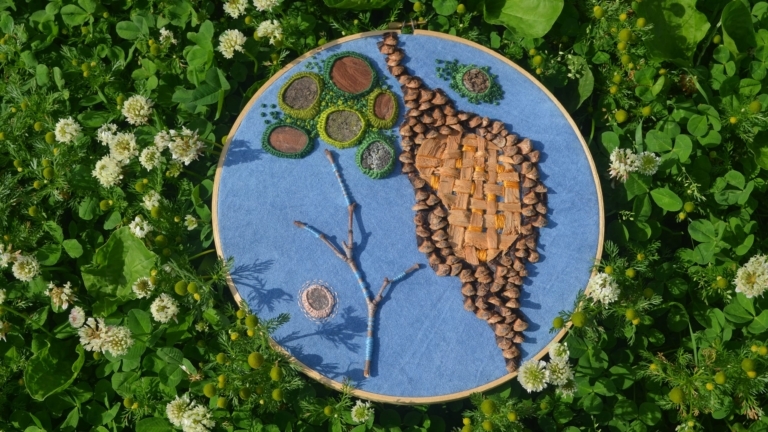
To save our home planet we must fall in love with it. What’s holding us back?
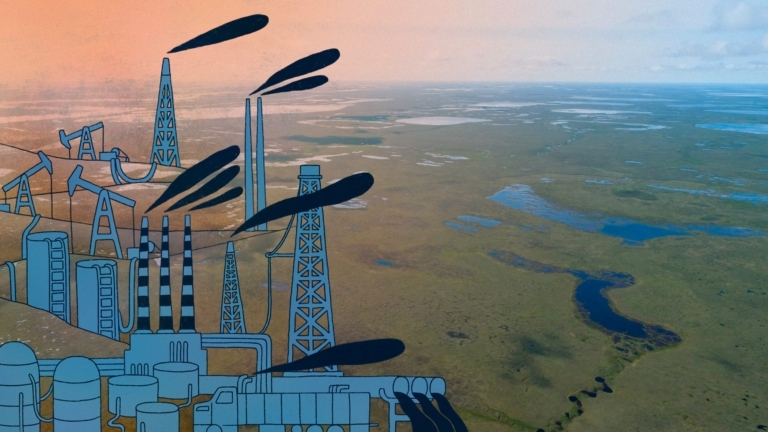
“This whole process of virtual public hearings during a global crisis is an injustice to my community.”
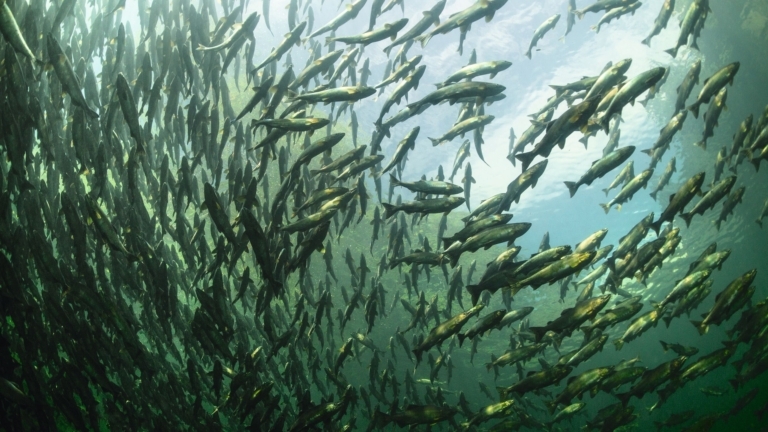
The fish’s struggle for survival is a fight not only for itself but for the health of the planet. An excerpt from Salmon: A Fish, the Earth, and the History of Their Common Fate.
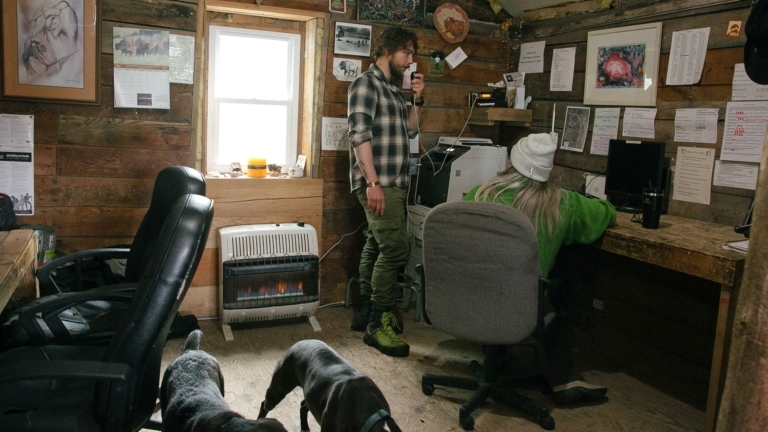
Ways you can keep up the fight for our planet, and feel less alone.
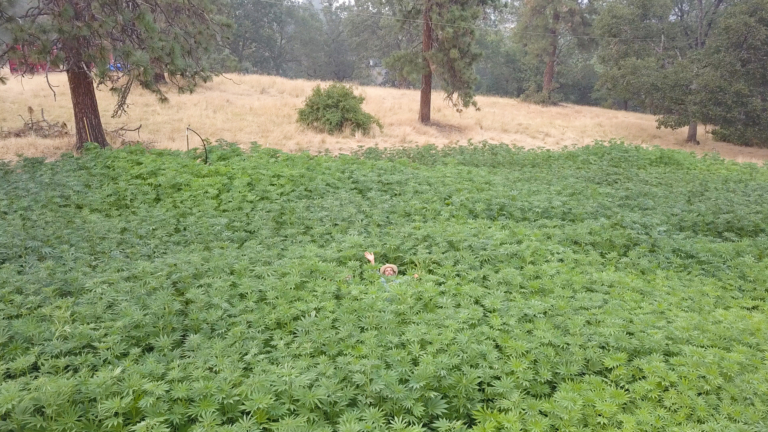
A bona fide American hemp farmer and entrepreneur shares his stash—a guide to farming hemp with tips for planting, growing, harvesting and processing.
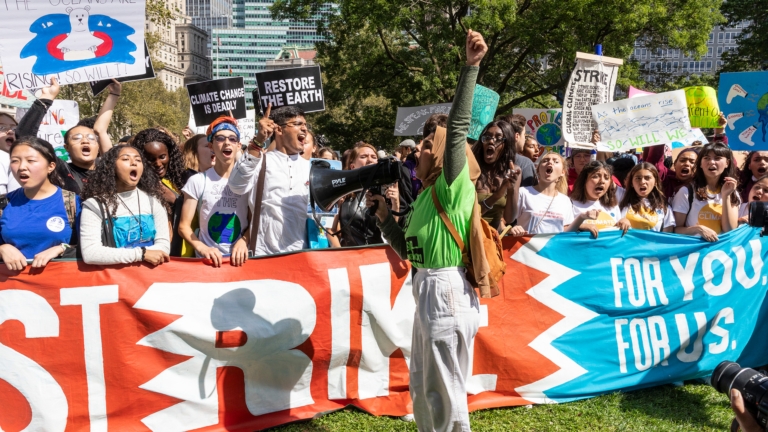
As the world grapples with the effects of the pandemic, climate activists continue to fight for our future.
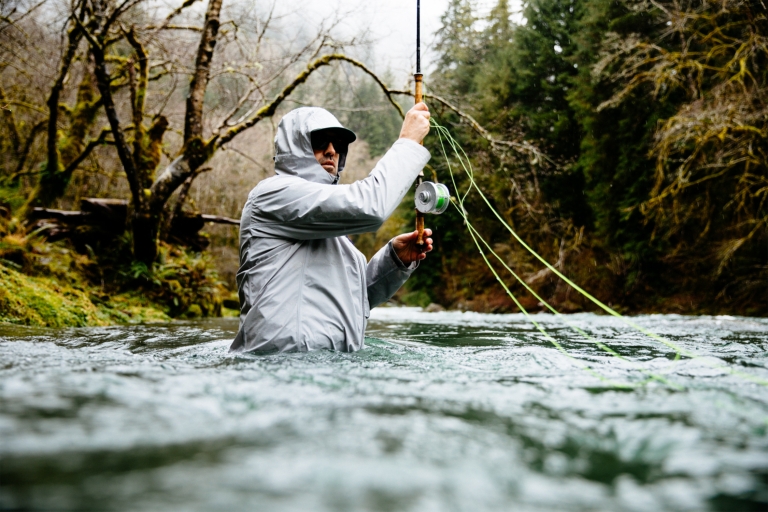
Feature: Squeaky Wheels, Wild Fish and Carrot Sticks
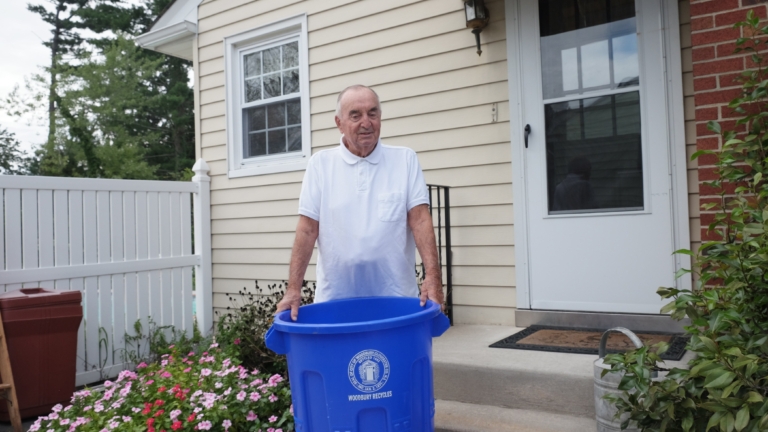
Donald Sanderson launched the country’s first mandatory curbside recycling program in Woodbury, New Jersey, in 1980. The recycling landscape has since changed. A lot. Is it still worthwhile?
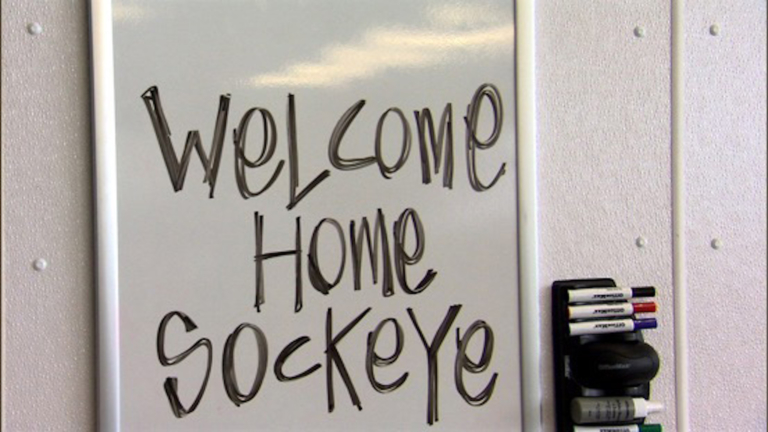
After a century of conflict on the Columbia between salmon and dams, the fates of these two iconic energy systems are now intertwined.
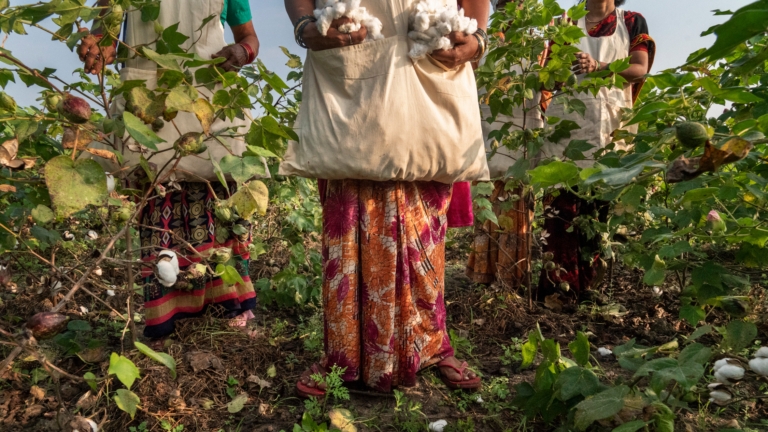
This is a test to grow our clothes differently.
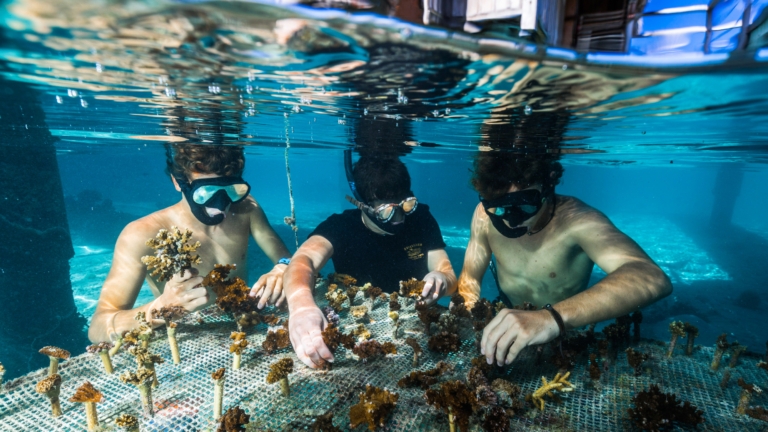
With oceans getting warmer and more acidic, a group of divers are planting baby corals to restore the dying coral reefs.
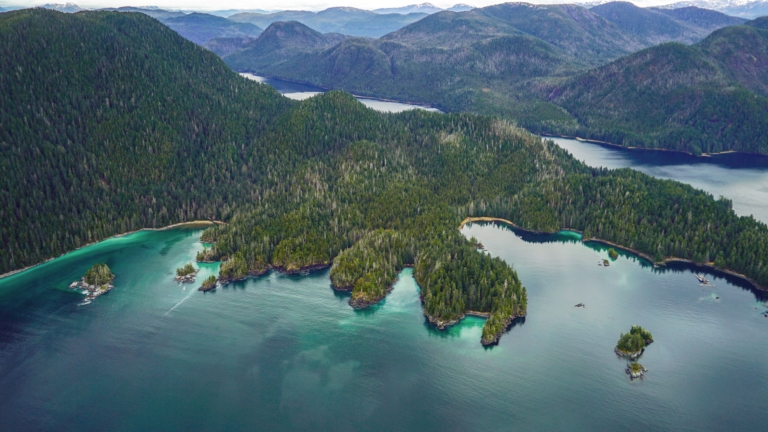
Southeast Alaskans are on the front line of the fight to protect the Tongass National Forest from logging.
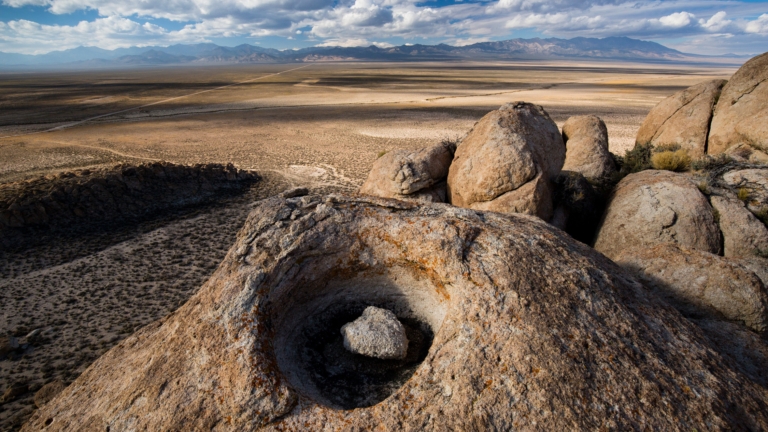
Jocelyn Torres of Conservation Lands Foundation on the power of grassroots lobbying and voting for public lands.
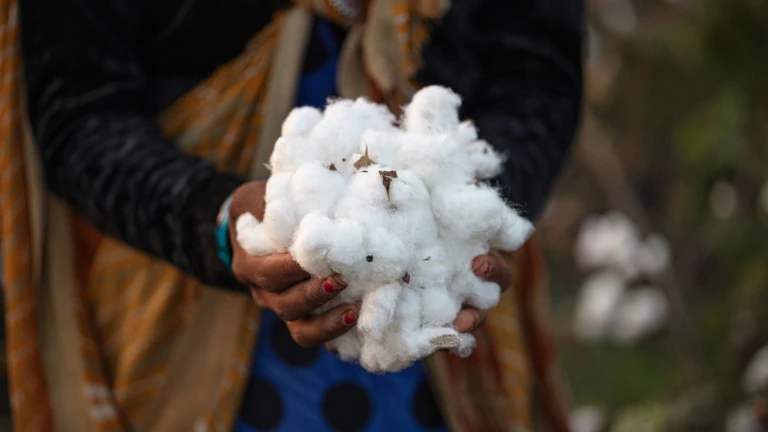
Can a cotton T-shirt really help stop the climate crisis?
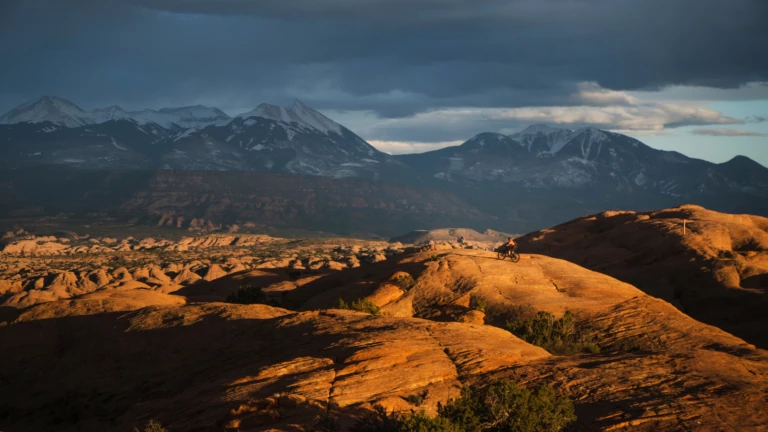
The Slickrock Trail, in Moab, Utah, is one of the most popular mountain bike rides in the world. Now, under a recent BLM decision, it could also be opening to oil and gas drilling.
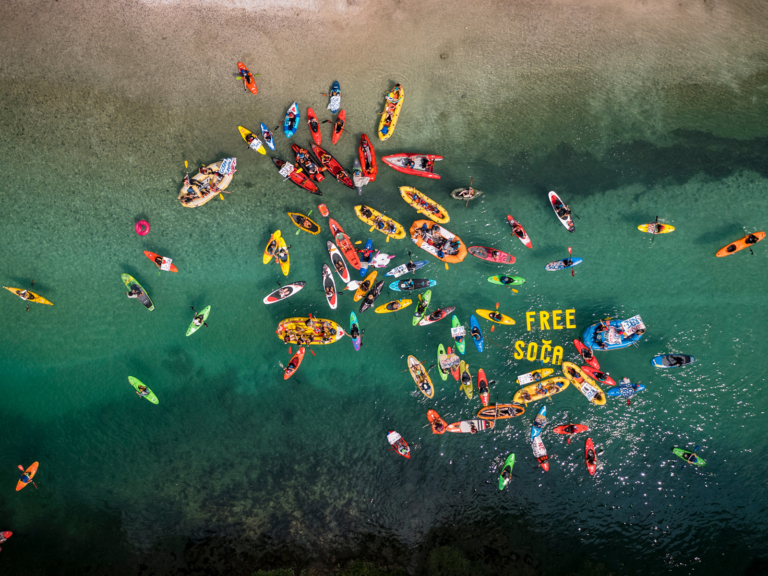
She was searching for a role with a nonprofit that takes a nontraditional approach to nature conservation. She found it in her inbox.
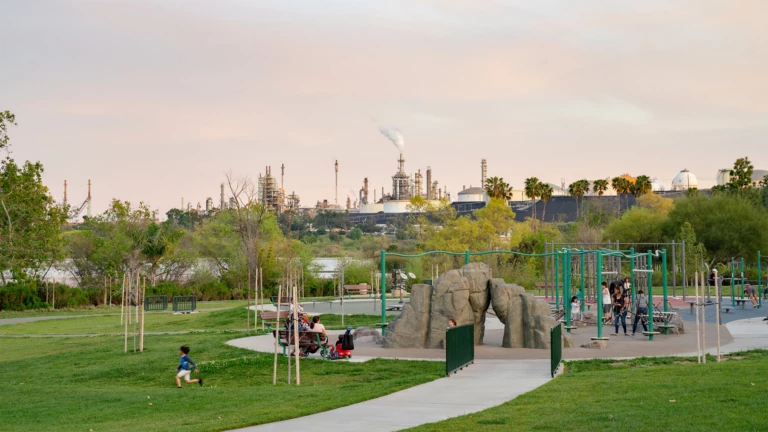
Mustafa Santiago Ali talks with Naomi Hollard of Sunrise Movement about the power of cross-class and multiracial movements and the mandate for environmental justice.
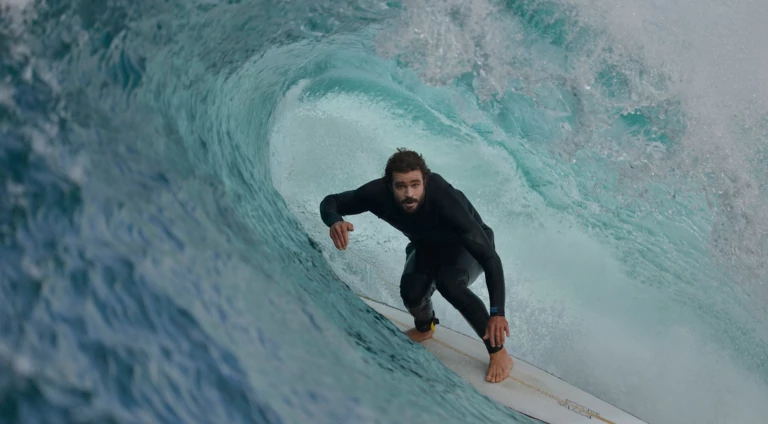
While Australia burns, its government is greenlighting oil drilling in the unspoiled Great Australian Bight. But surfers and coastal communities are saying no—and uniting to keep Big Oil out.
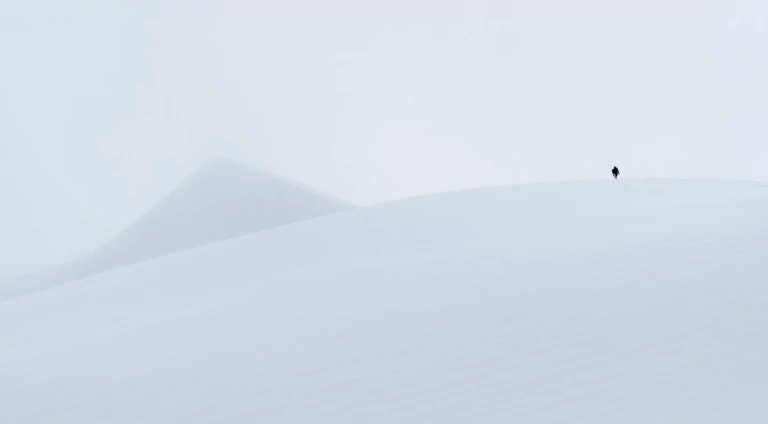
Predawn on April 4, 2019. There’s hardly any snow in the mountains. Worst year in recent history, the locals are saying. We’re loading boxes of food onto the ferry, preparing to board the Alaska Marine Highway from Juneau to Haines. “It’s southeast Alaska, you never know,” Ryland Bell says. “It might rain for 90 days…
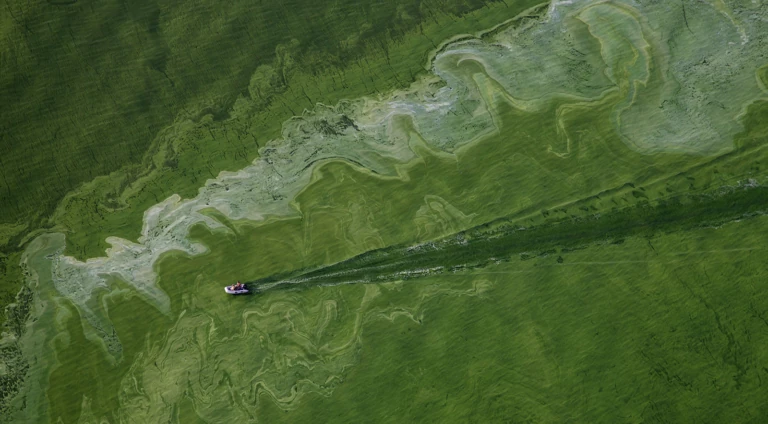
My family arrived in Ohio from Jamaica in the mid-1970s, during a time of environmental turmoil. The previous decade had brought to light significant issues around the treatment of land and water in the United States. The Cuyahoga River, which flows into Lake Erie, caught fire in 1969 due to excessive oil coating its surface.…
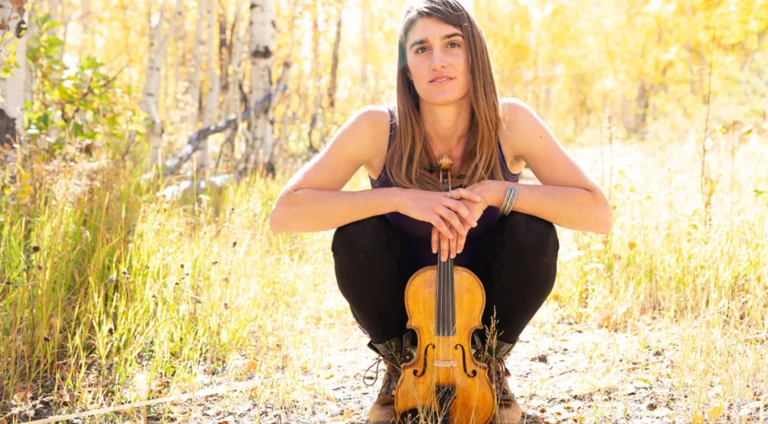
Understanding human behaviors that lead to overconsumption, and what we might do to transform them.
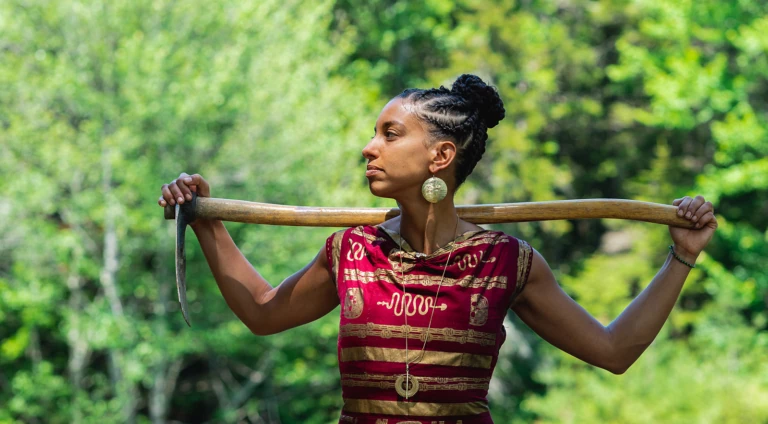
A conversation with Leah Penniman, author of Farming While Black.
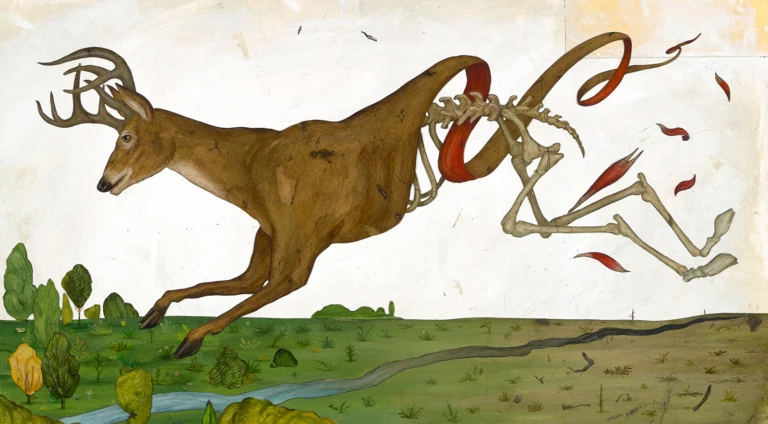
A round of applause and a hurrah of thanks for President Donald Trump: he’s finally bringing the Endangered Species Act (ESA) the attention it deserves! Last fall, the president announced a number of administrative “rule changes” to the ESA, changes that may sound trivial, but which attack the intent and letter of the law. Trump,…
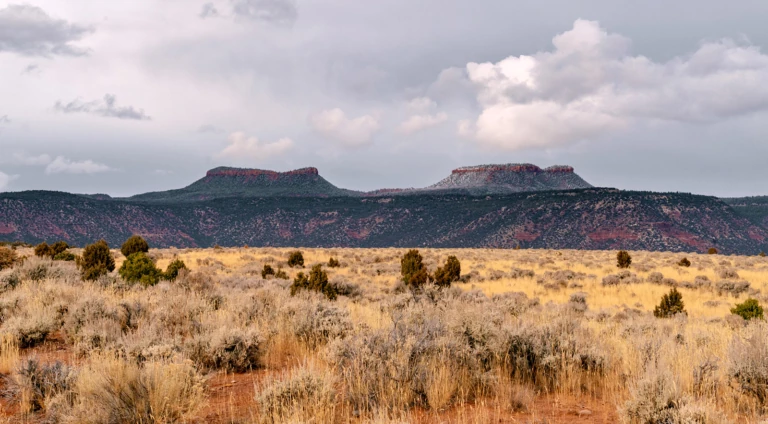
The dos and don’ts of visiting Bears Ears National Monument.
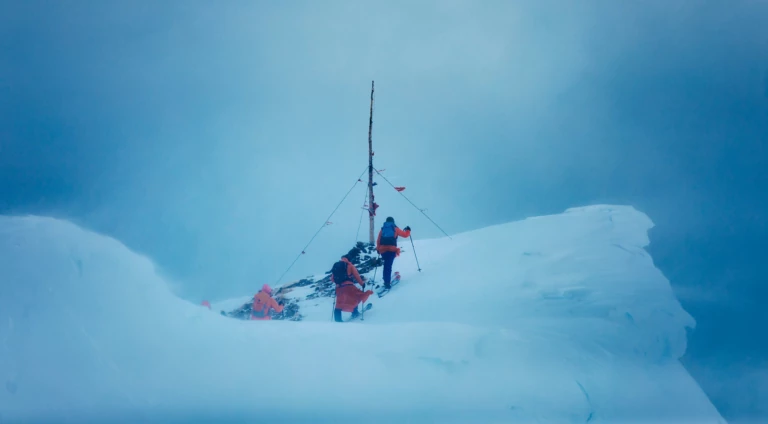
A mining company owns the mineral rights to a Colorado mountain. For 42 years, the Red Ladies have been showing up—and dressing up—to keep the mountain wild.
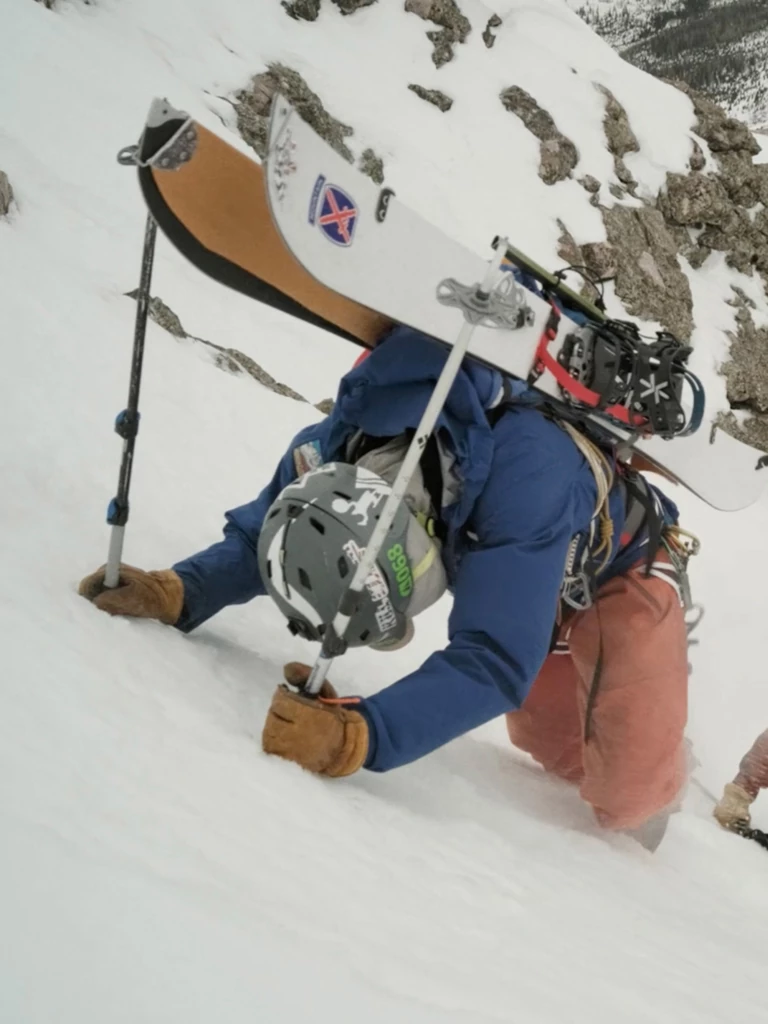
Former Navy SEAL Josh Jespersen battles the destruction of wild places he served to protect.
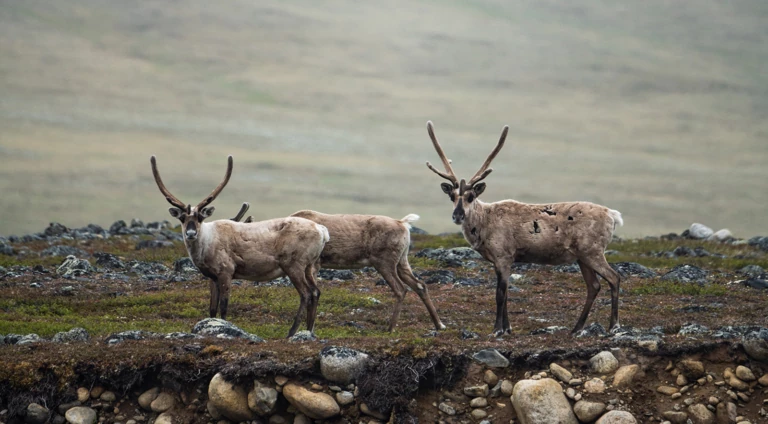
Gwich’in youth play an important role in protecting the Arctic National Wildlife Refuge.
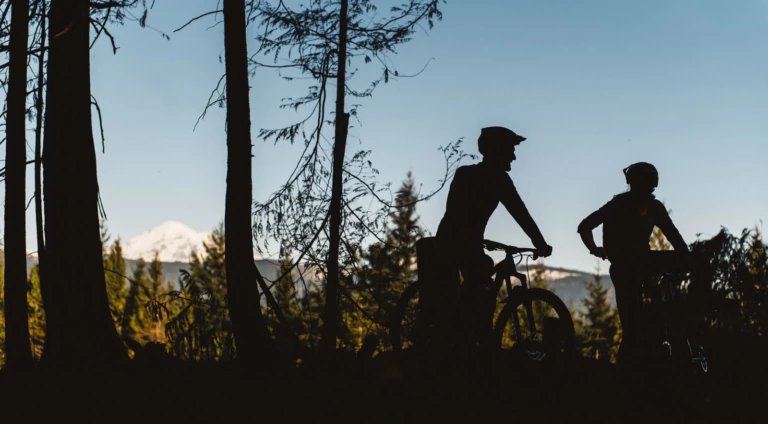
In the 1980s, a group of cyclists in Washington banded together to protect their local trails from illicit activities; 30 years later, that momentum has reshaped the city and preserved a watershed.
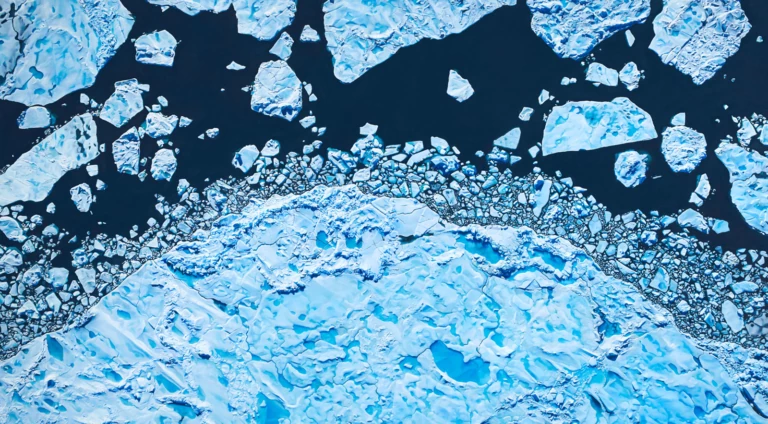
It’s fascinating to hear Zaria Forman talk about ice, especially the way that it sounds. She describes the way it rumbles and thunders and cracks, even when you can’t see anything. It crackles and pops like breakfast cereal on high volume. “Ice crispies,” she calls it. “It’s a really beautiful sound.” Polar ice is possibly…
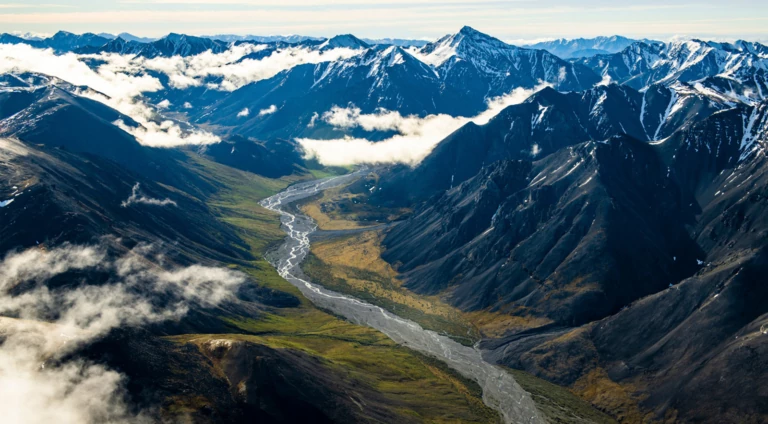
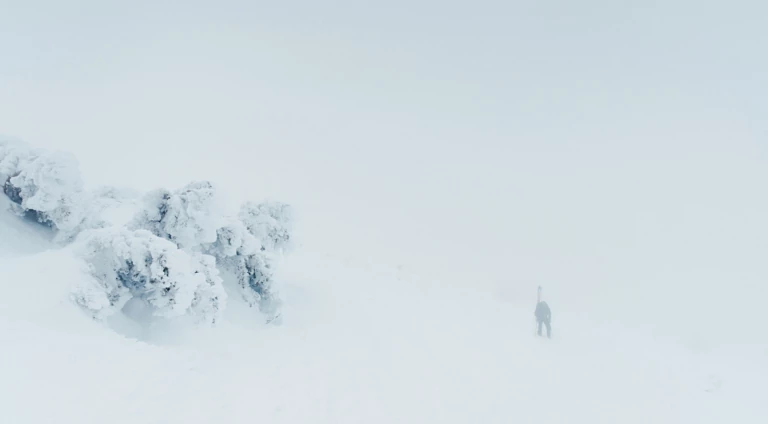
Snow and icy rime break from the porous black volcanic ridgeline crackling beneath my feet. Gale-force updrafts from the gullied ridges below whip the skis and splitboards strapped to our backs. Each gust forces us to step toward the cornice that hangs above the caldera to our right. The temperature drops steadily and our breath…
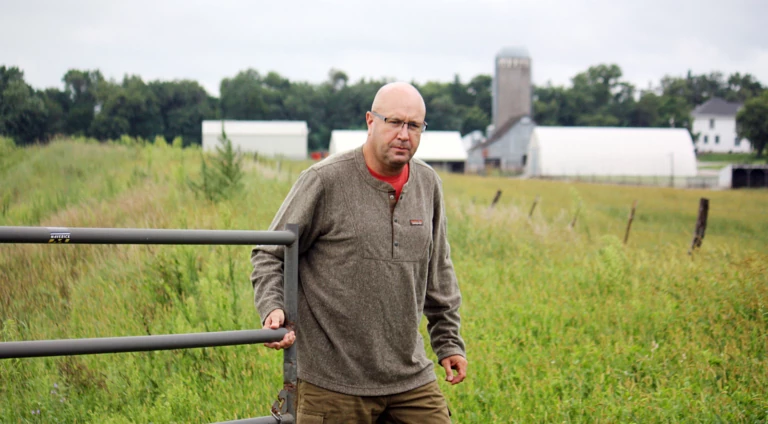
A soil junkie explains no-till practices for regenerative agriculture.
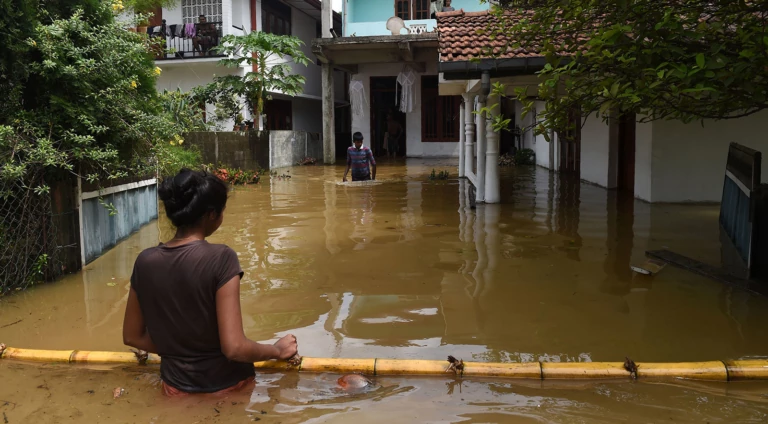
Hear “climate crisis” and you may picture a skinny polar bear stranded on a fragment of sea ice, bleached coral reefs, burning forests or maybe a world without bees. You’re not wrong: All those things (and more) are sadly unfolding or could be in the coming decades. Even more troubling, however, is that your mental…
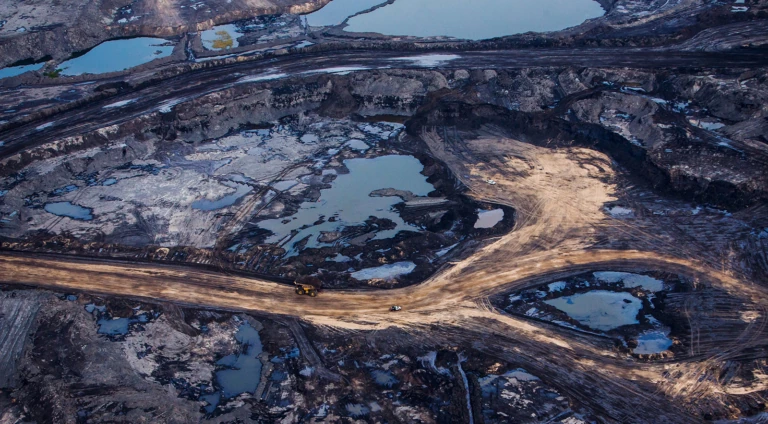
Thirteen youth climate activists are taking to the courts to protect the Mississippi River and the people who depend on it for survival. Brent Murcia crosses the lively Mississippi River every day by bridge on his walk to class at the University of Minnesota in Minneapolis. The sunset sometimes paints its gray murky waters a…
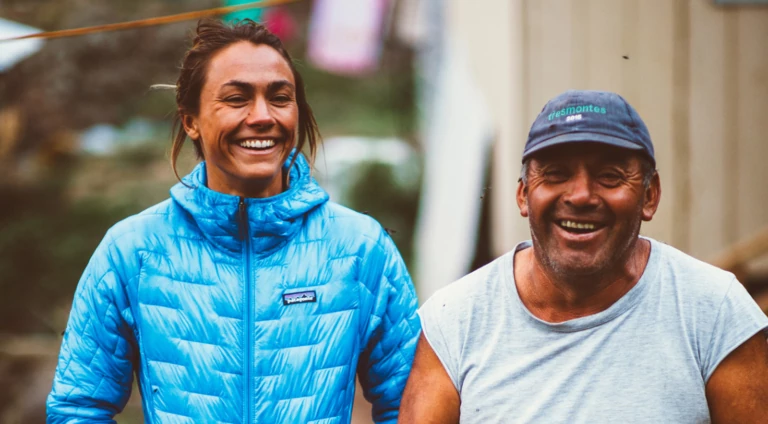
Five hundred miles off the Chilean coast, there’s a small island that carries the name of a famous castaway. It’s a stark place surrounded by thriving seas and powerful surf, and when Léa Brassy, Ramón Navarro and Kohl Christensen traveled there to ride waves, they found themselves challenged by its unruly weather and wind. But they also found that the island…
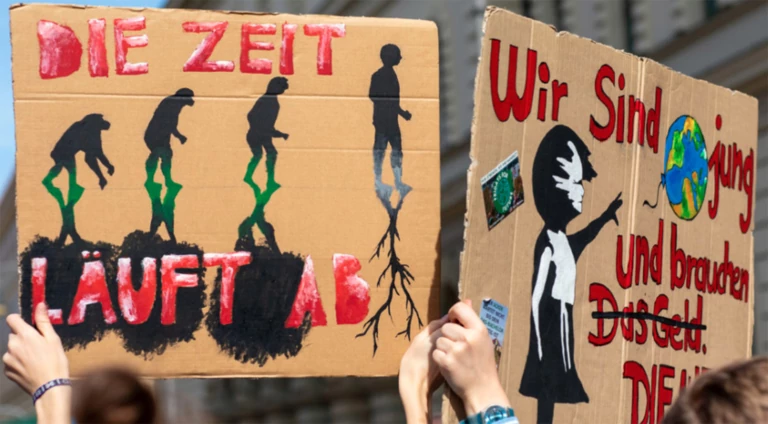
As we look back on a week of climate actions that mobilized more than 7 million people around the world, those of us who took part are asking ourselves: What next? I ask that question of myself, as a concerned citizen, as a father and as a business leader in my role at Patagonia. Between…
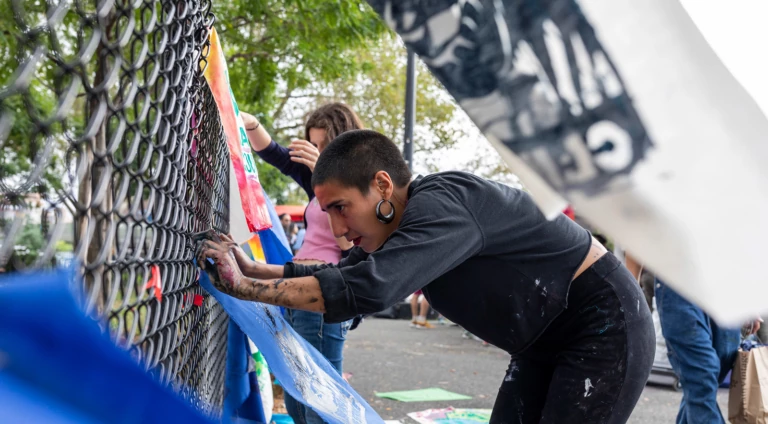
Dispatch from the youth-led Climate Strike, the largest ever climate protest in history.
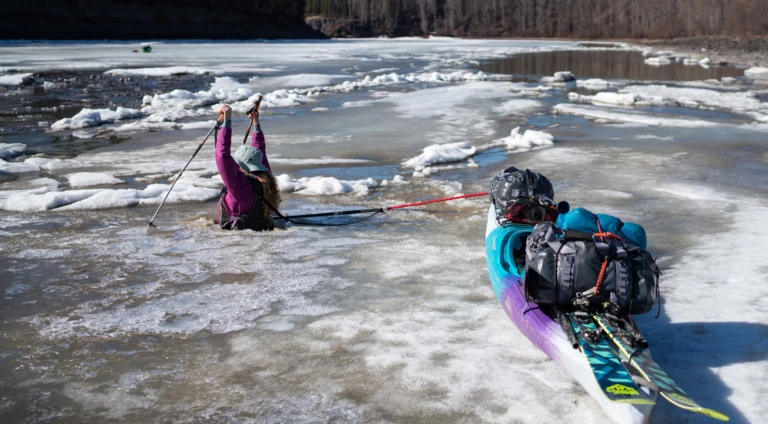
Telegraph Creek, B.C. to Wrangell, Alaska by Ski and Kayak
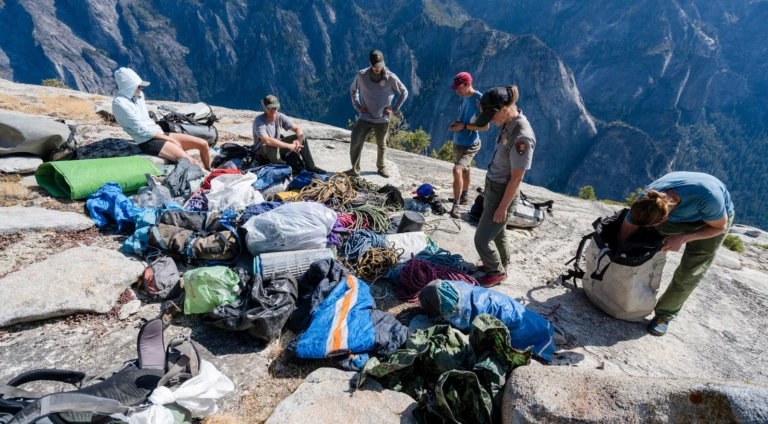
On an incredibly clear, early autumn morning, the aging Yosemite Search and Rescue (YOSAR) van bumped along Tioga Pass Road, taking precariously tight turns at an alarming speed. Twelve of us were crammed in the back, chattering and bracing ourselves against the van’s interior walls. When the road was no longer passable for vehicles, we…
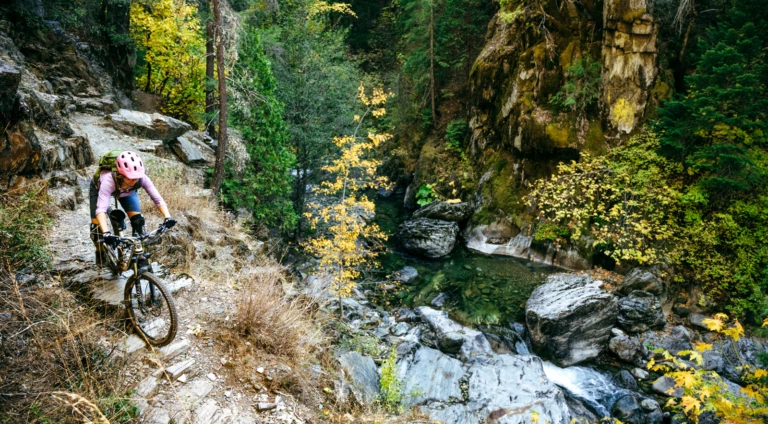
Downieville, California was once one of the richest towns in the state, but by the mid-1990s it had gone full bust—until a few local mountain bikers’ began using the local trails to breathe new life into the town, turning the former ghost town into a recreation mecca.
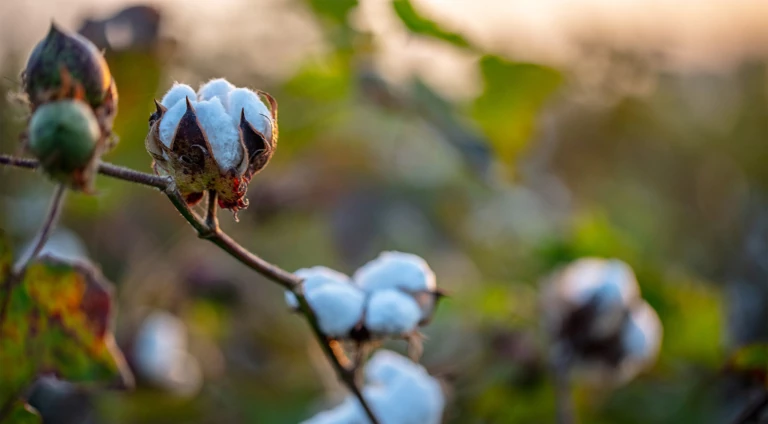
Ever since Patagonia had an office (and wasn’t just selling gear out of the back of Yvon’s car), we’ve devoted desk space, our free time and a percentage of our sales to protecting wild nature. From our travels, we knew our land, air and water was in real trouble from short-sighted profiteers. Over the years,…
